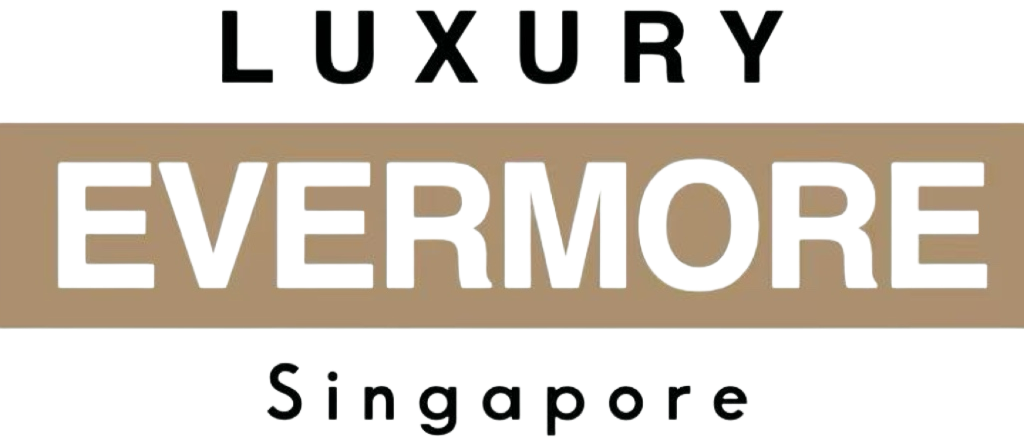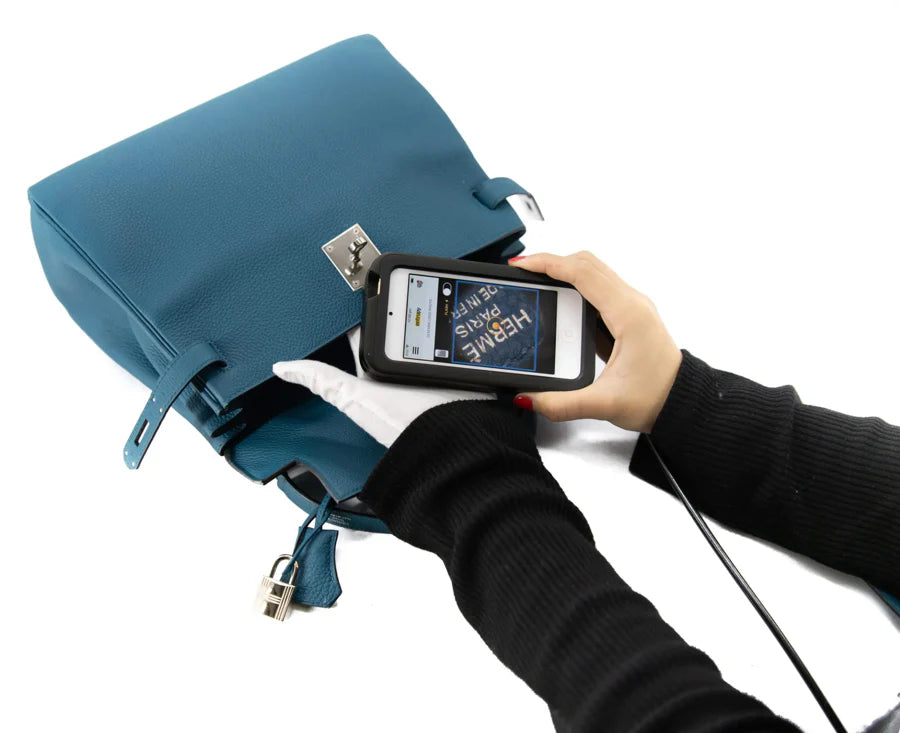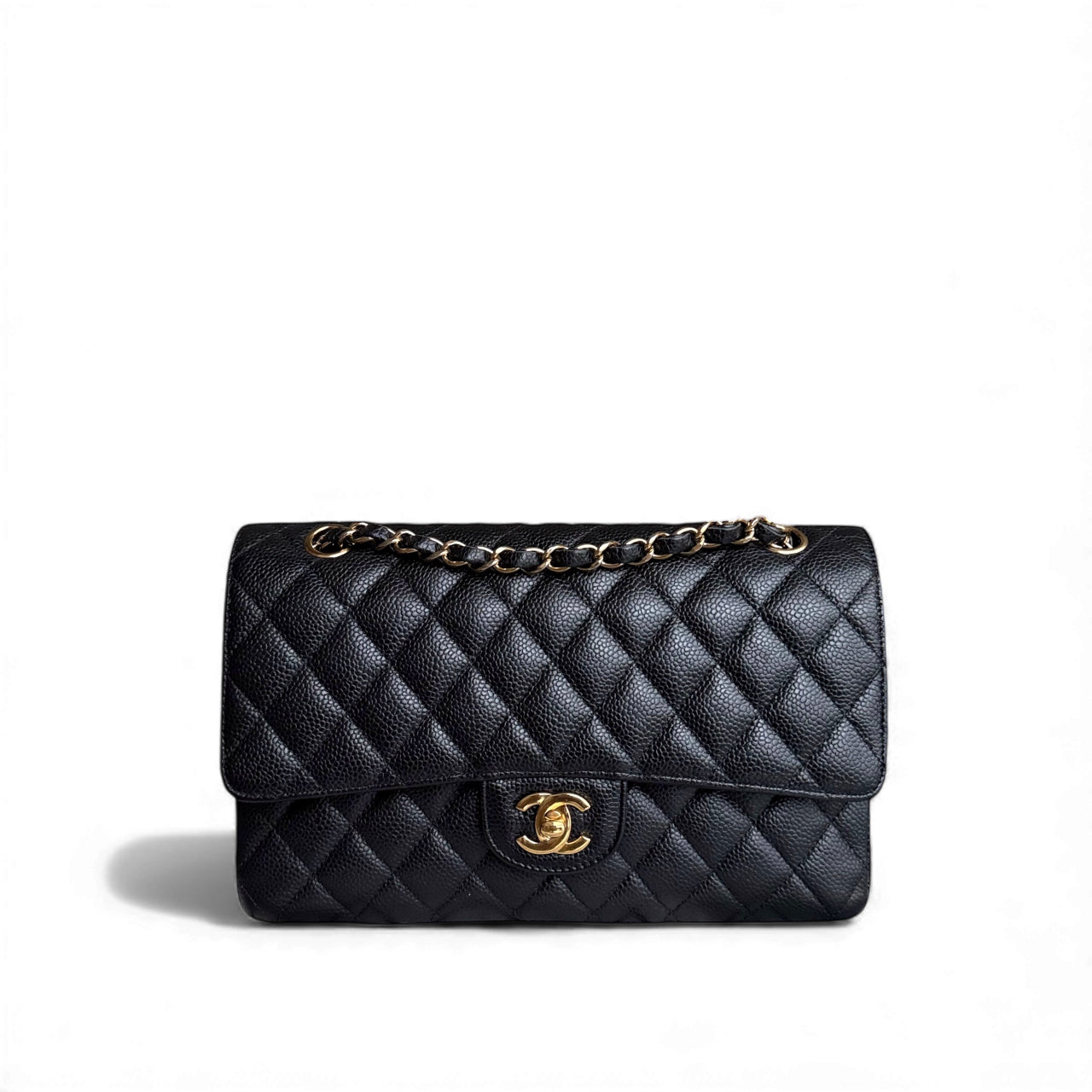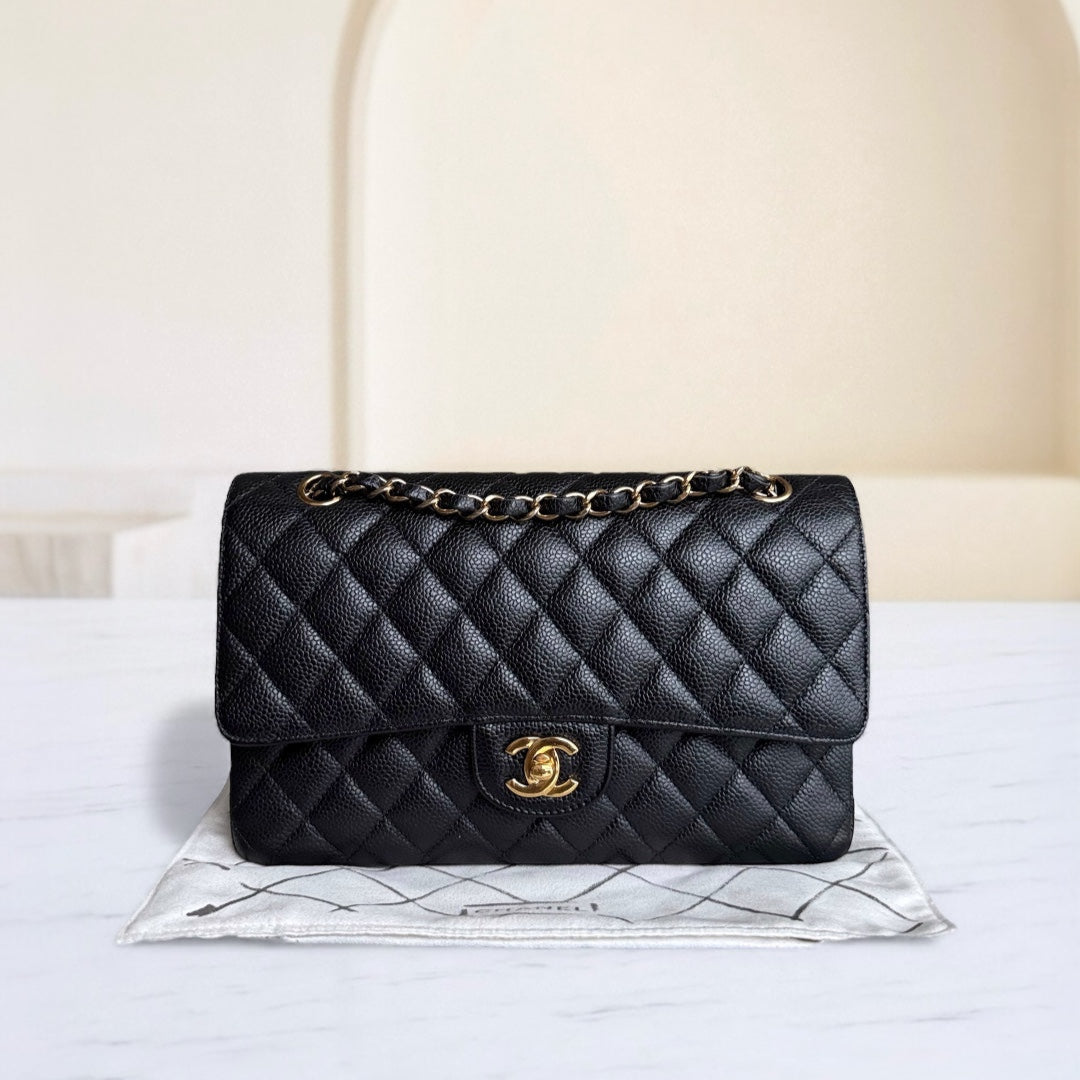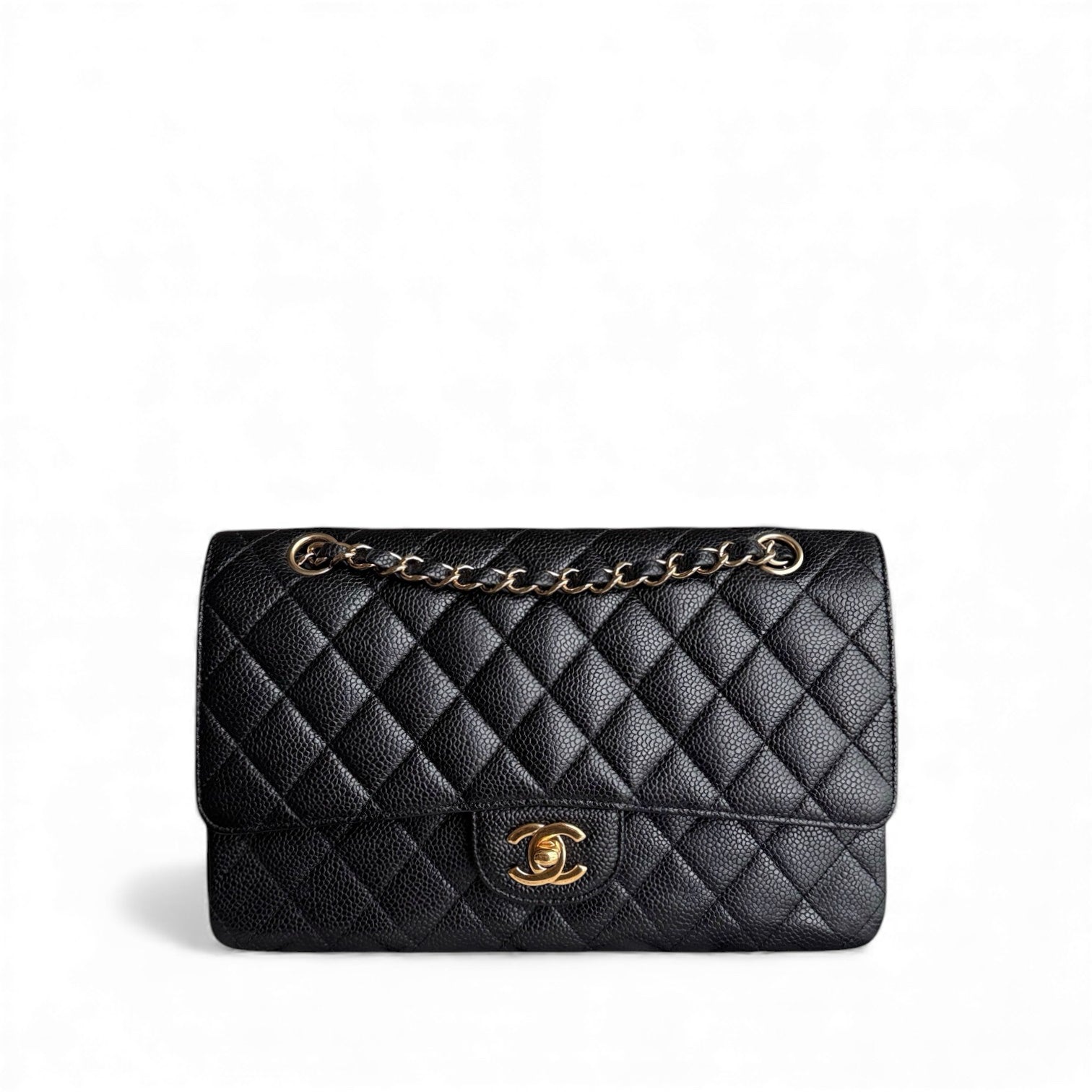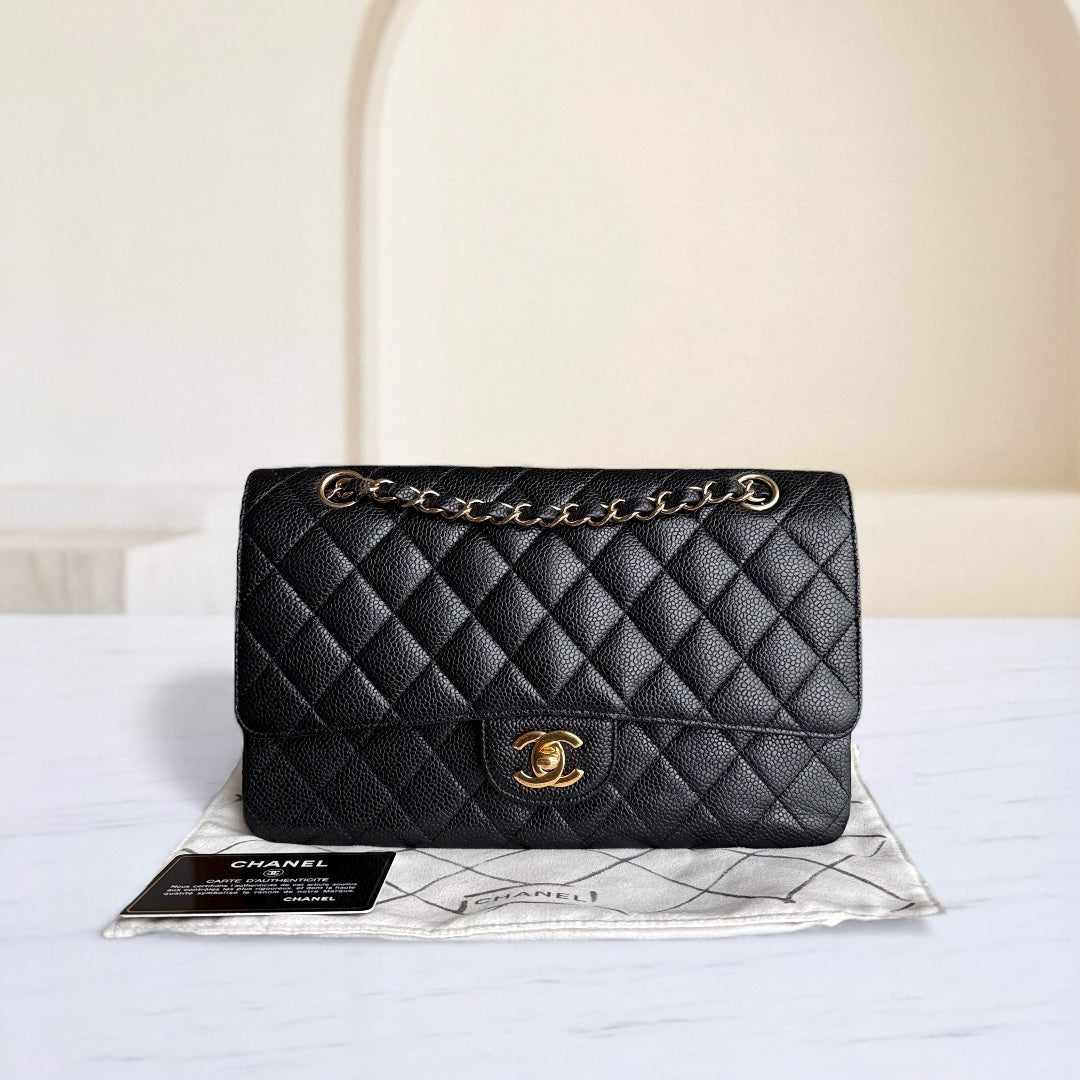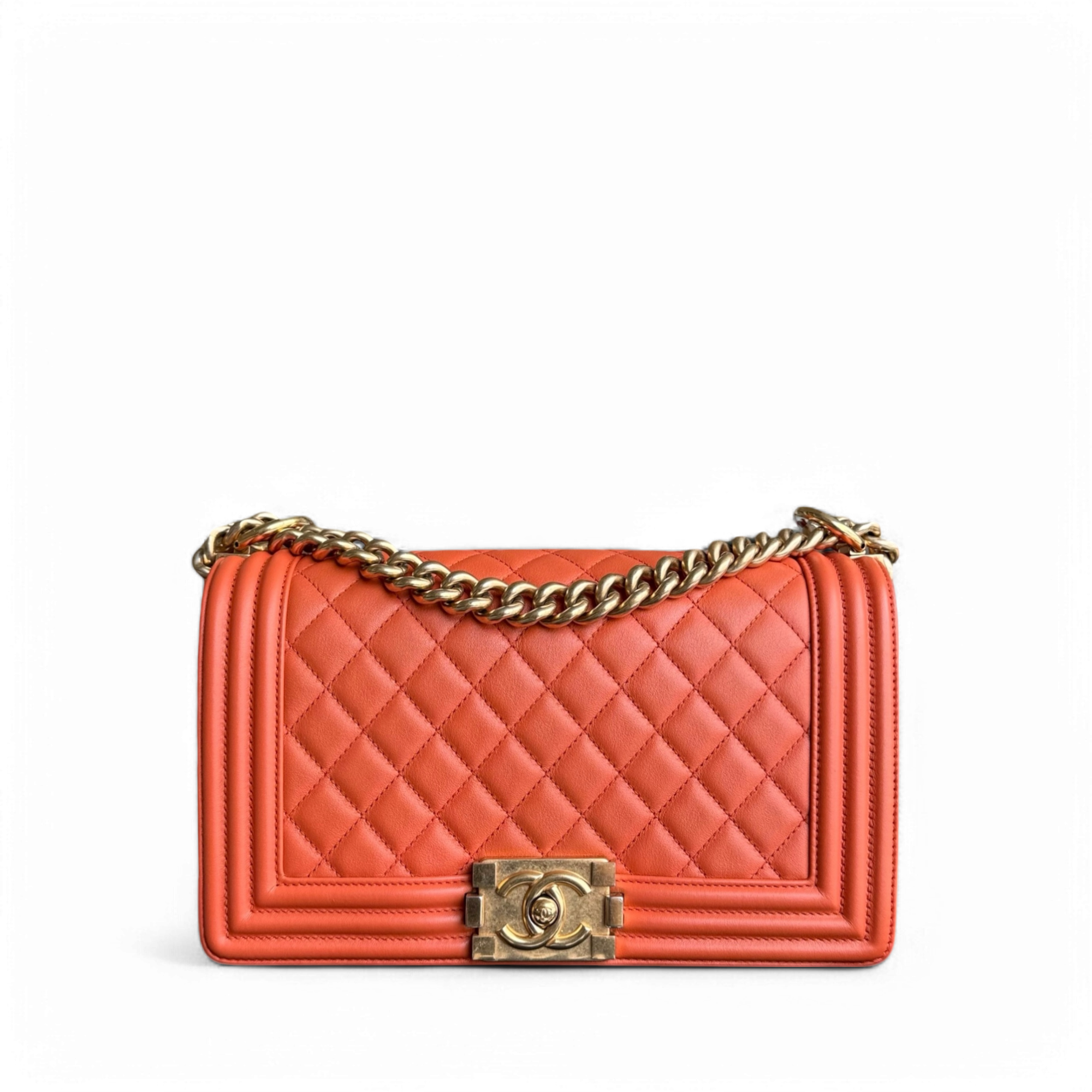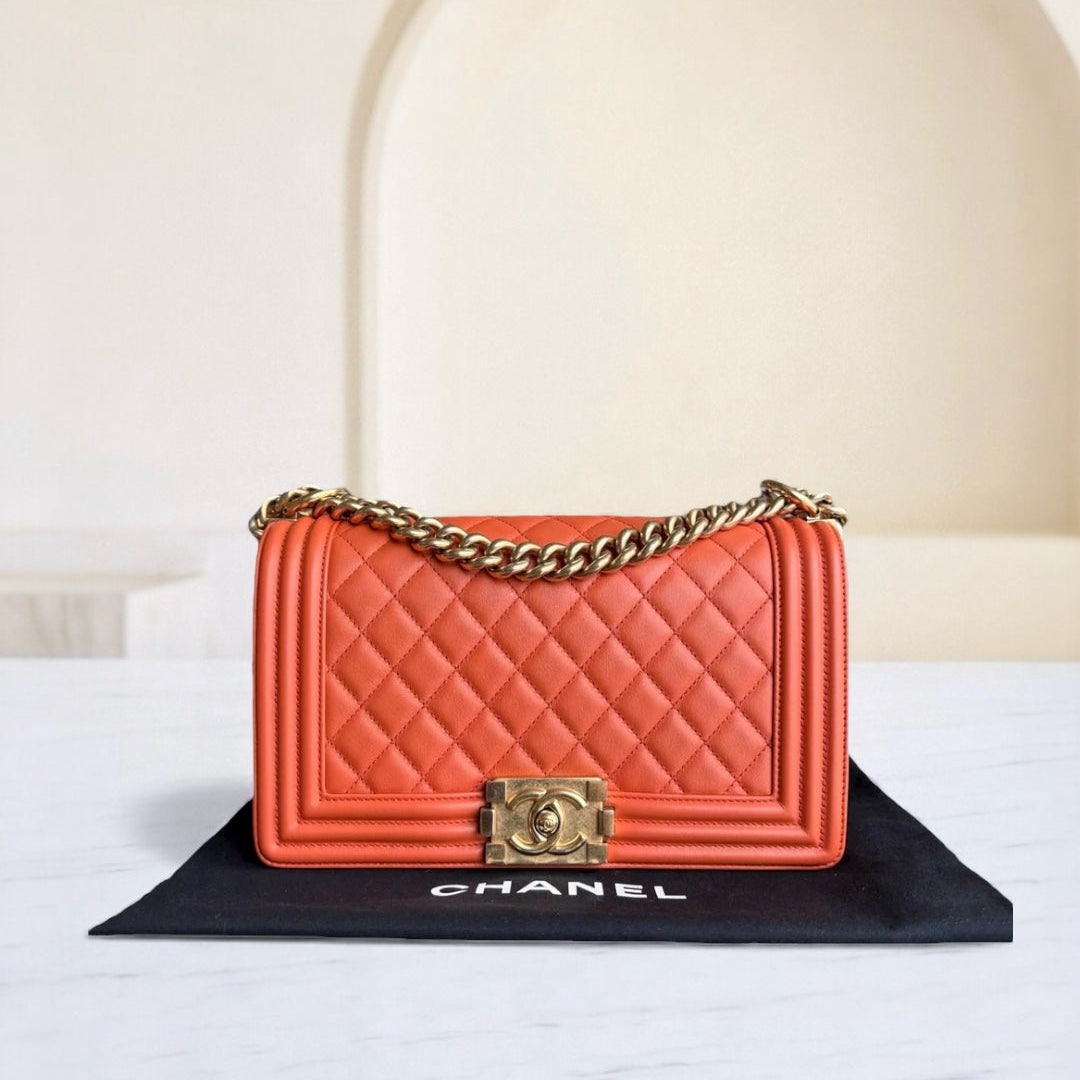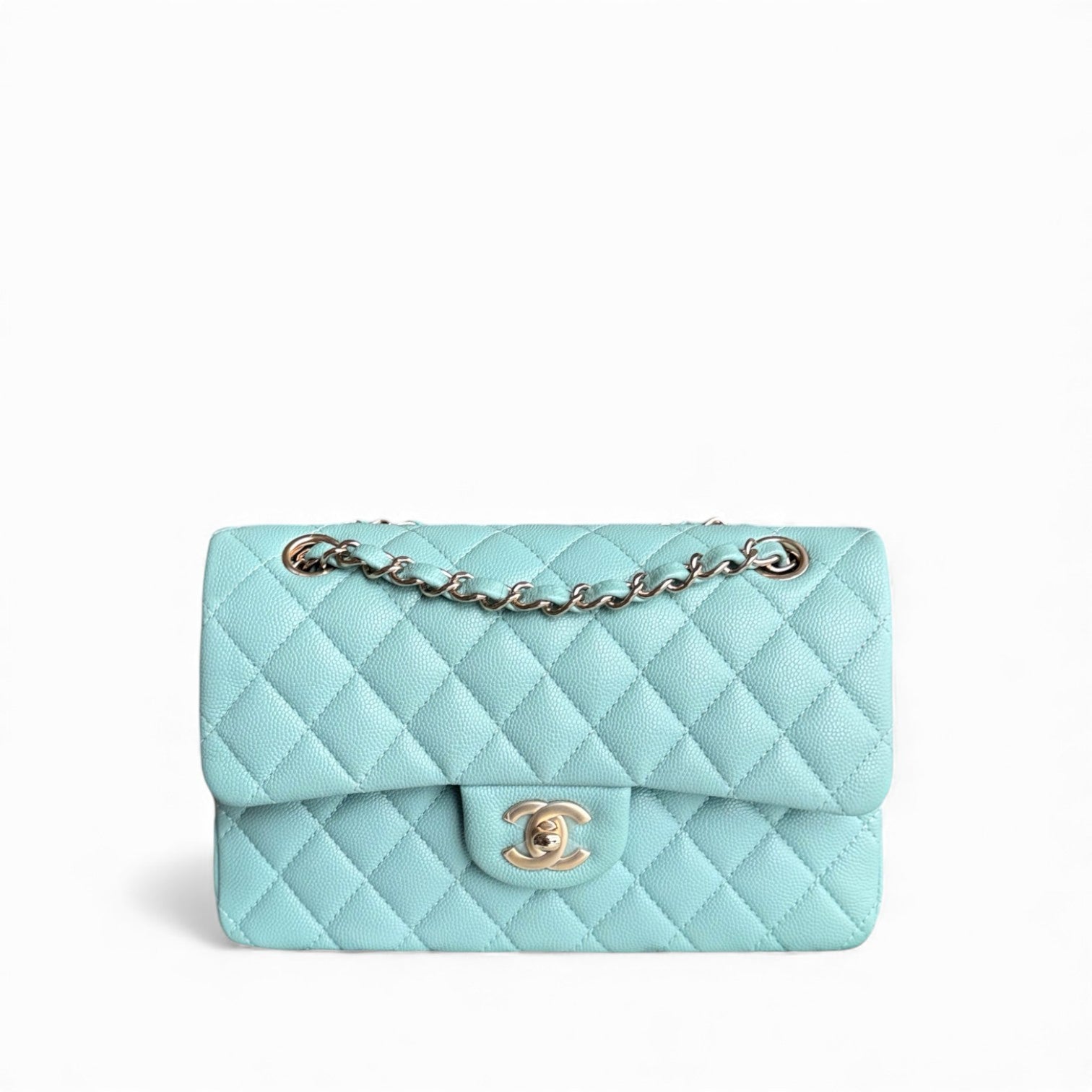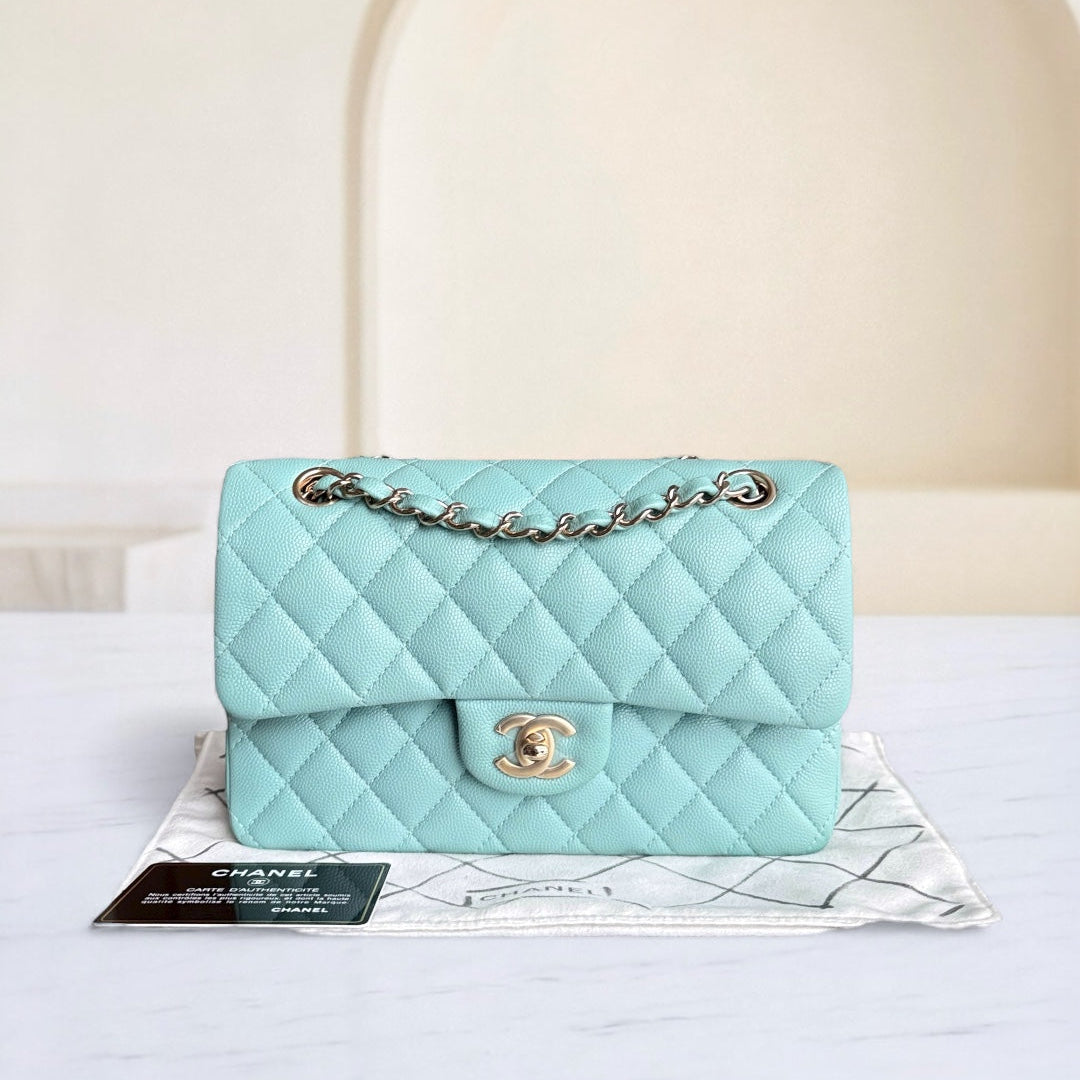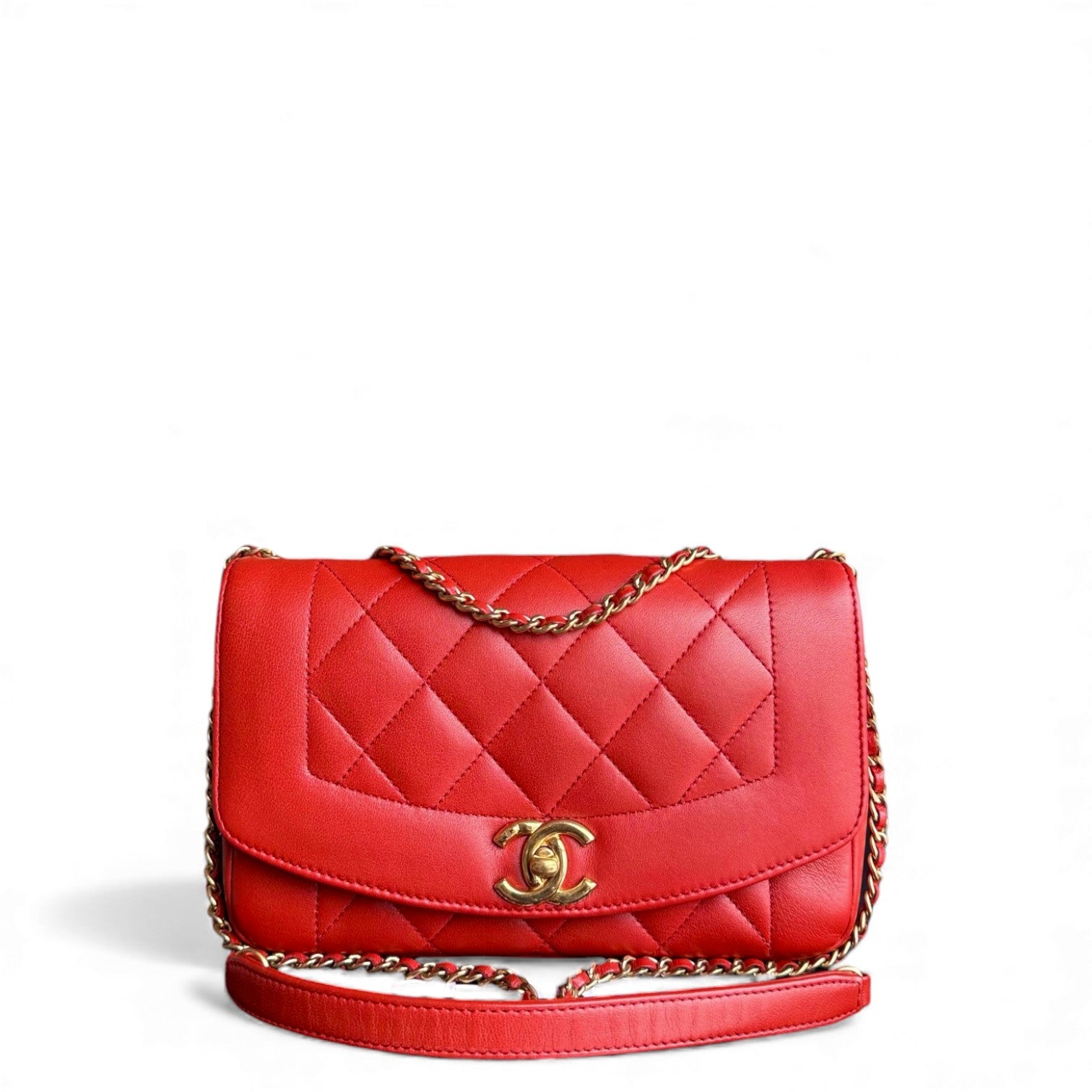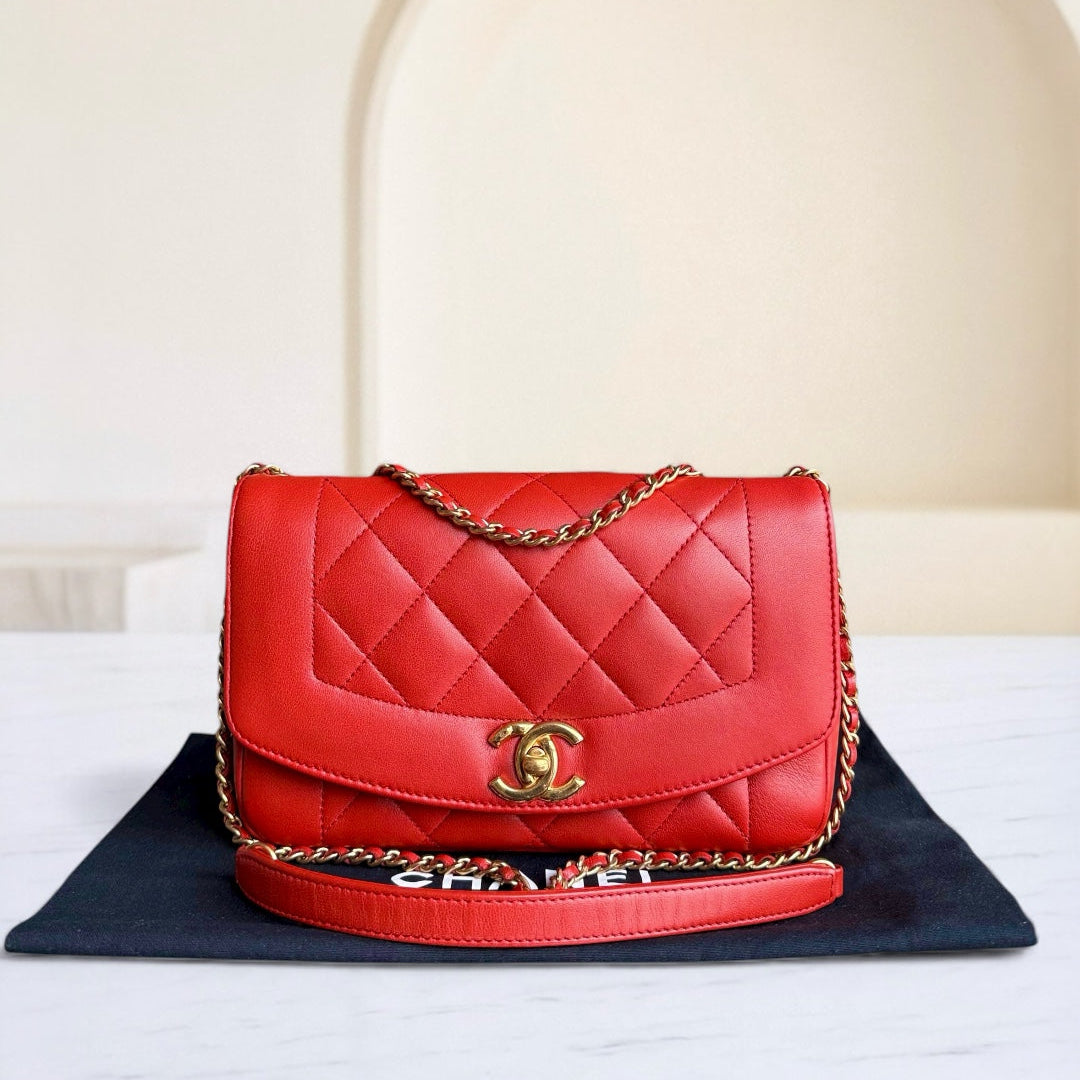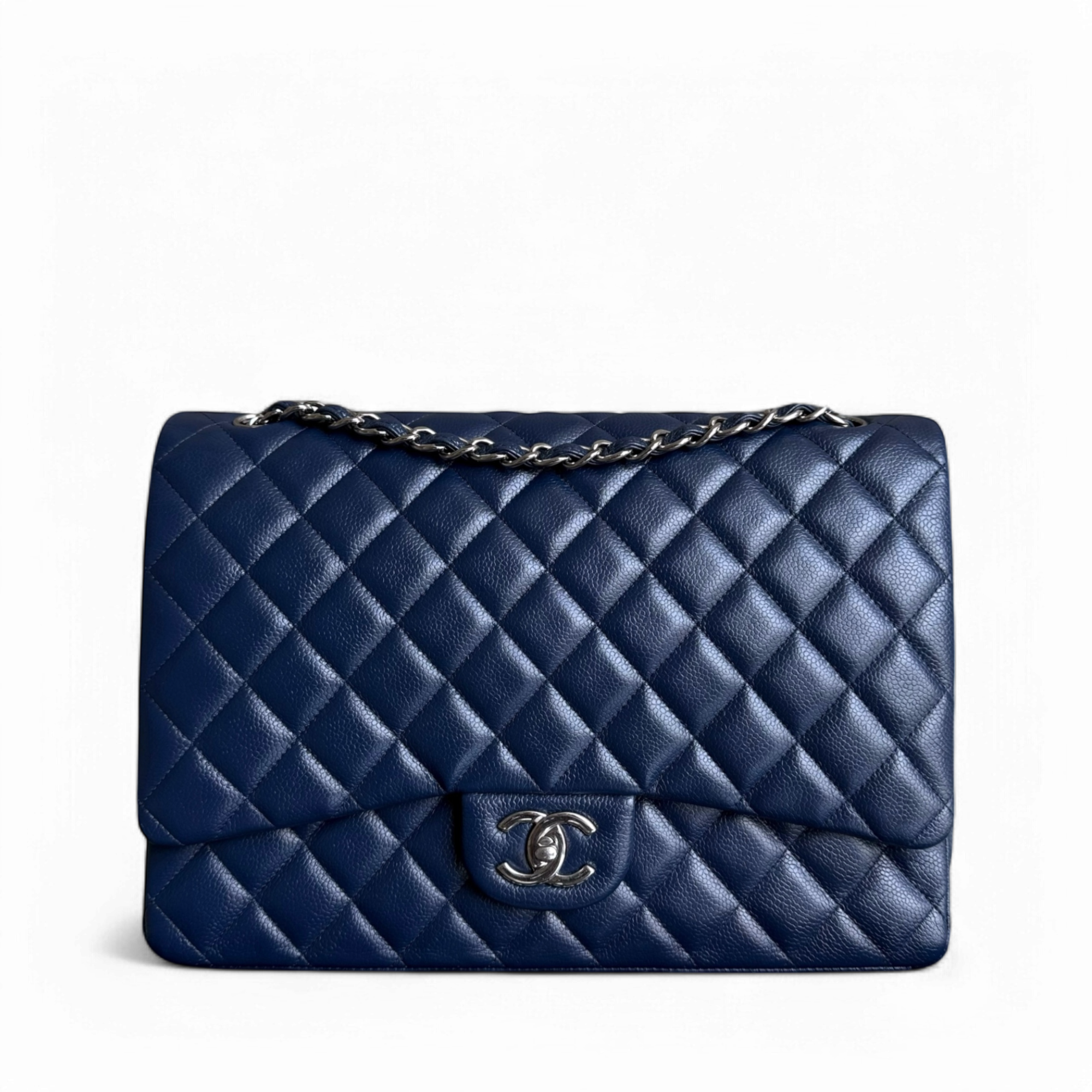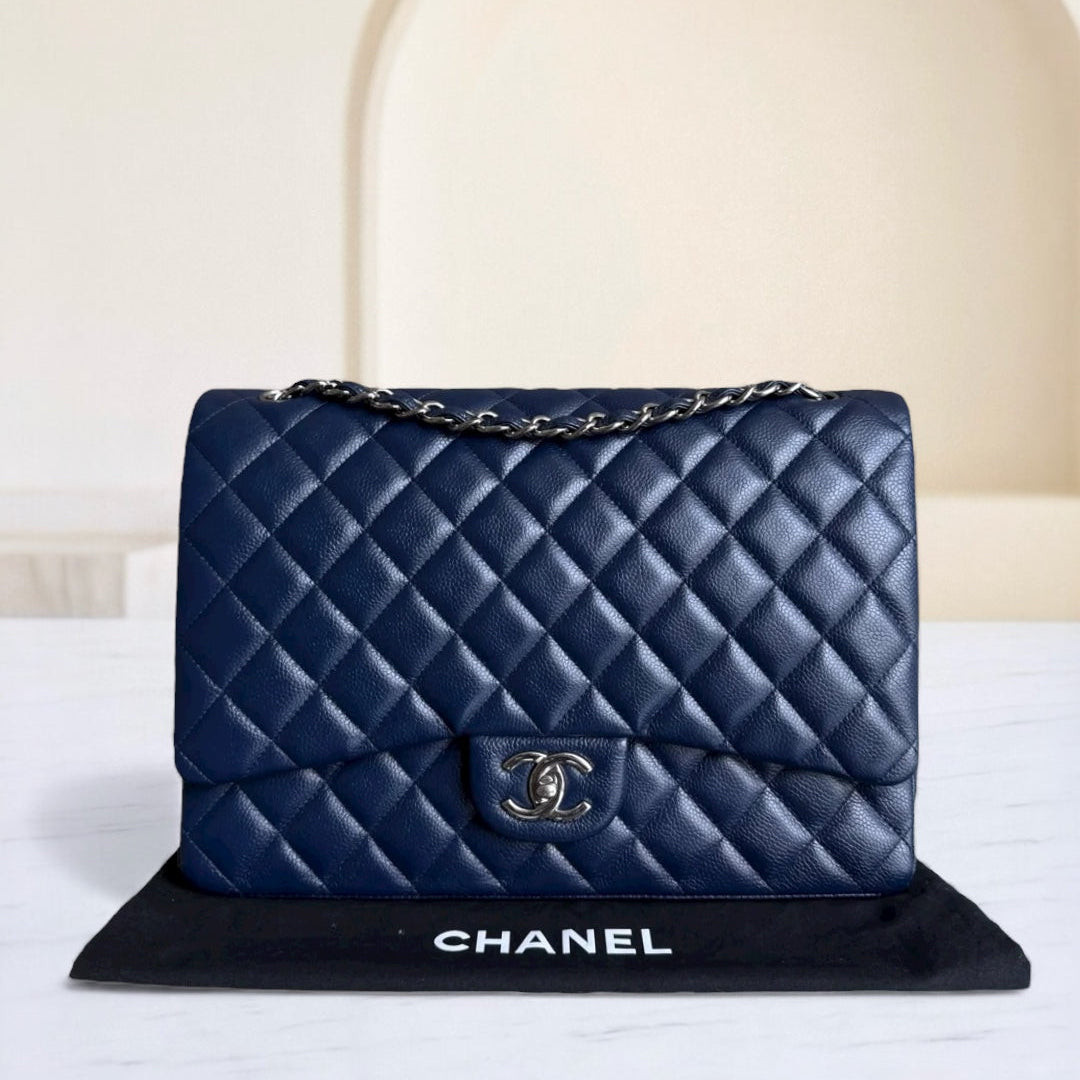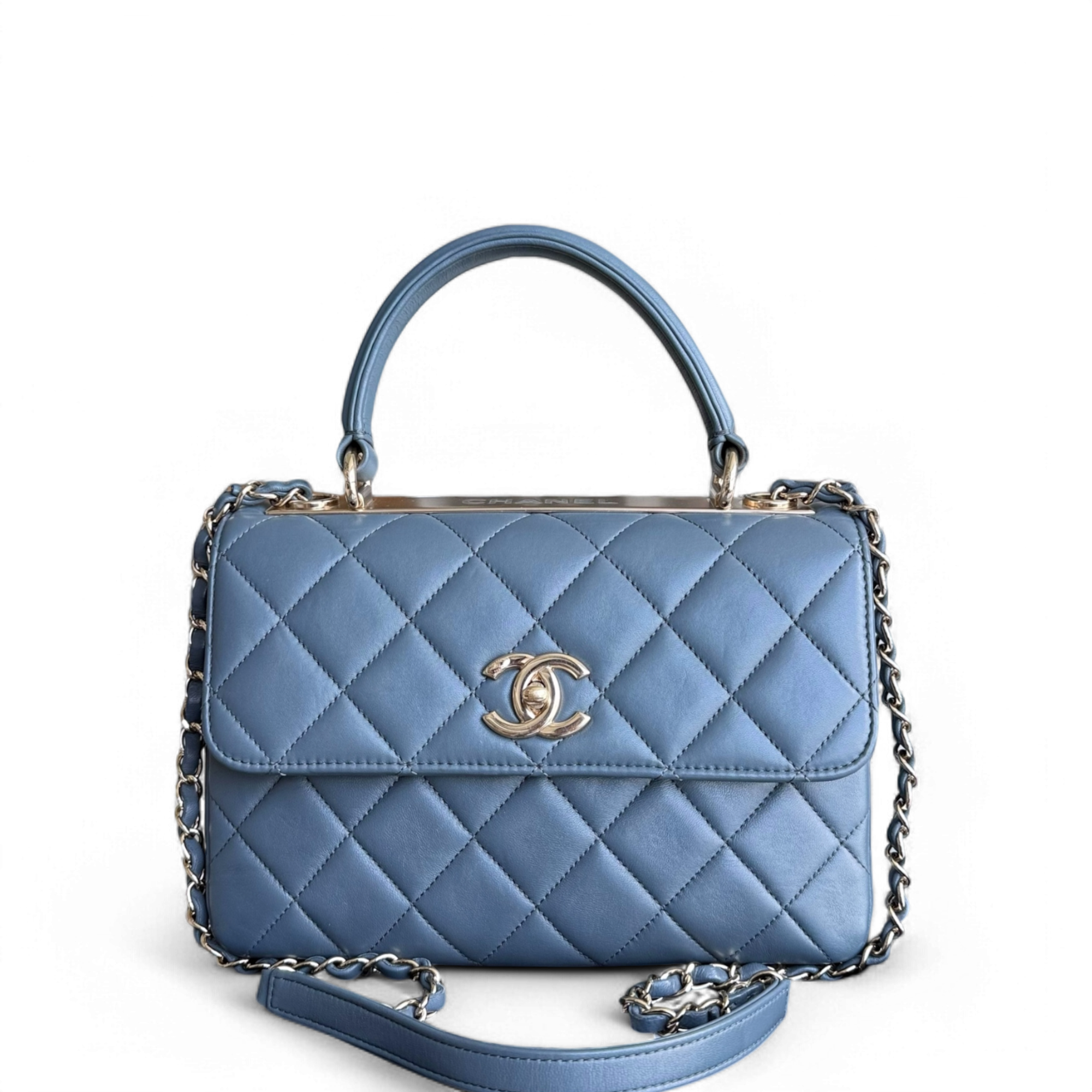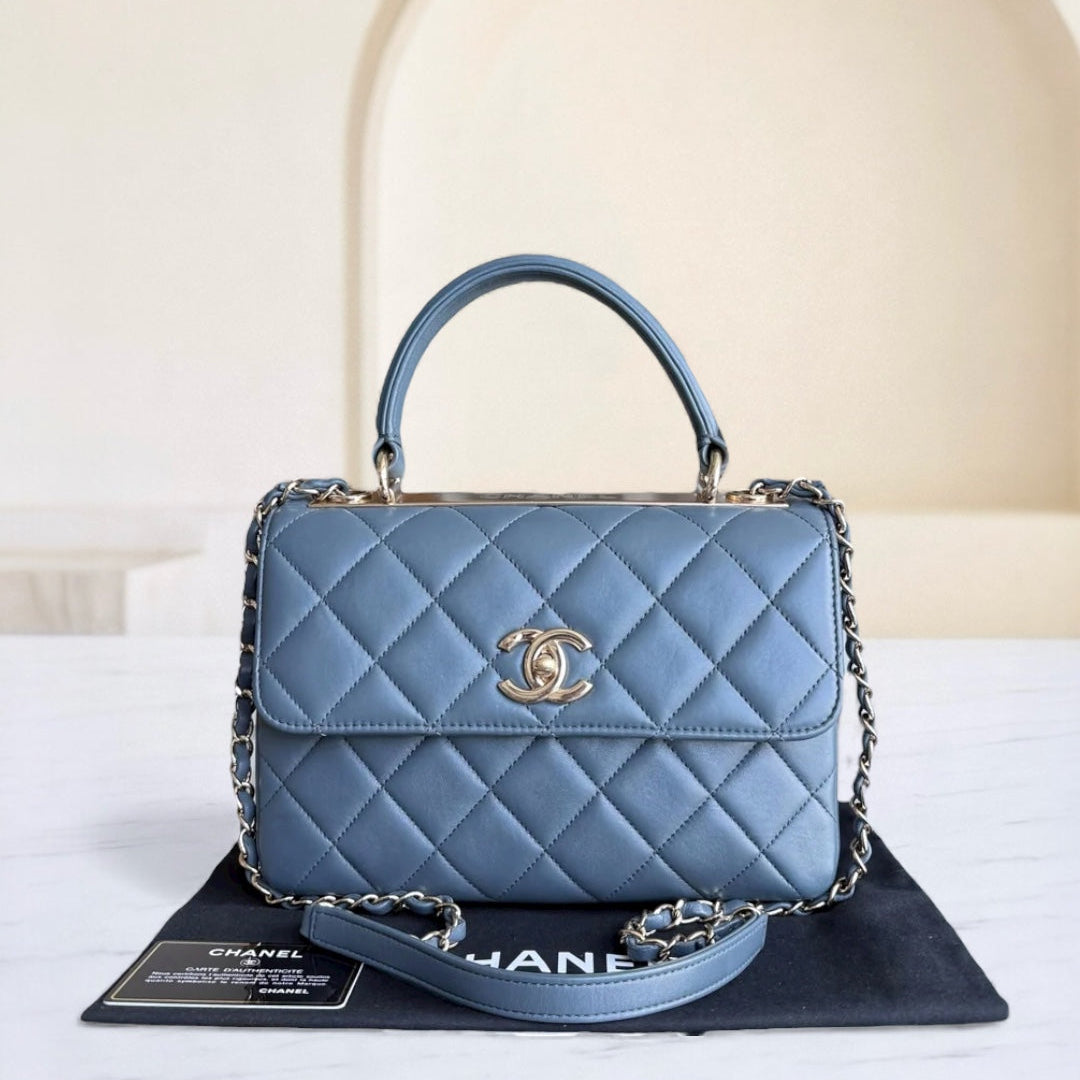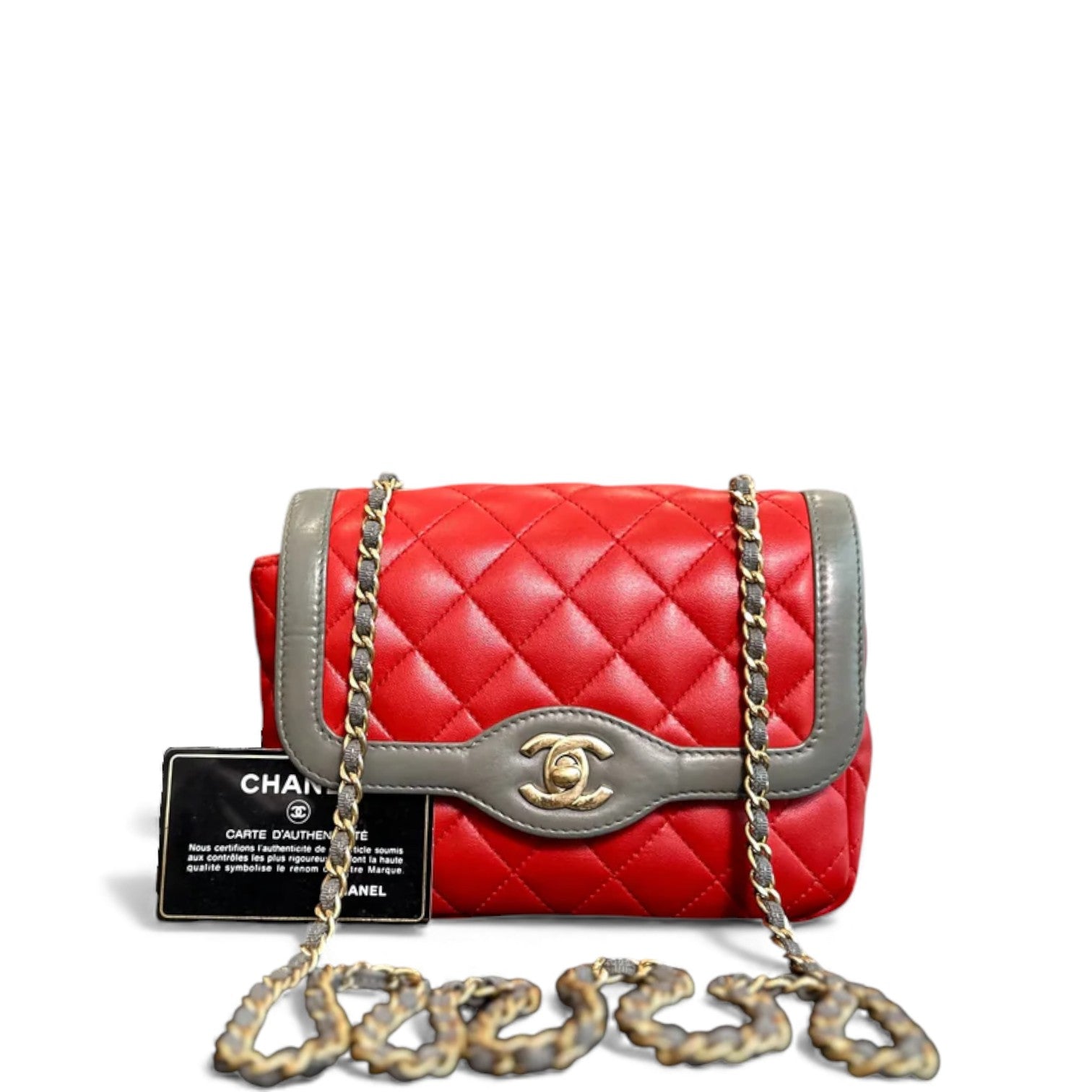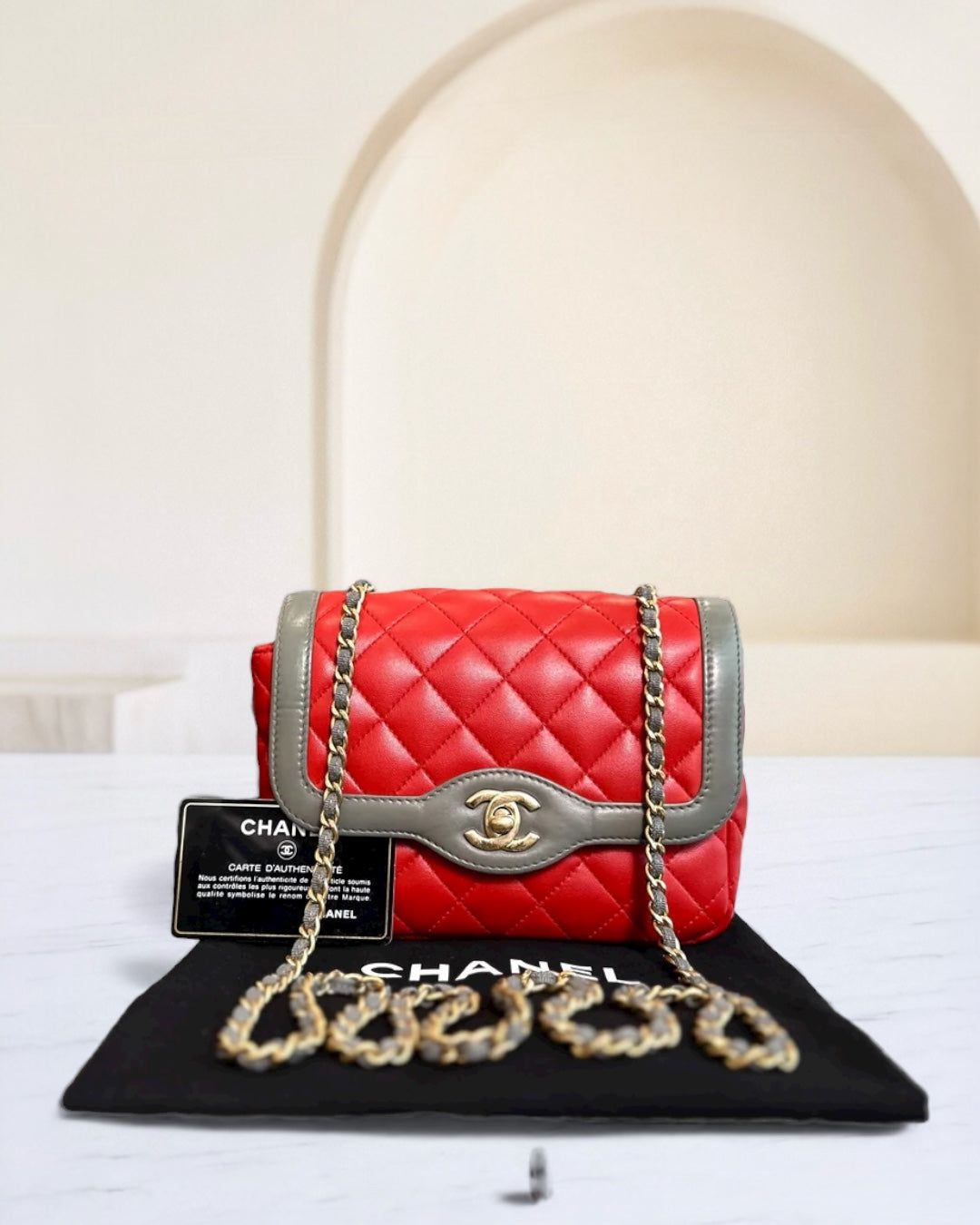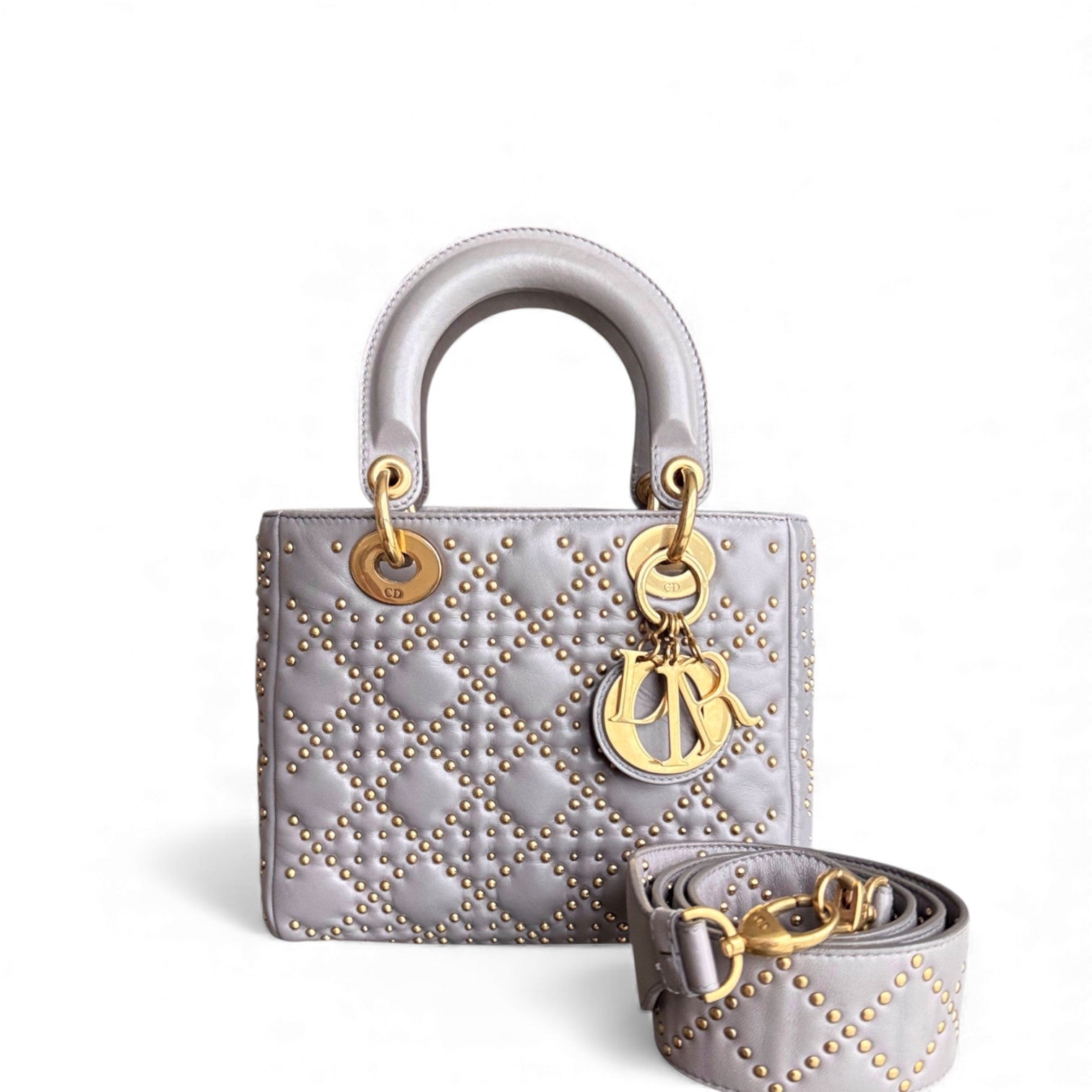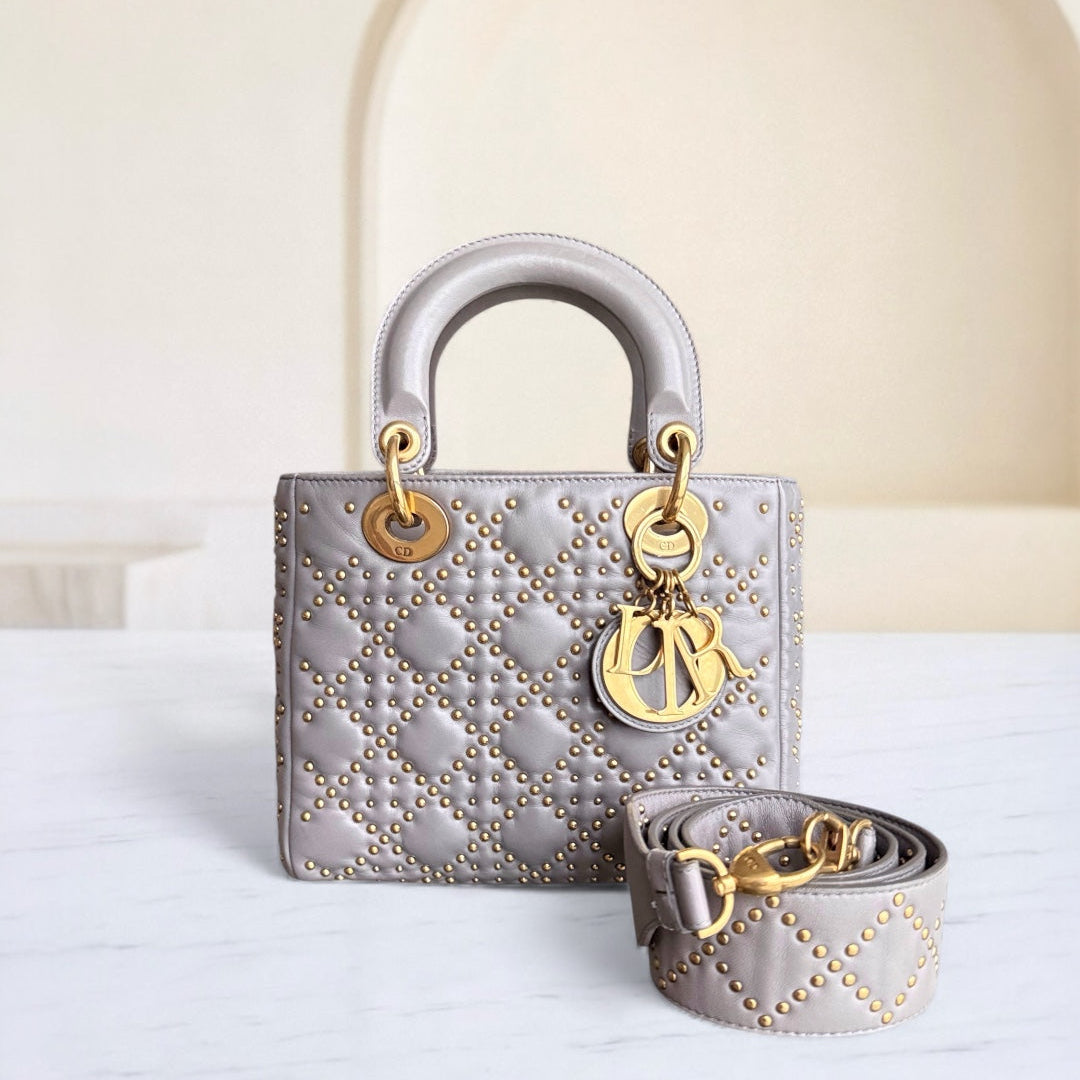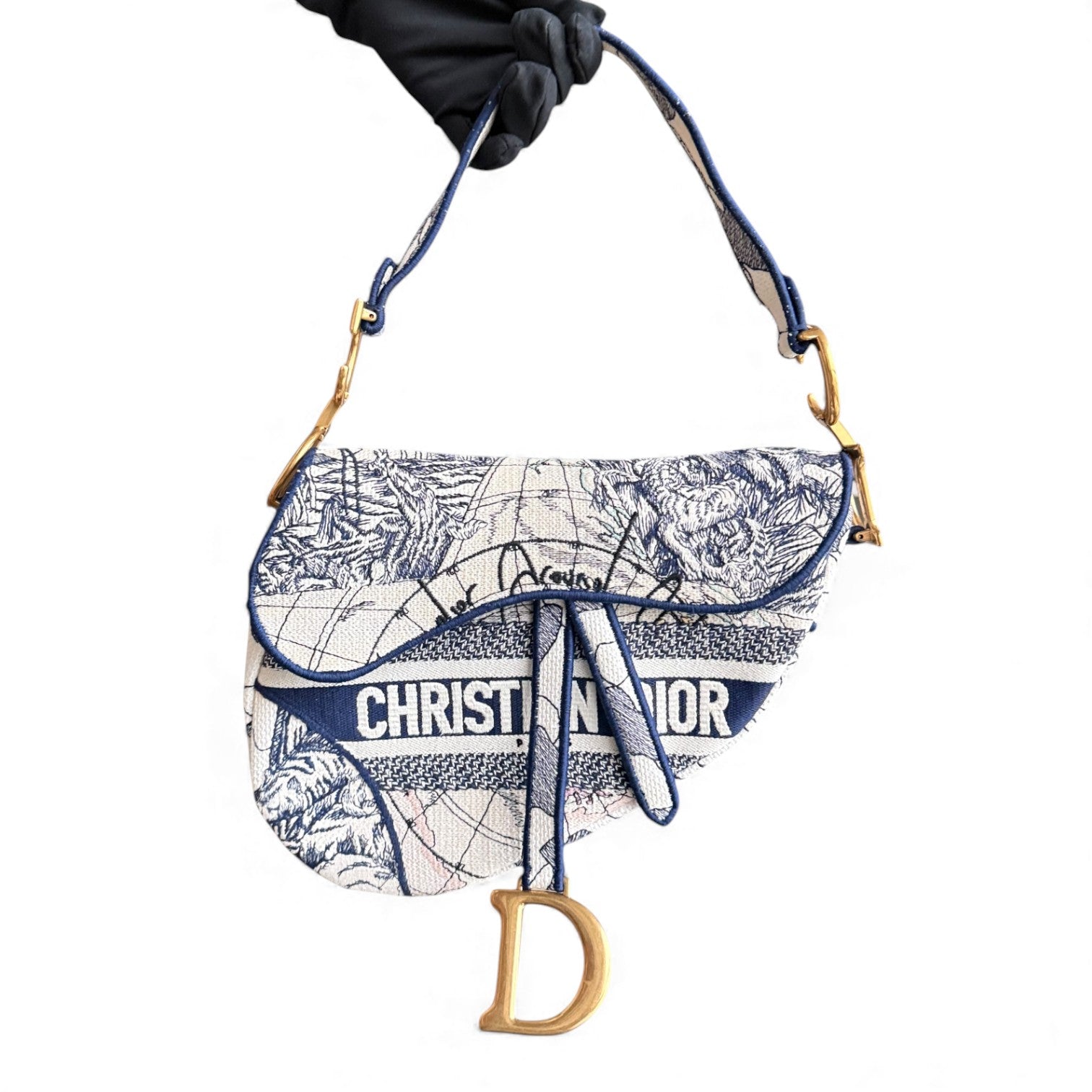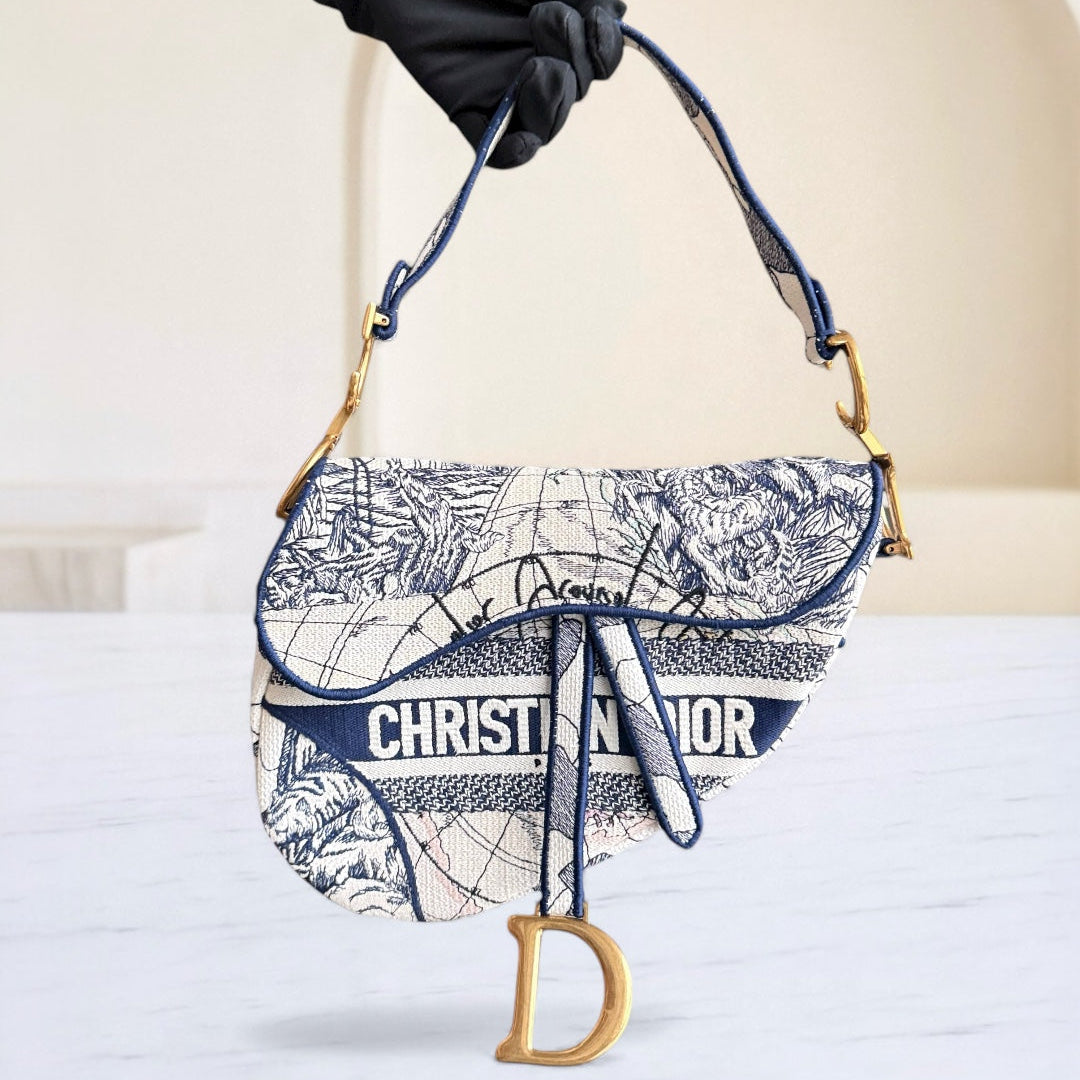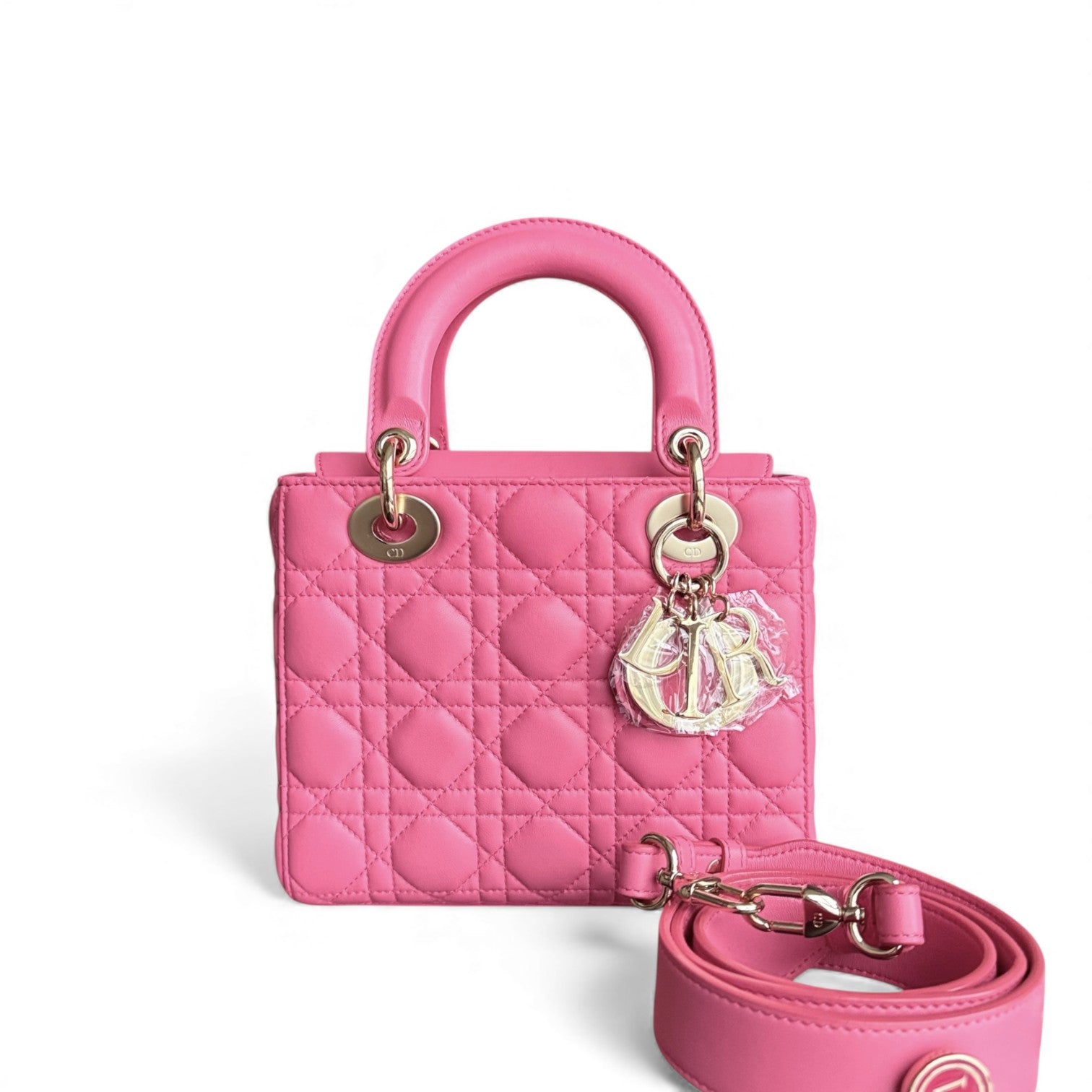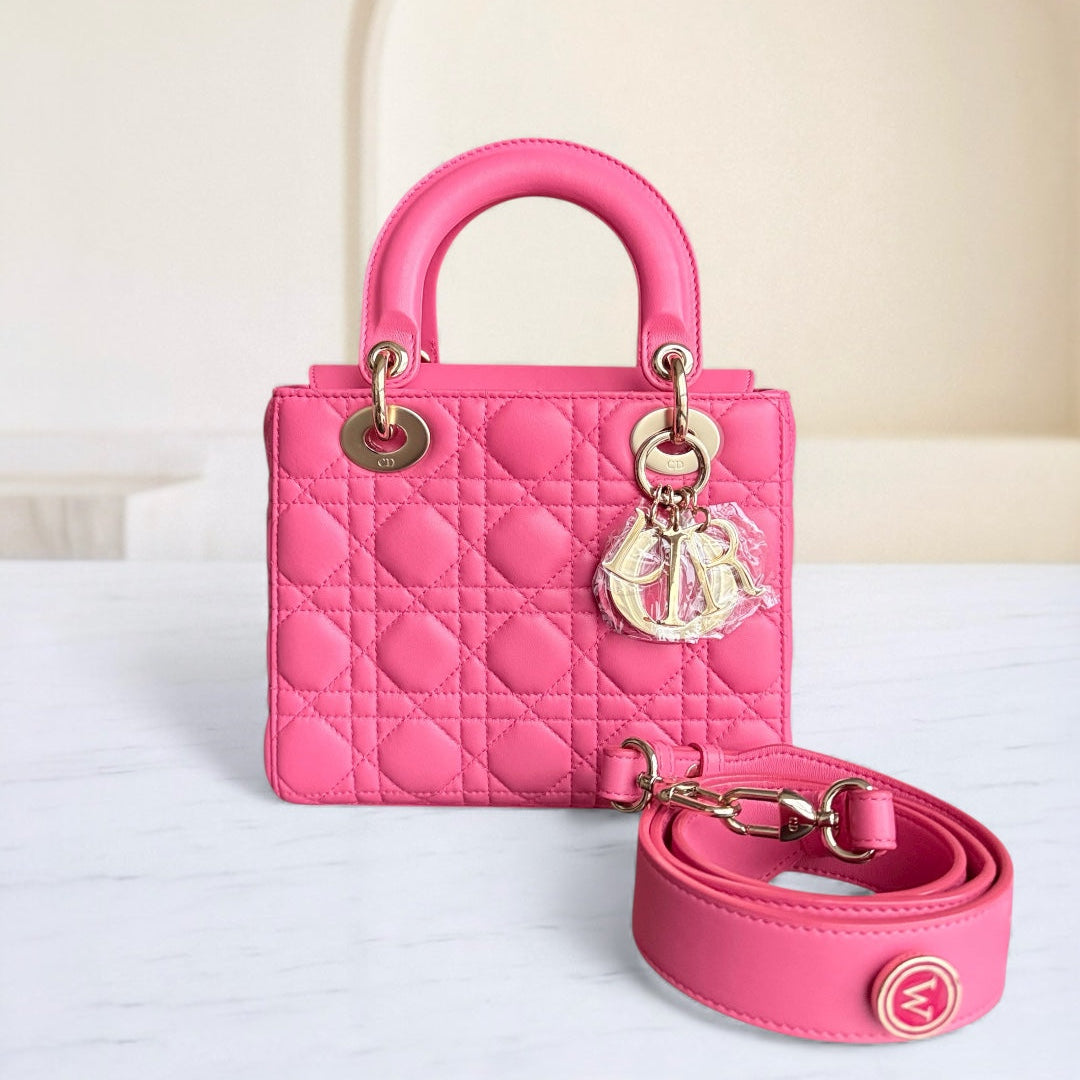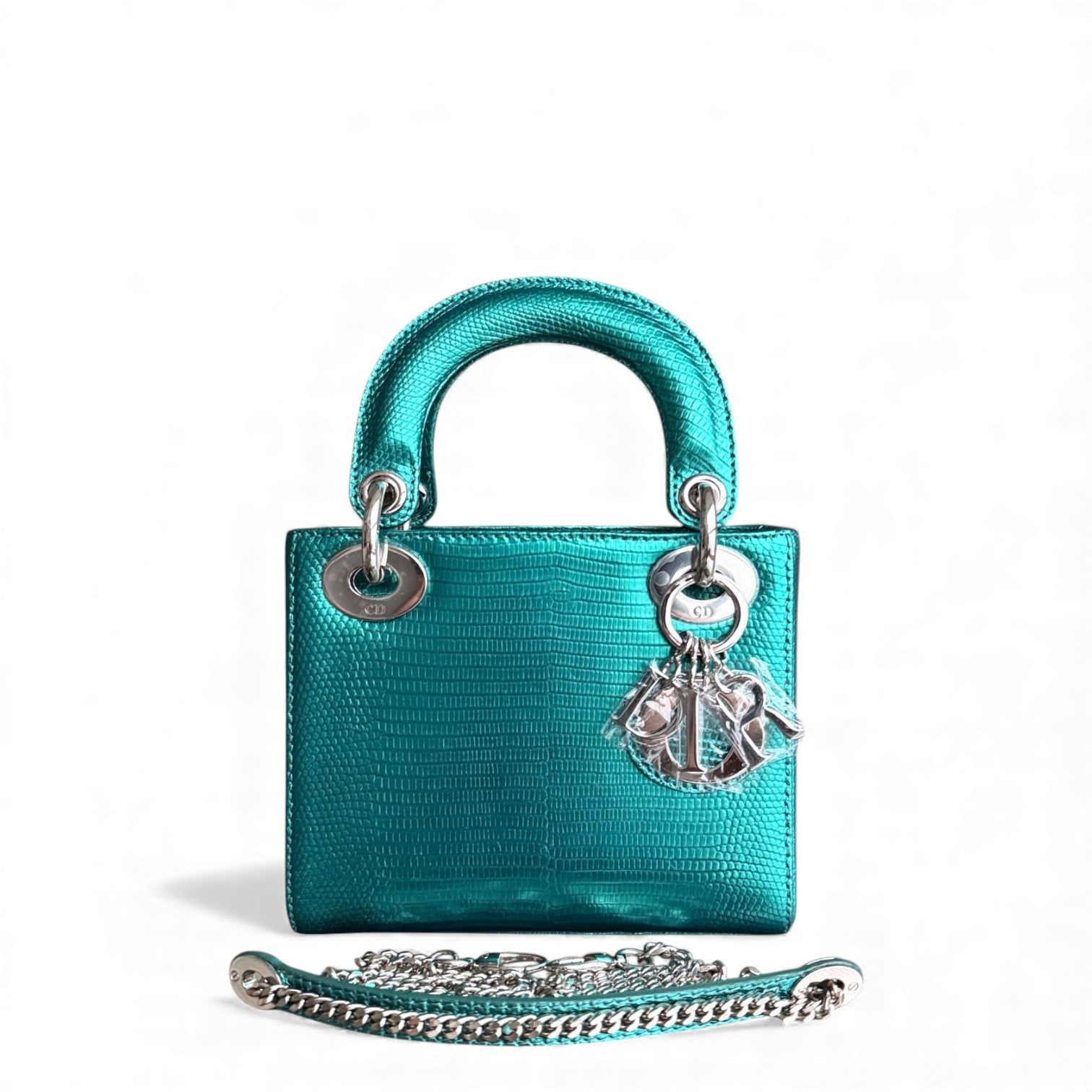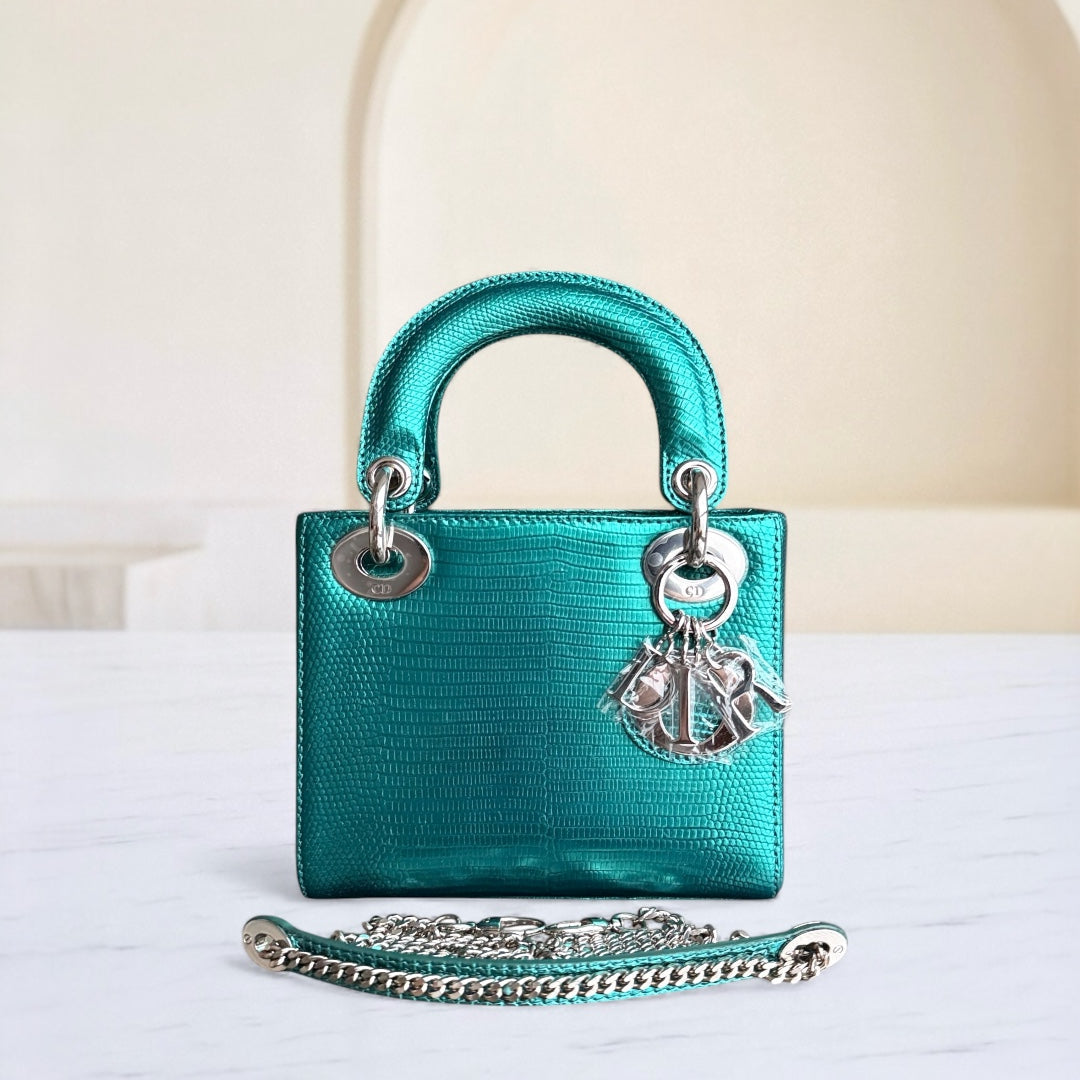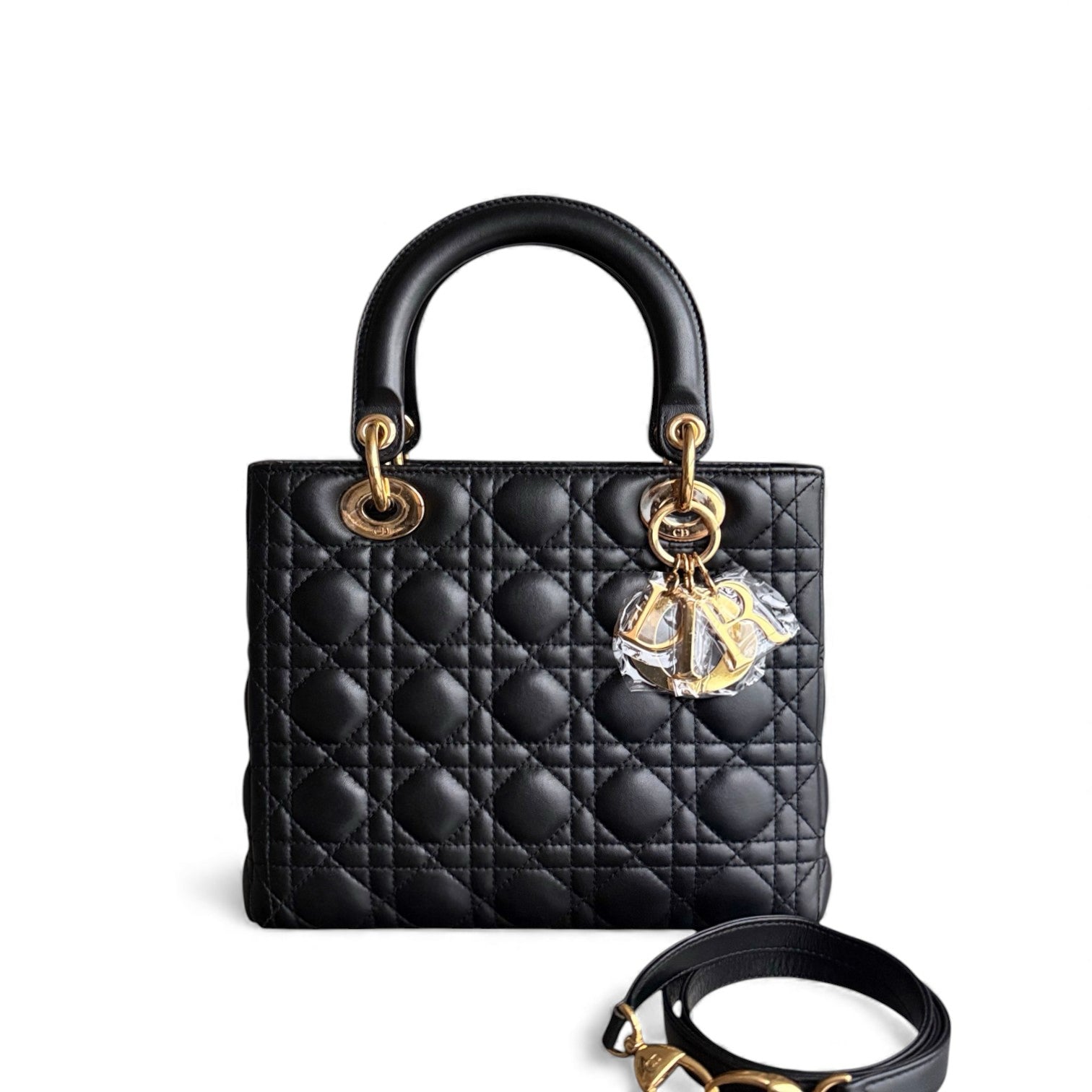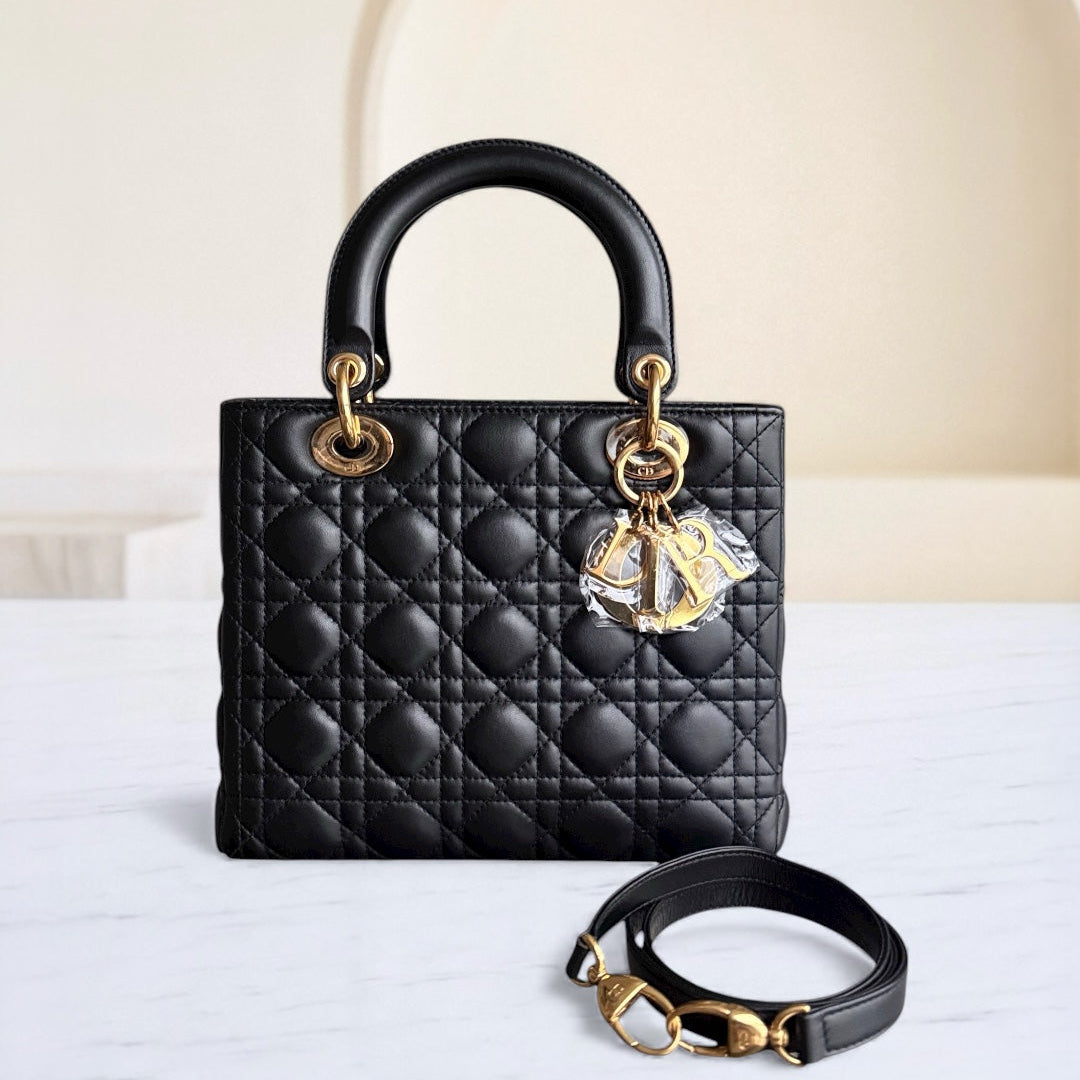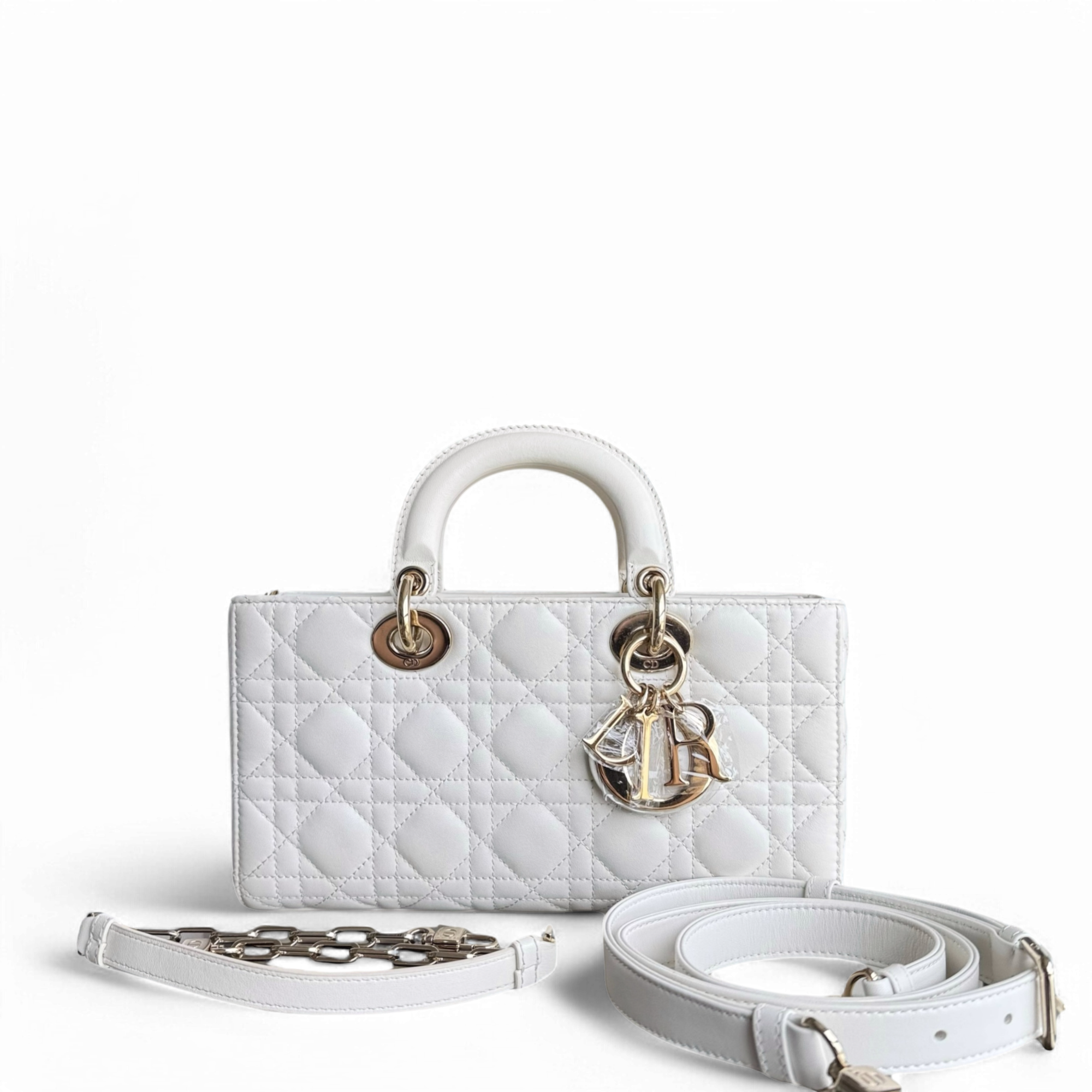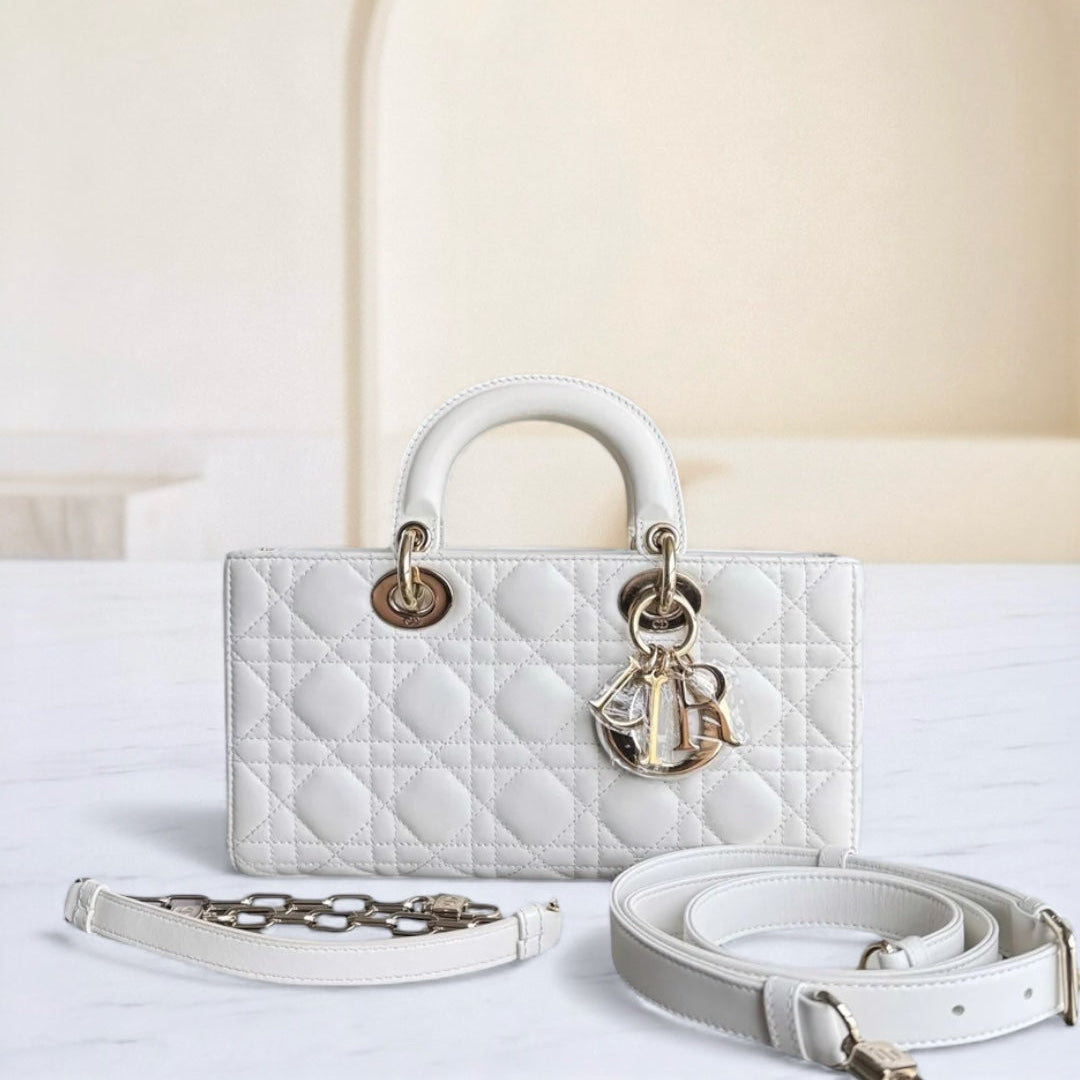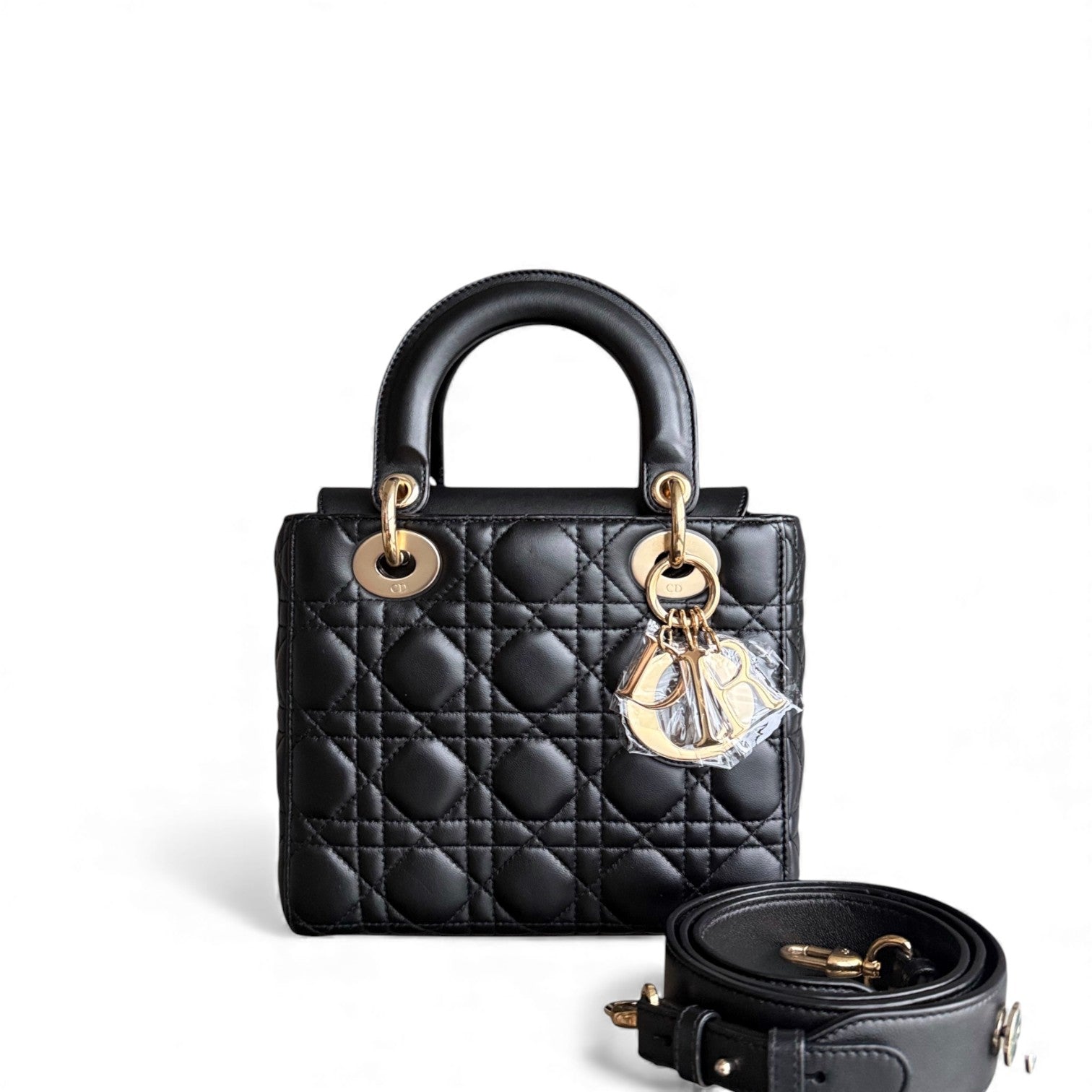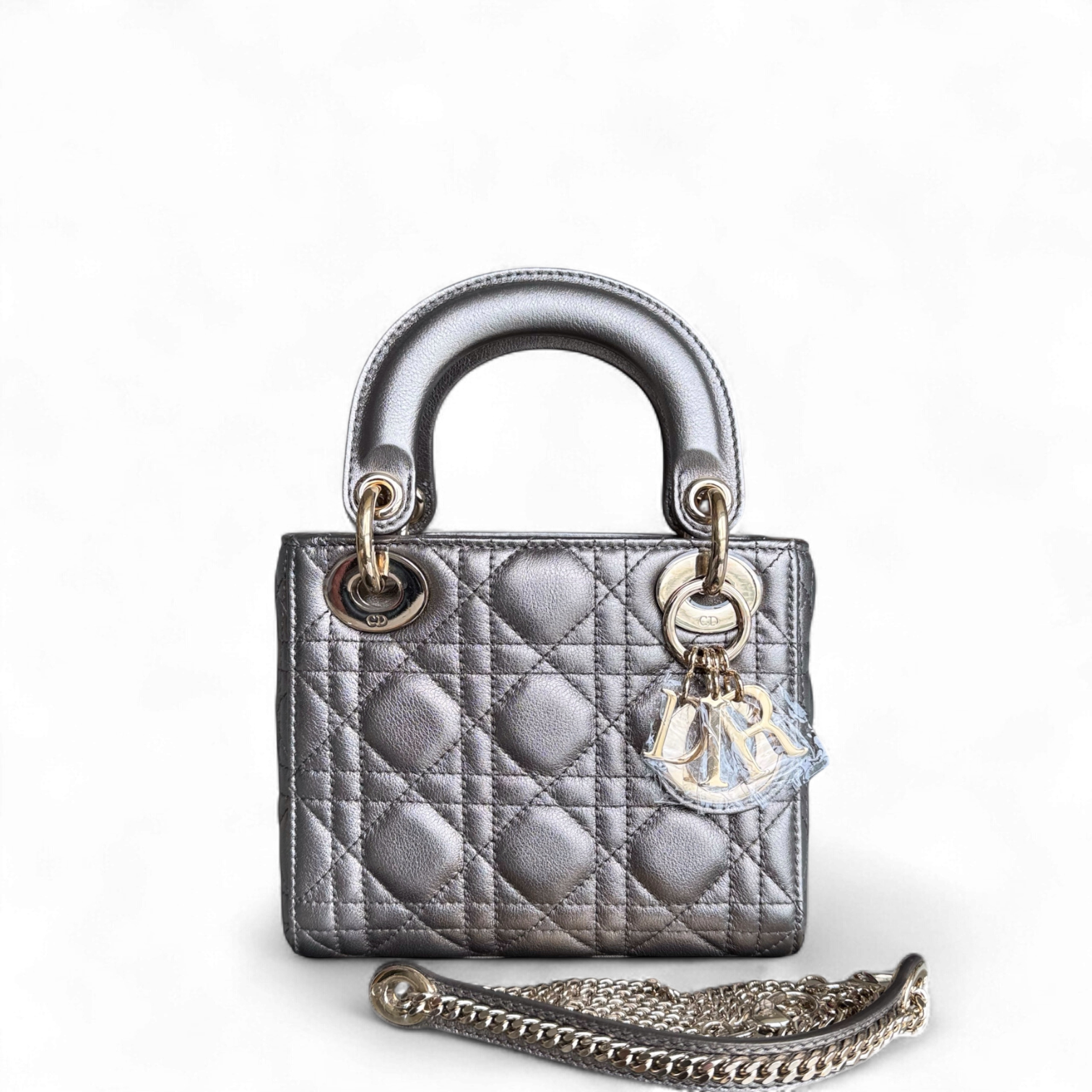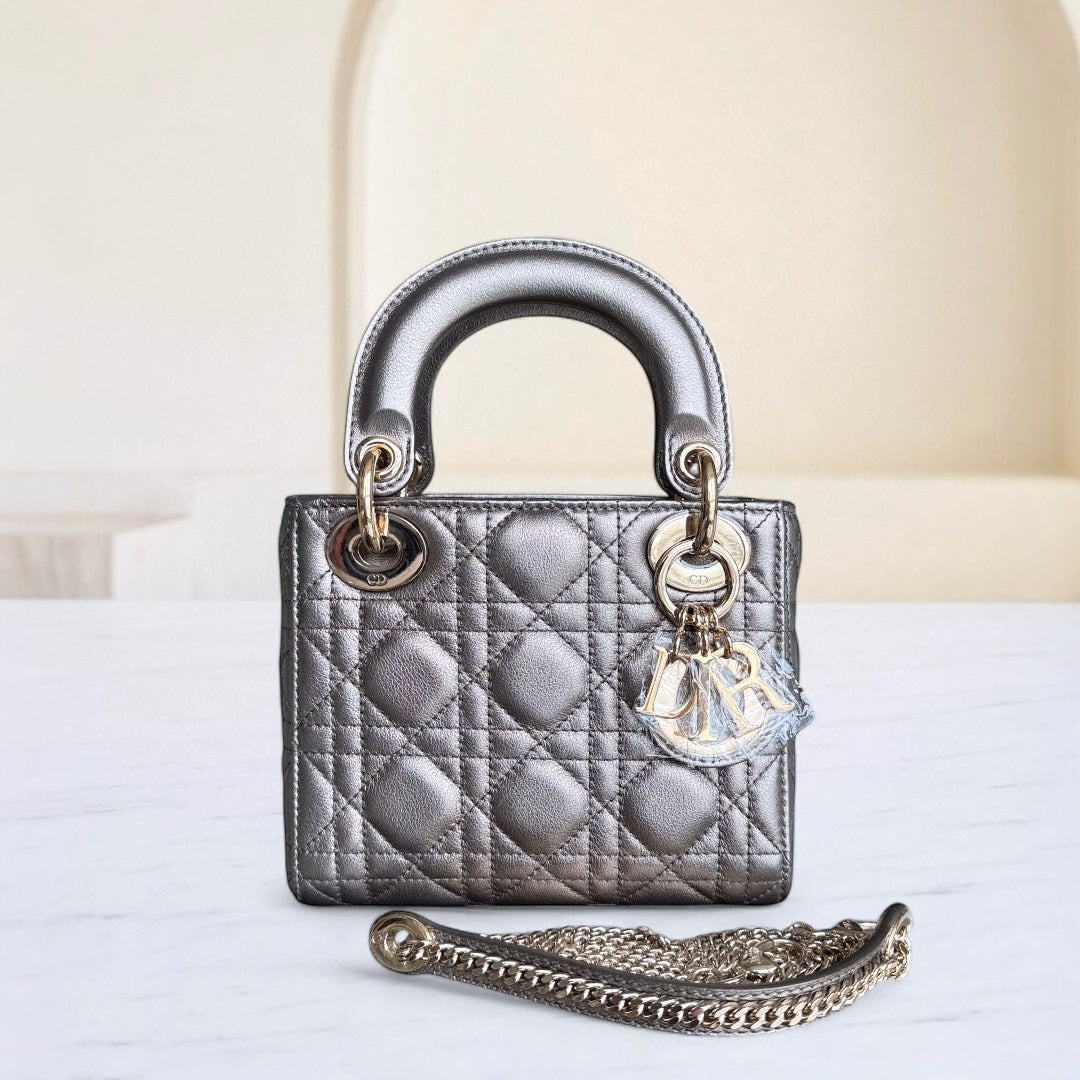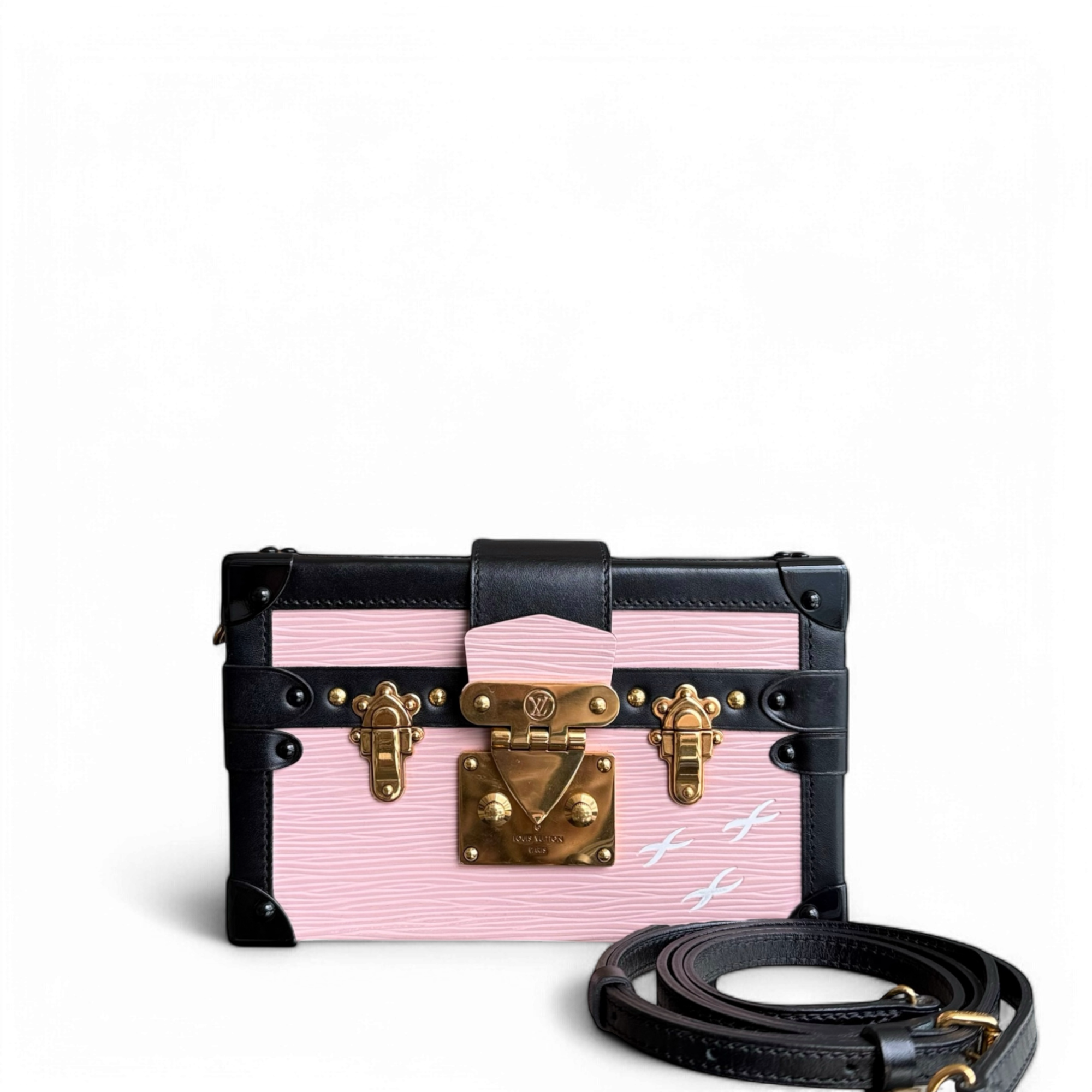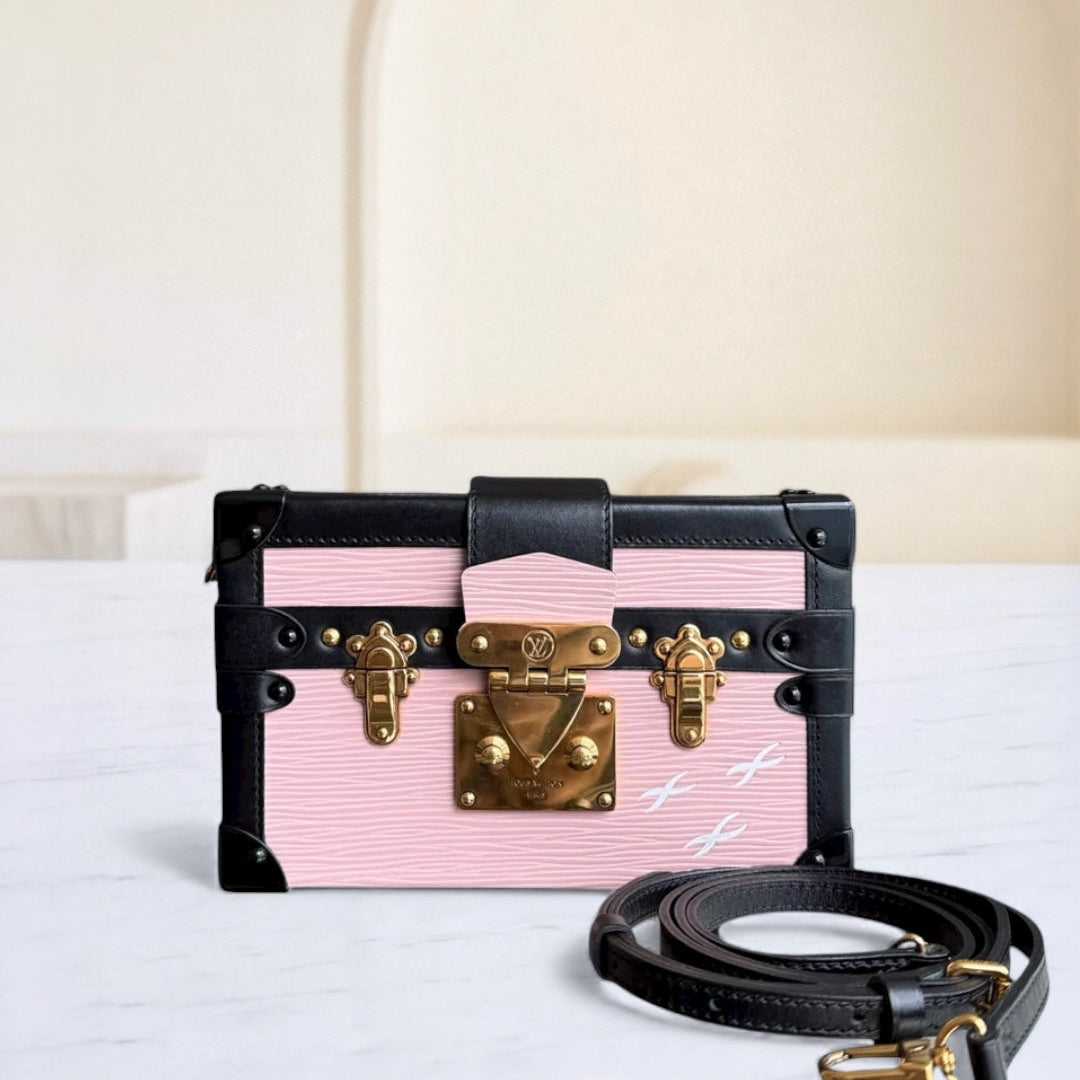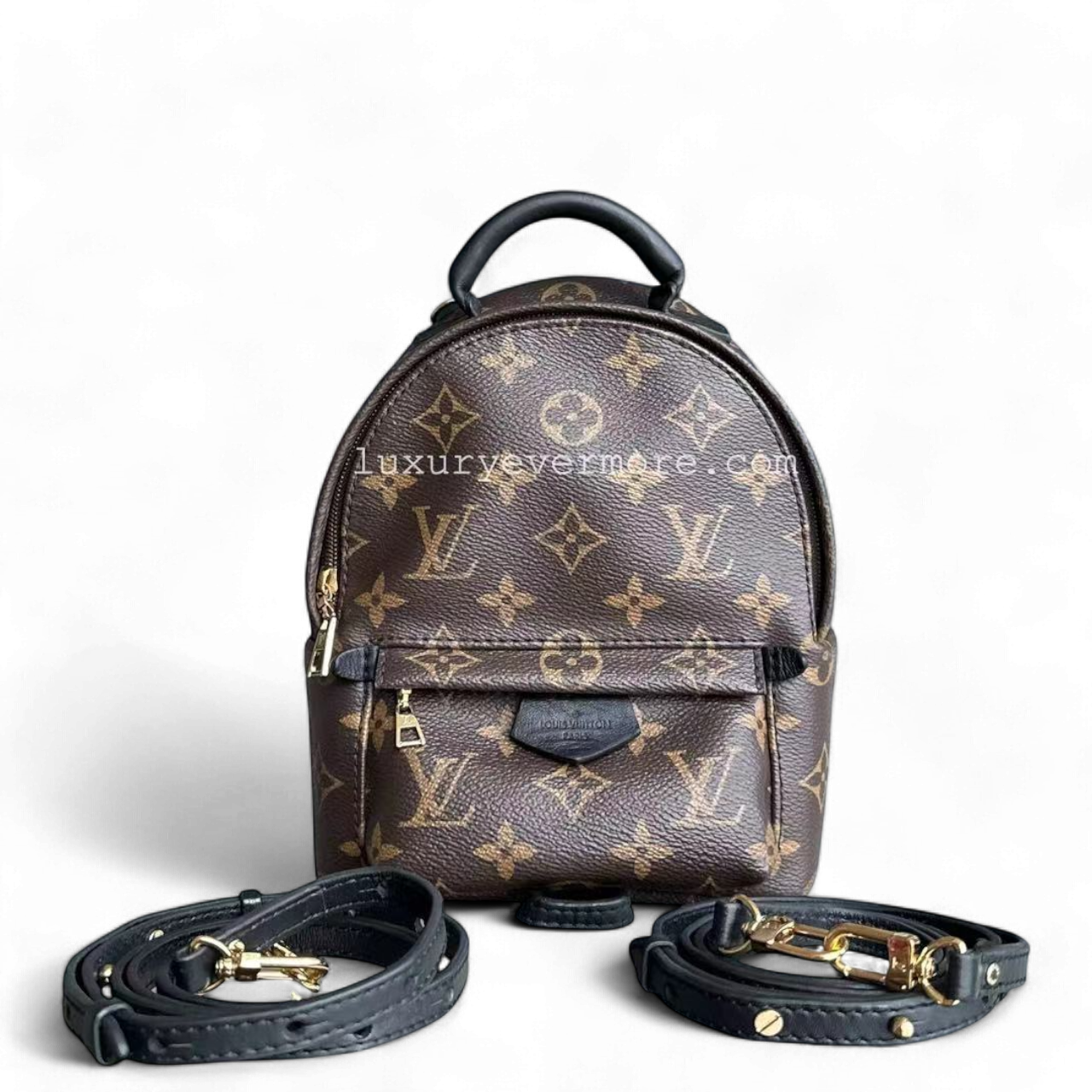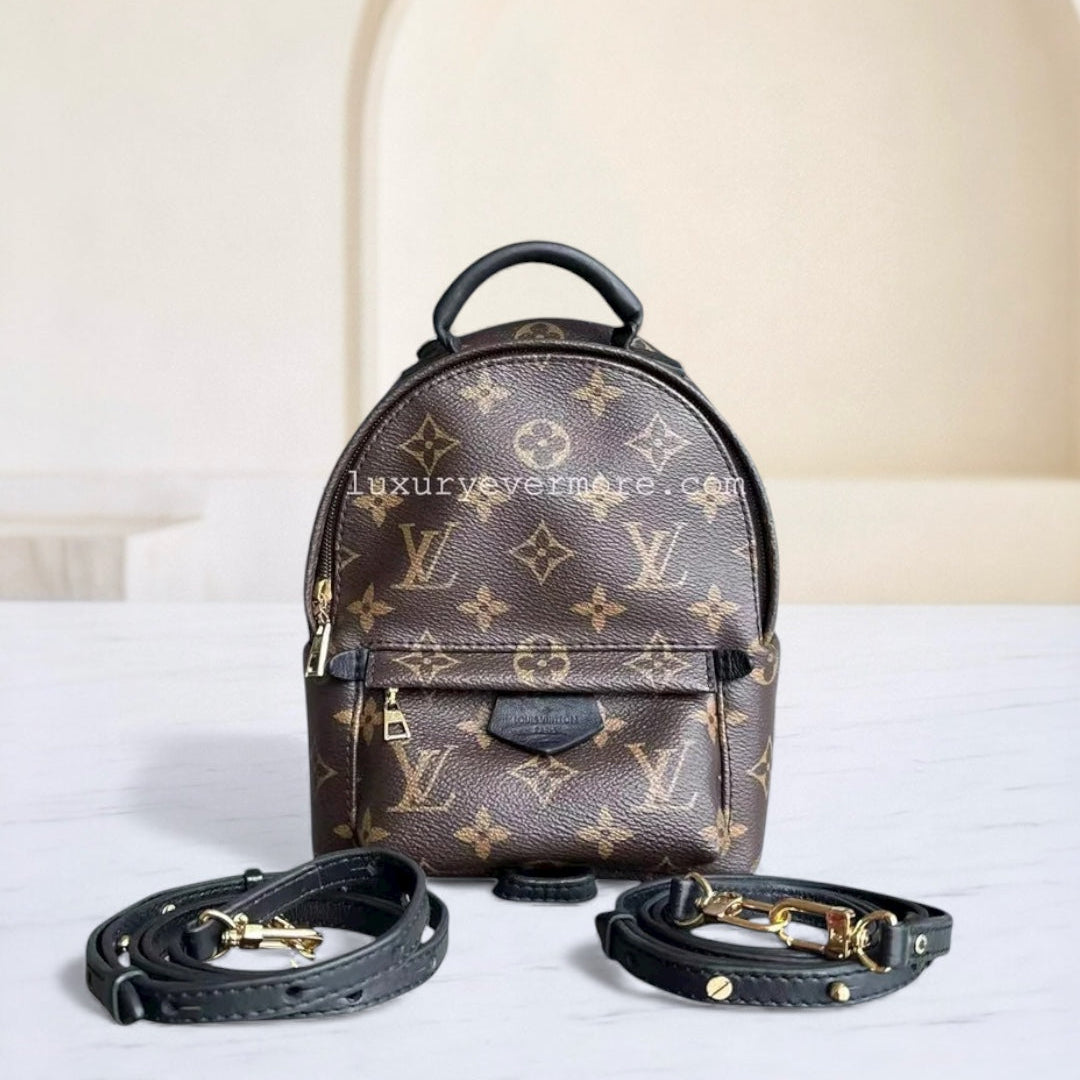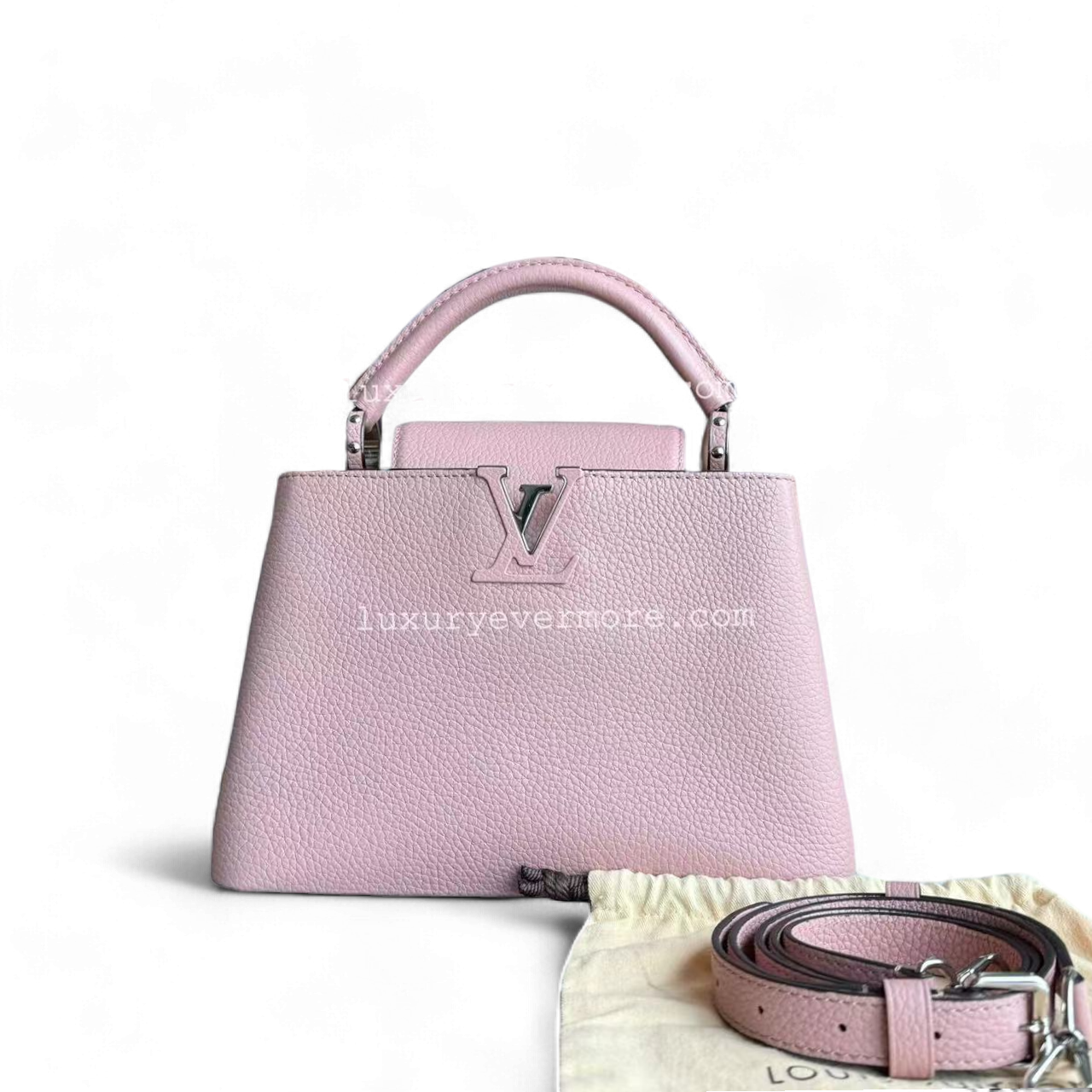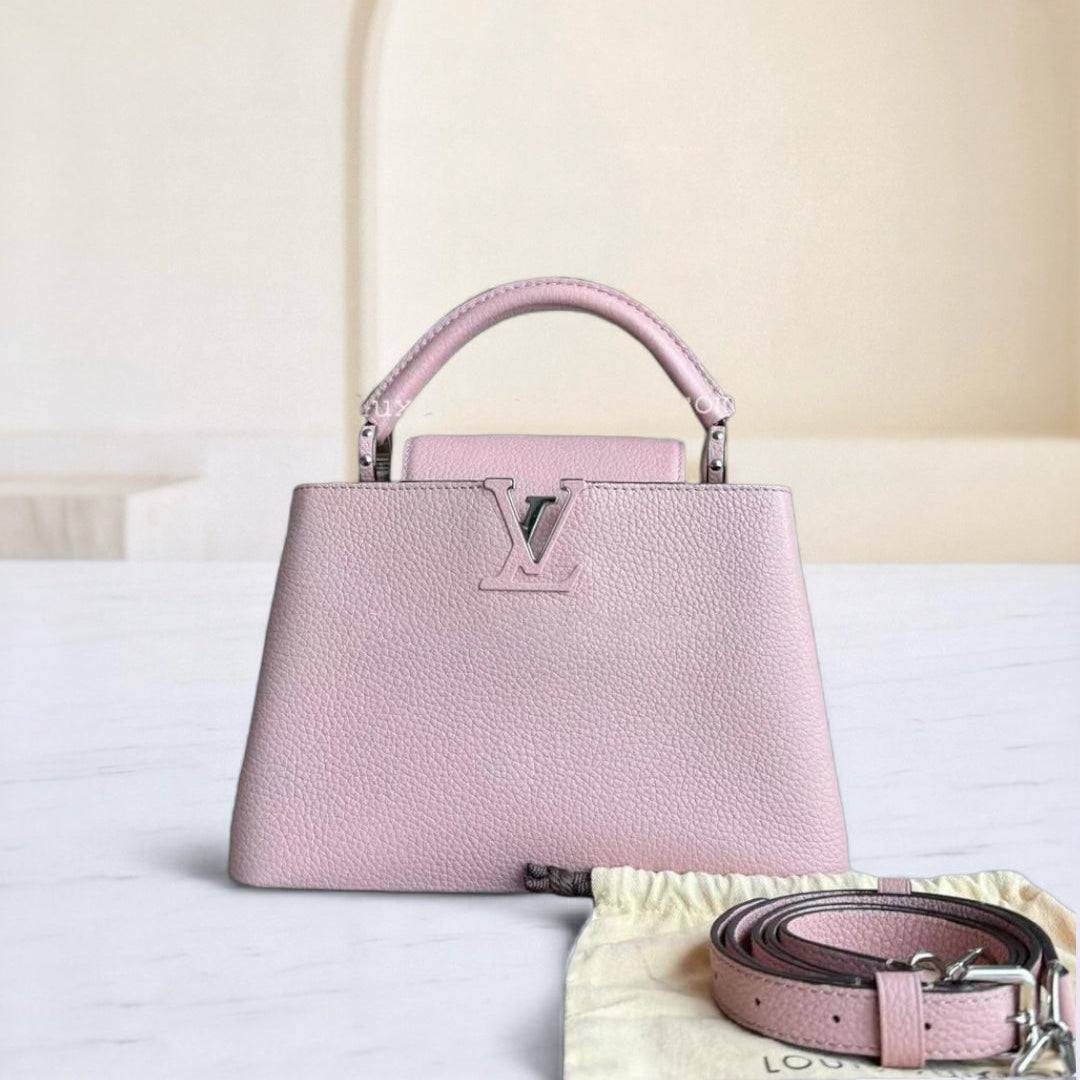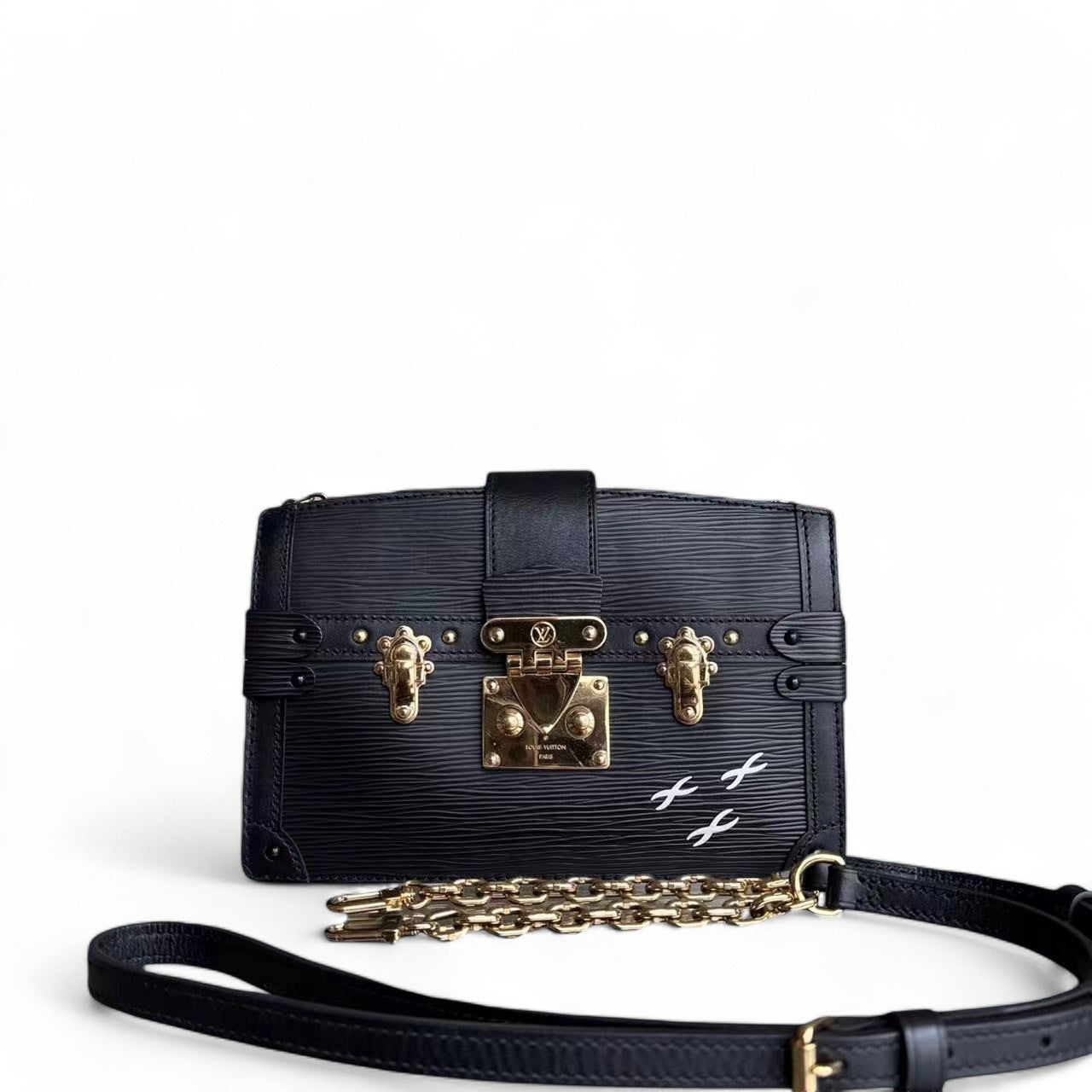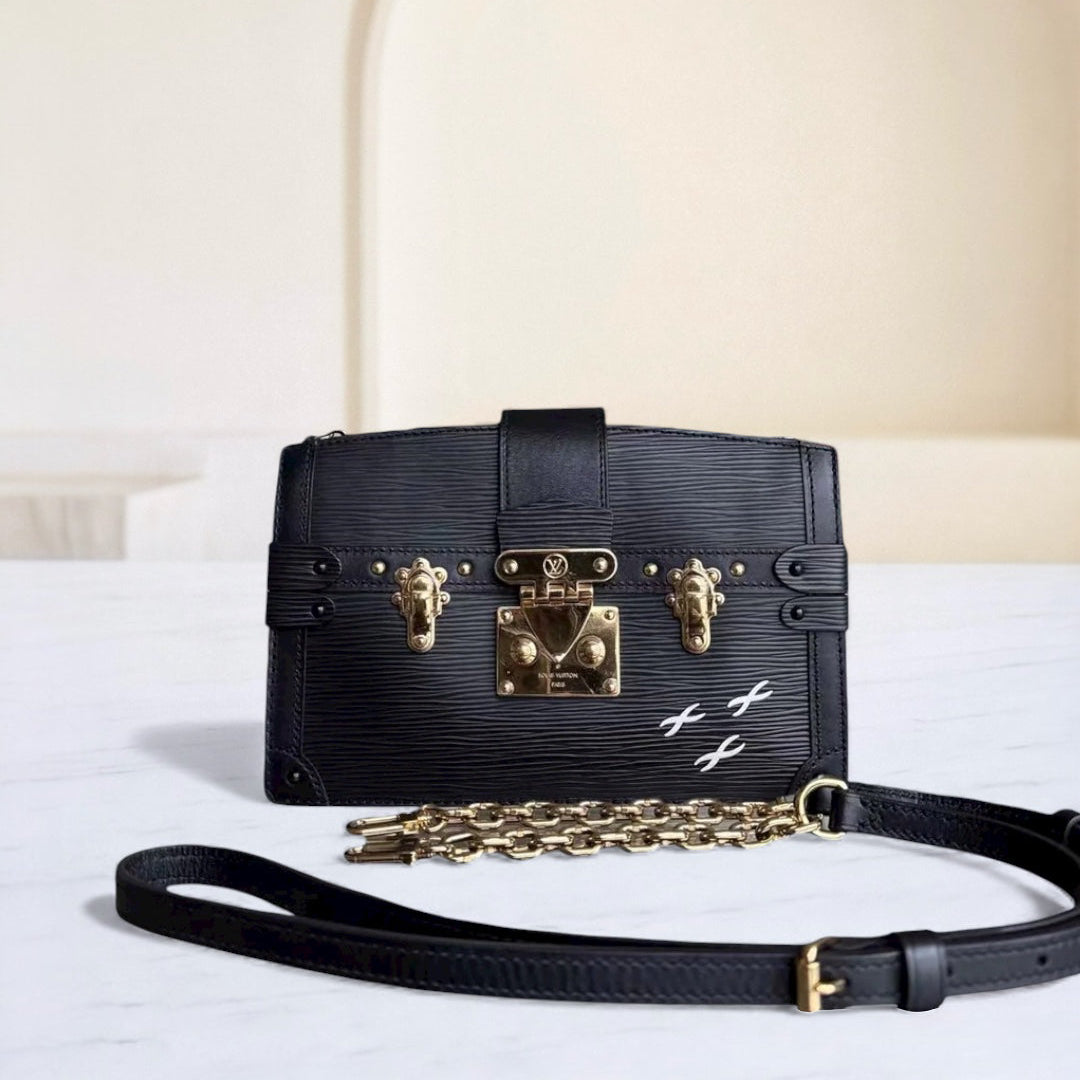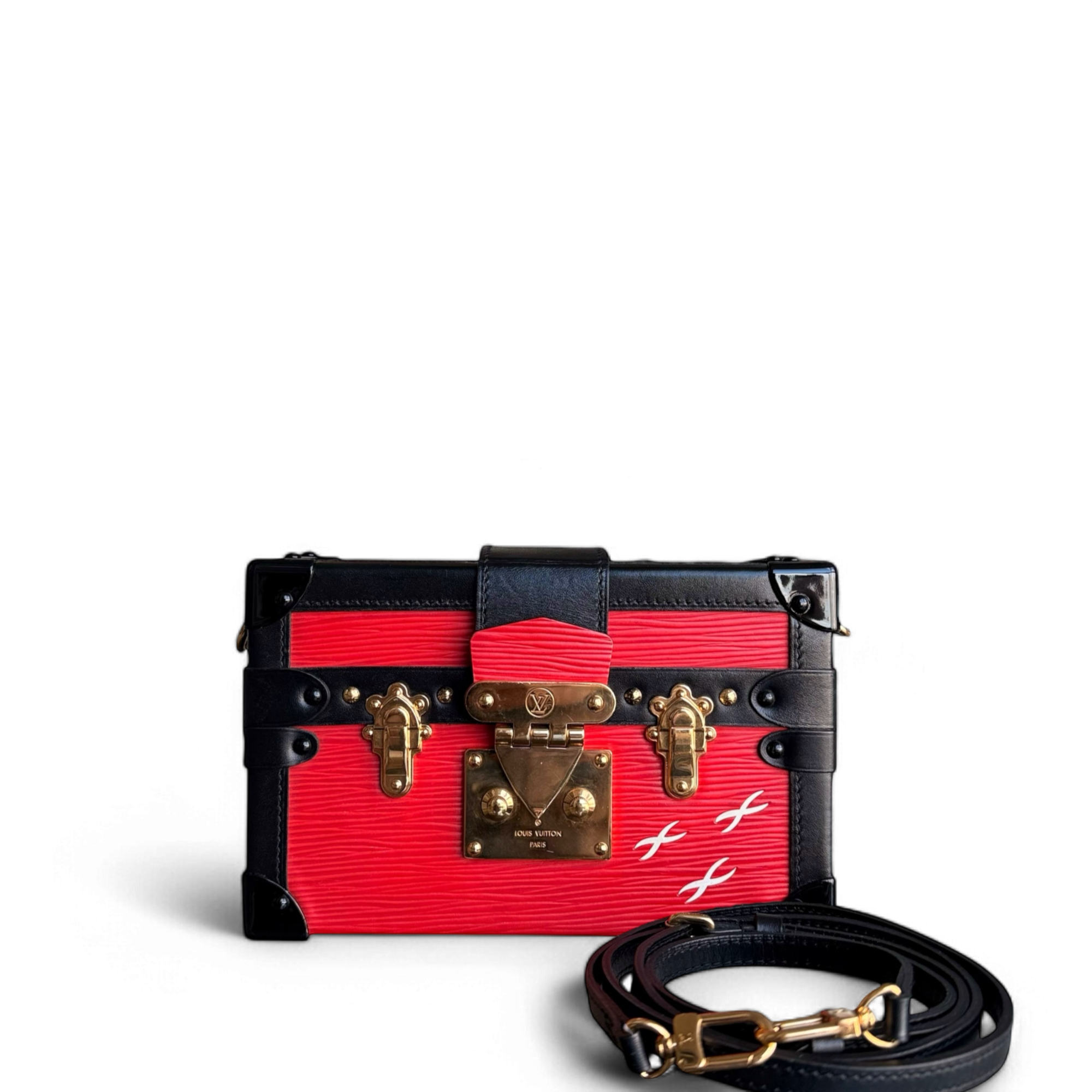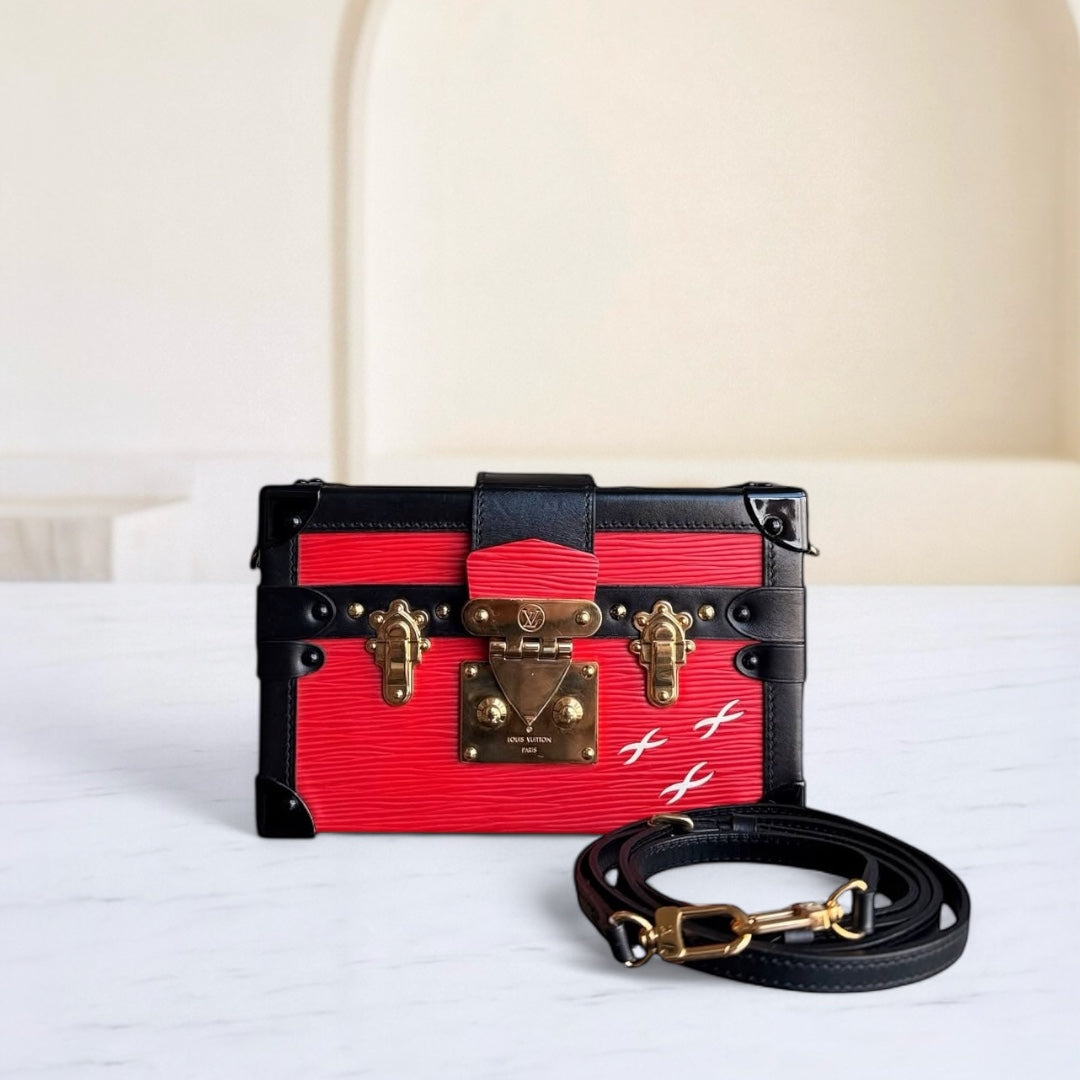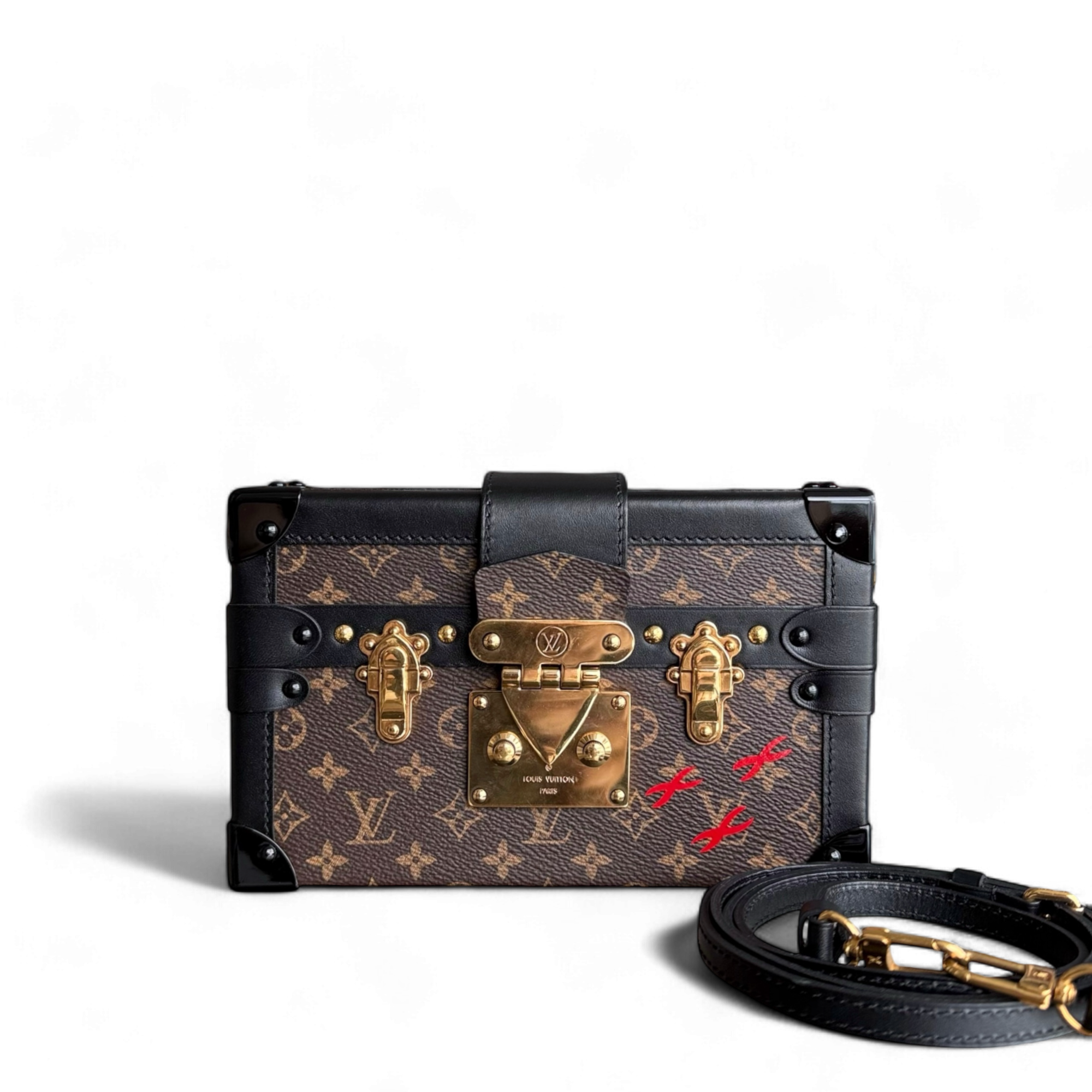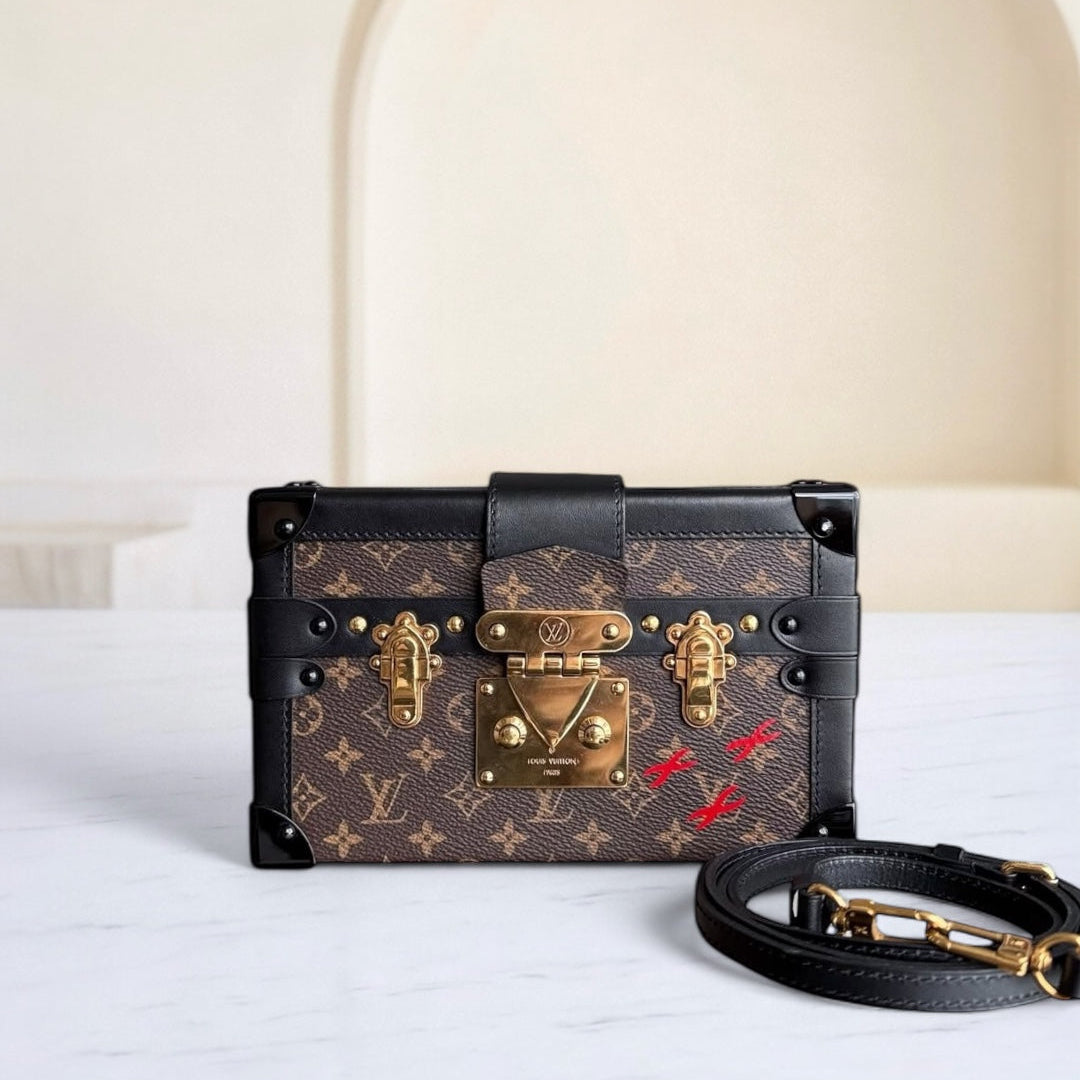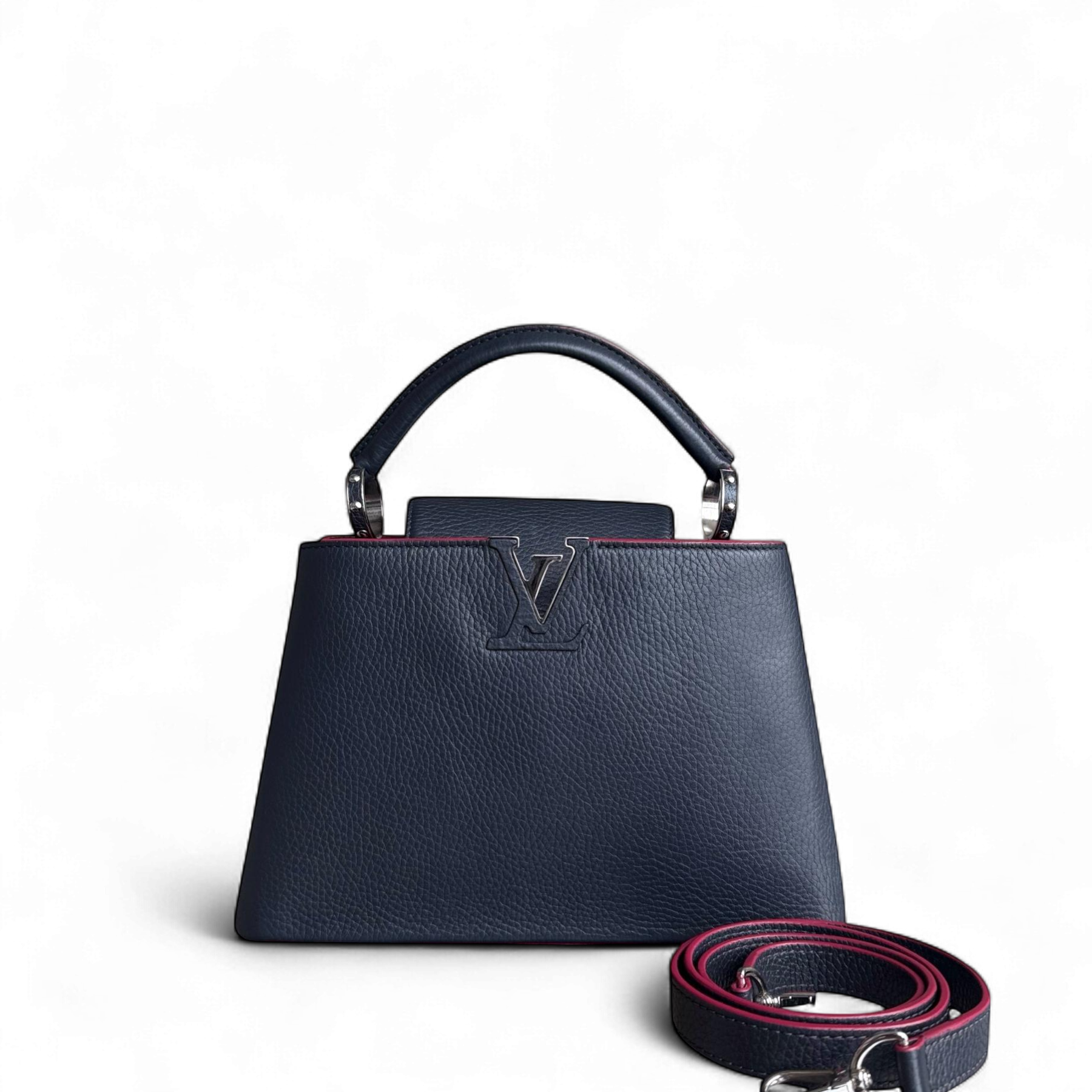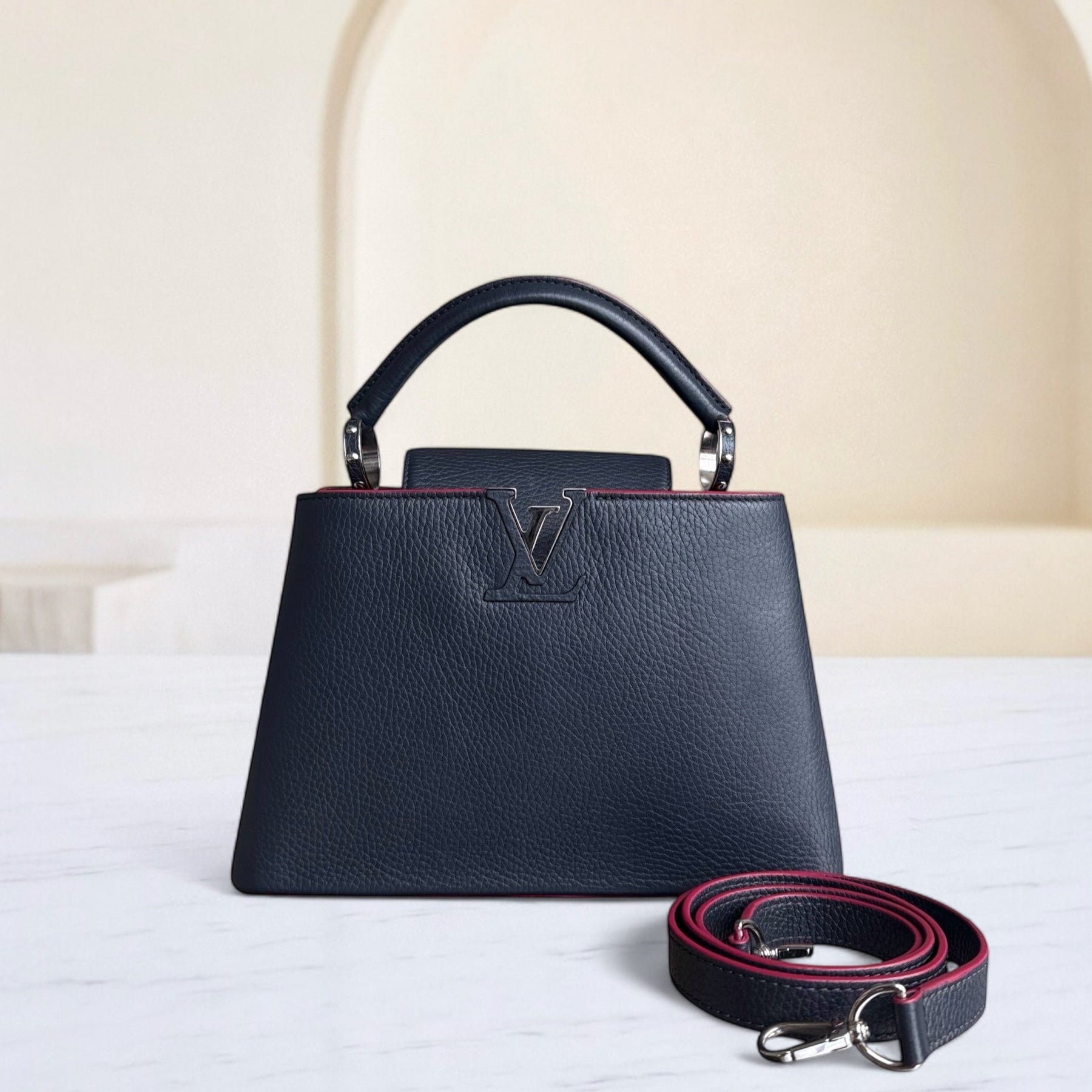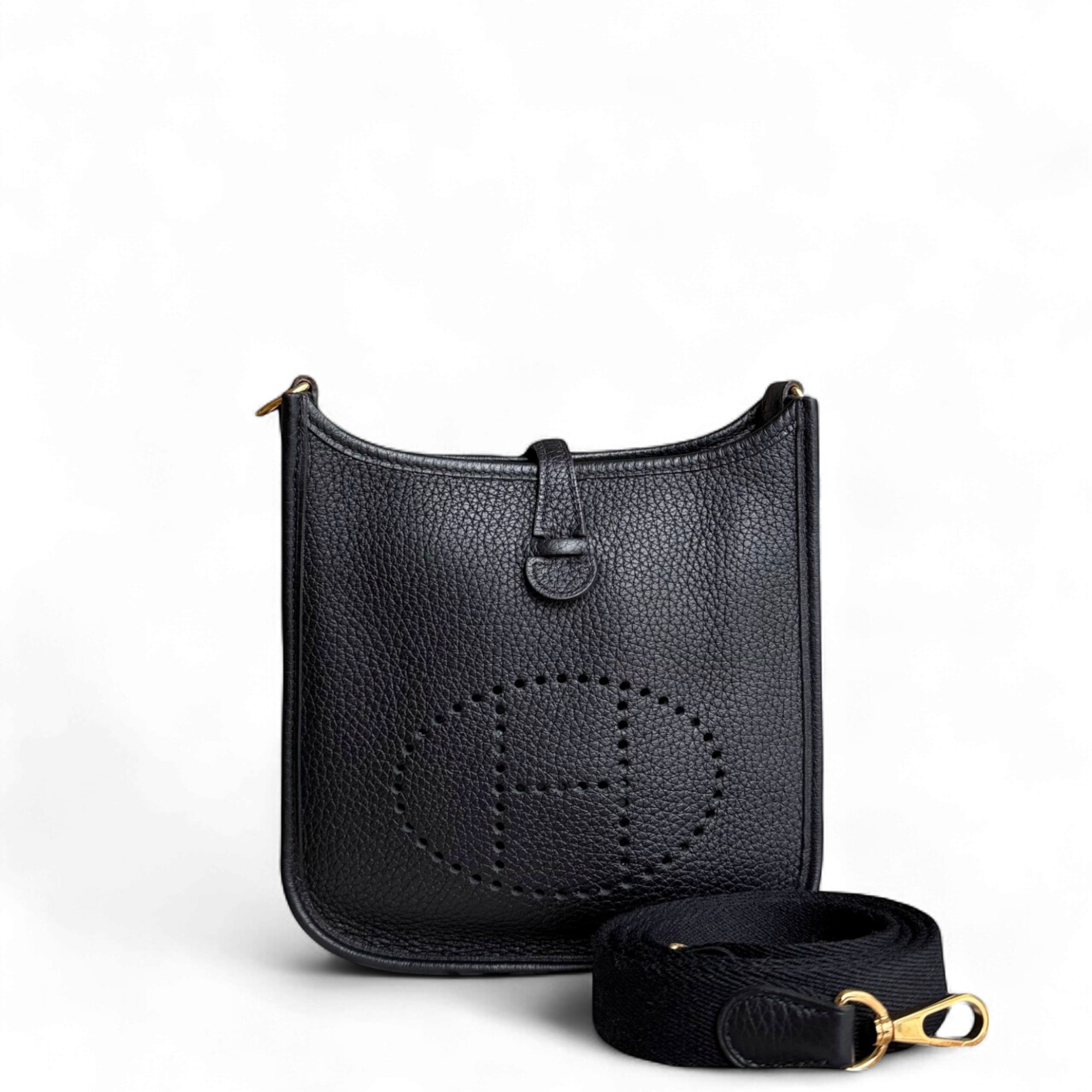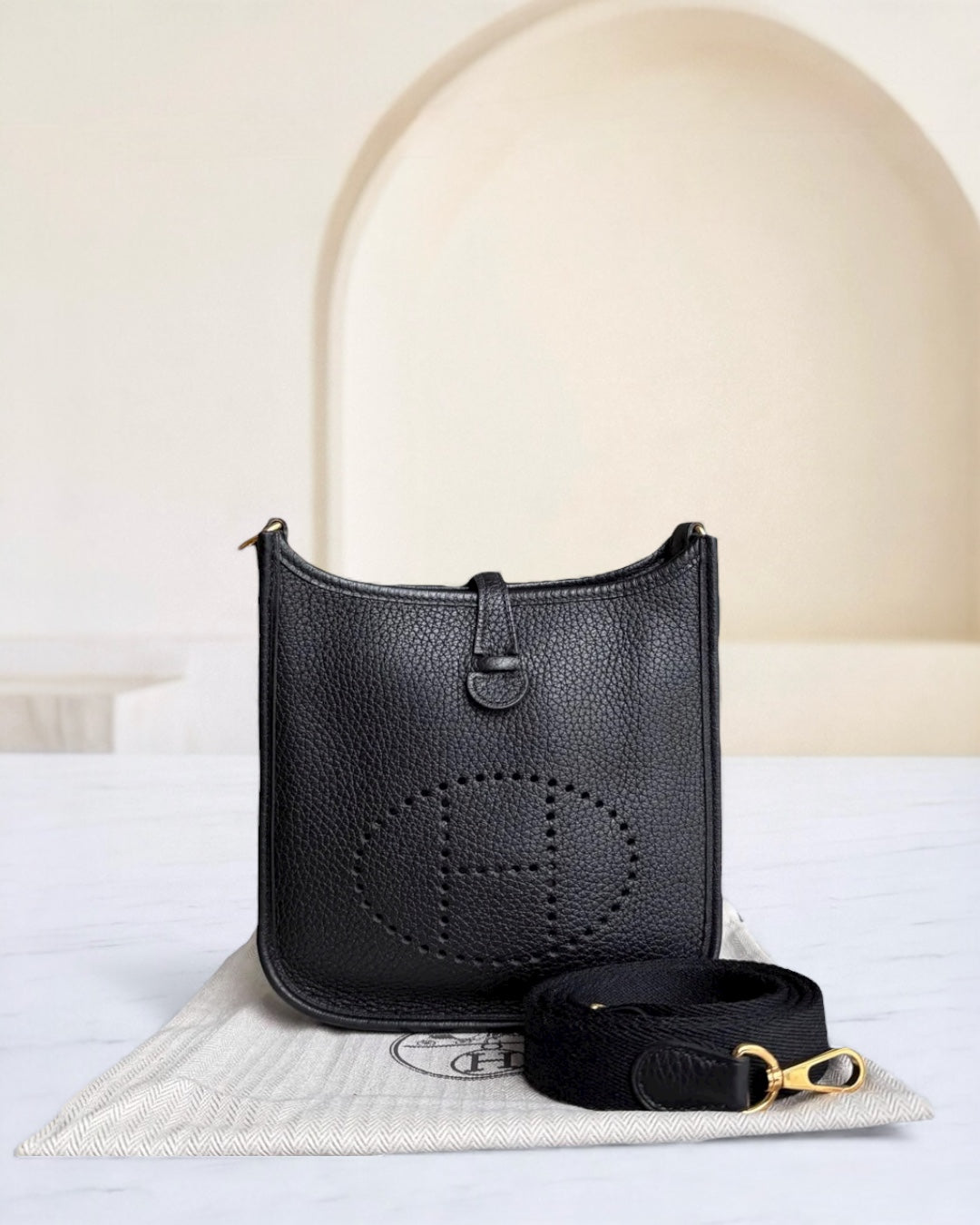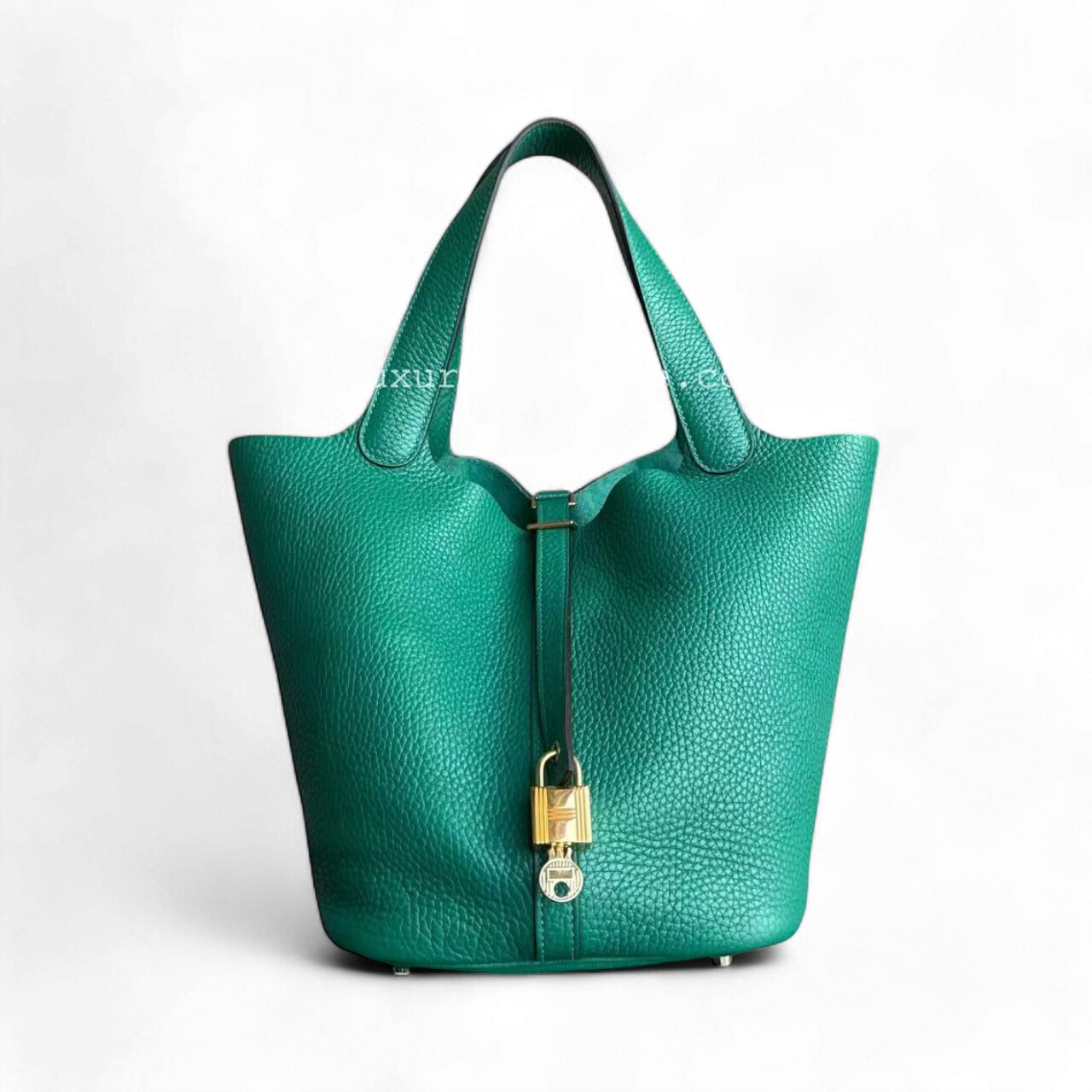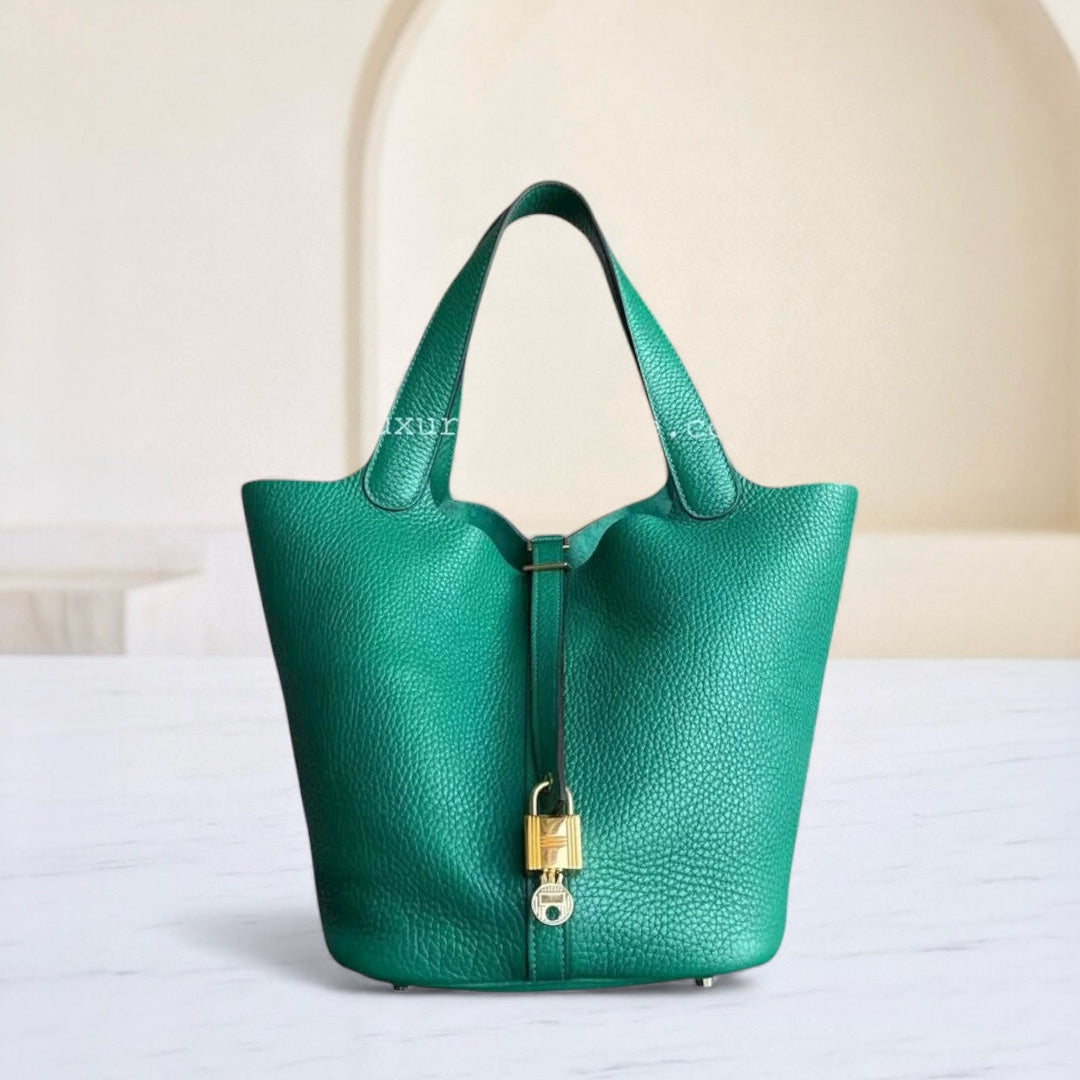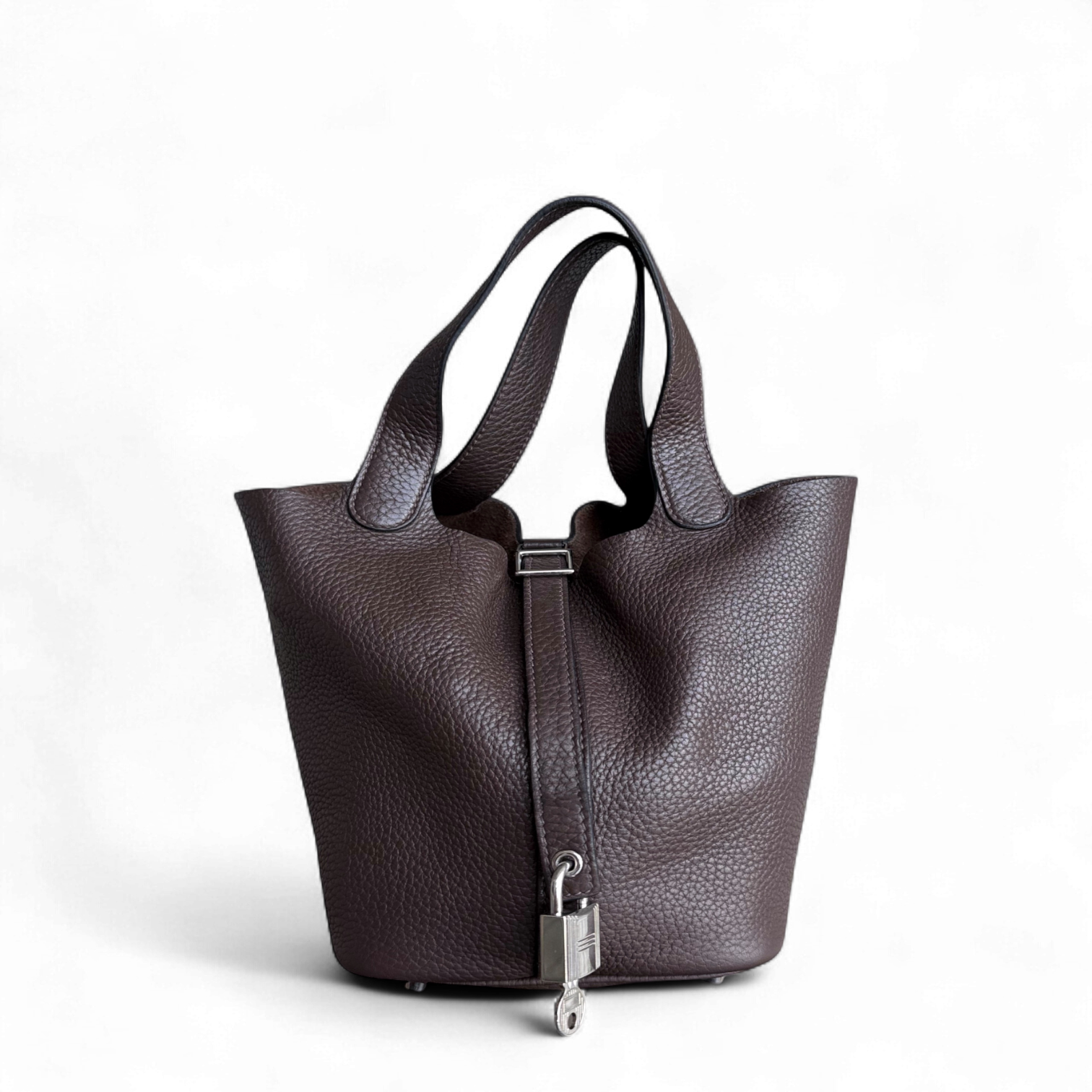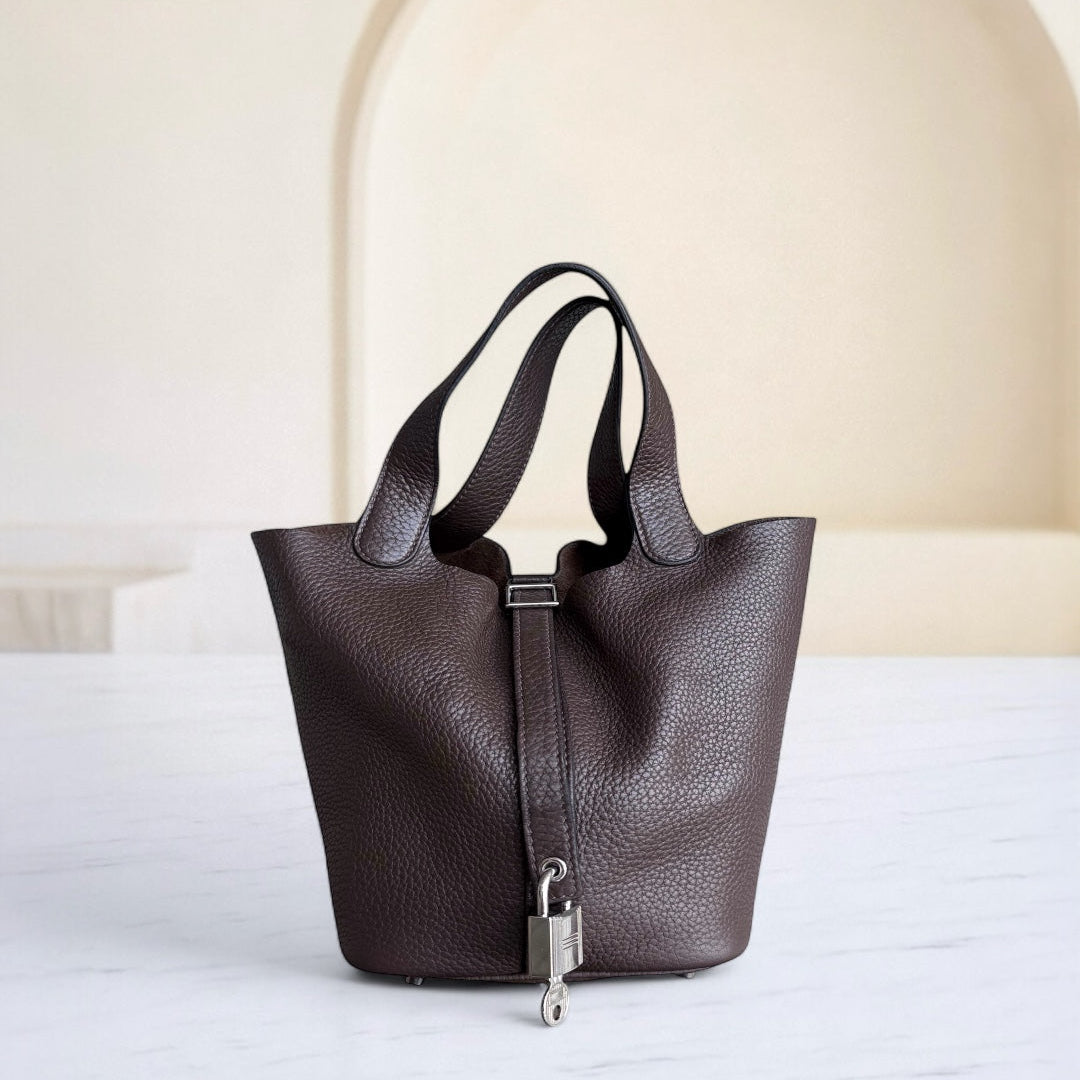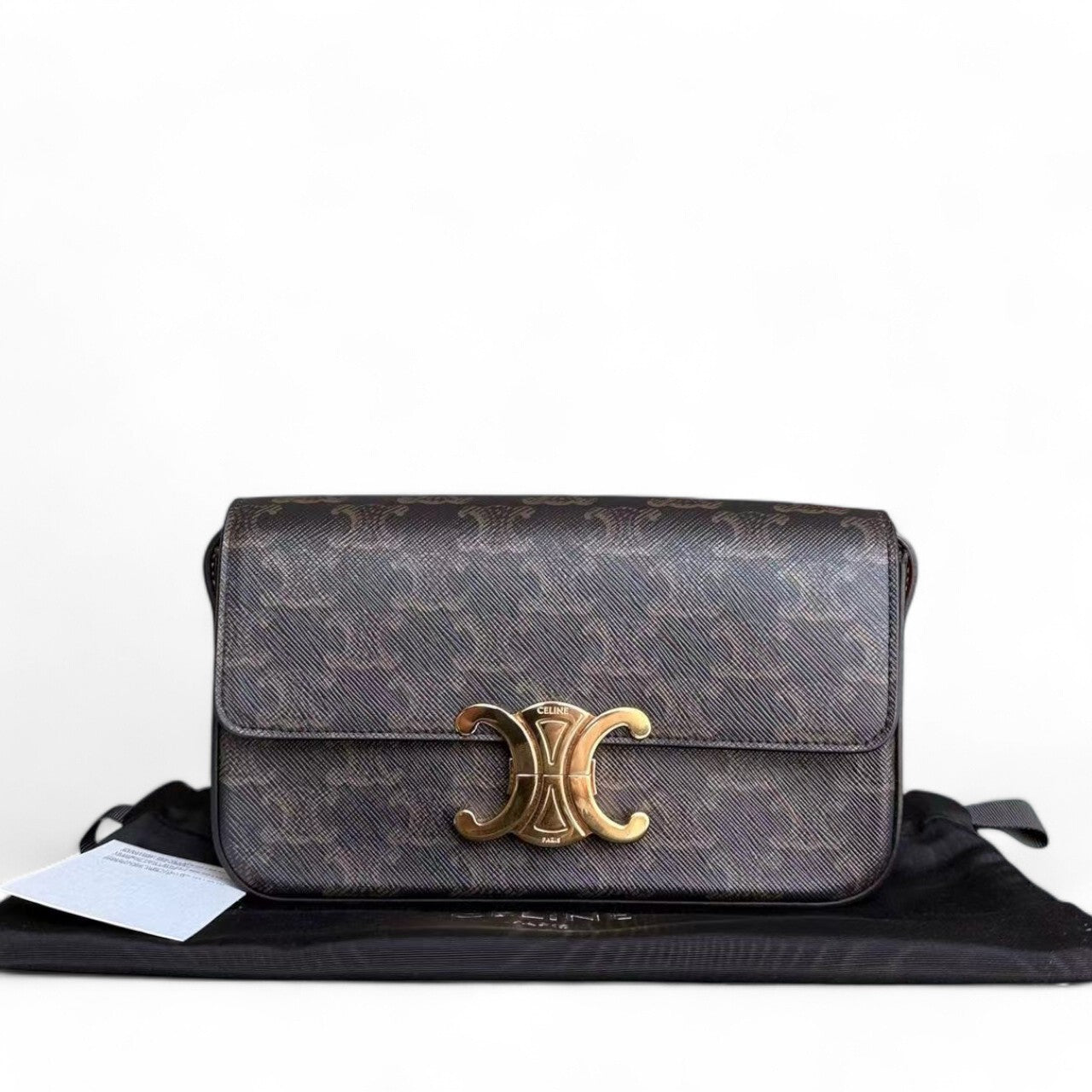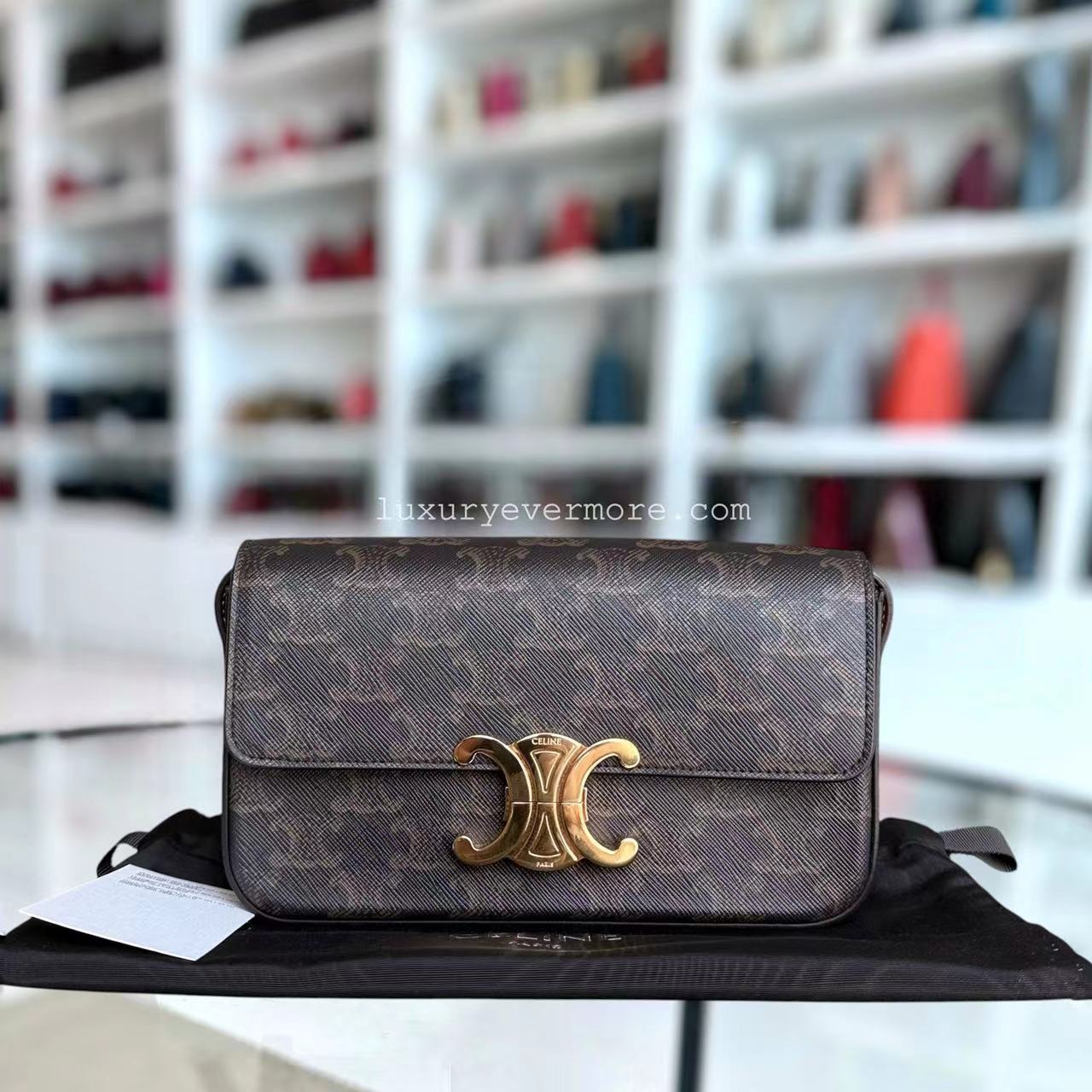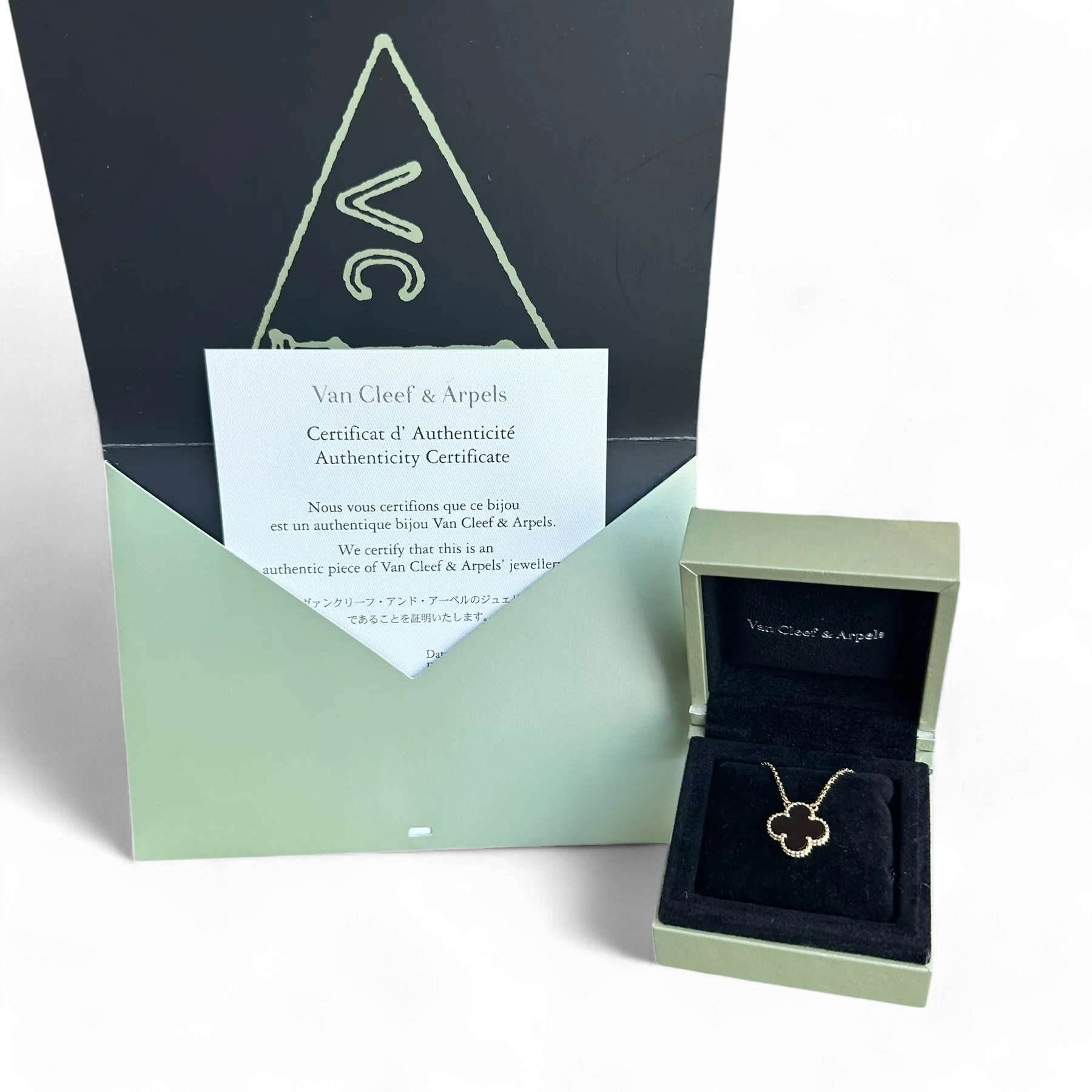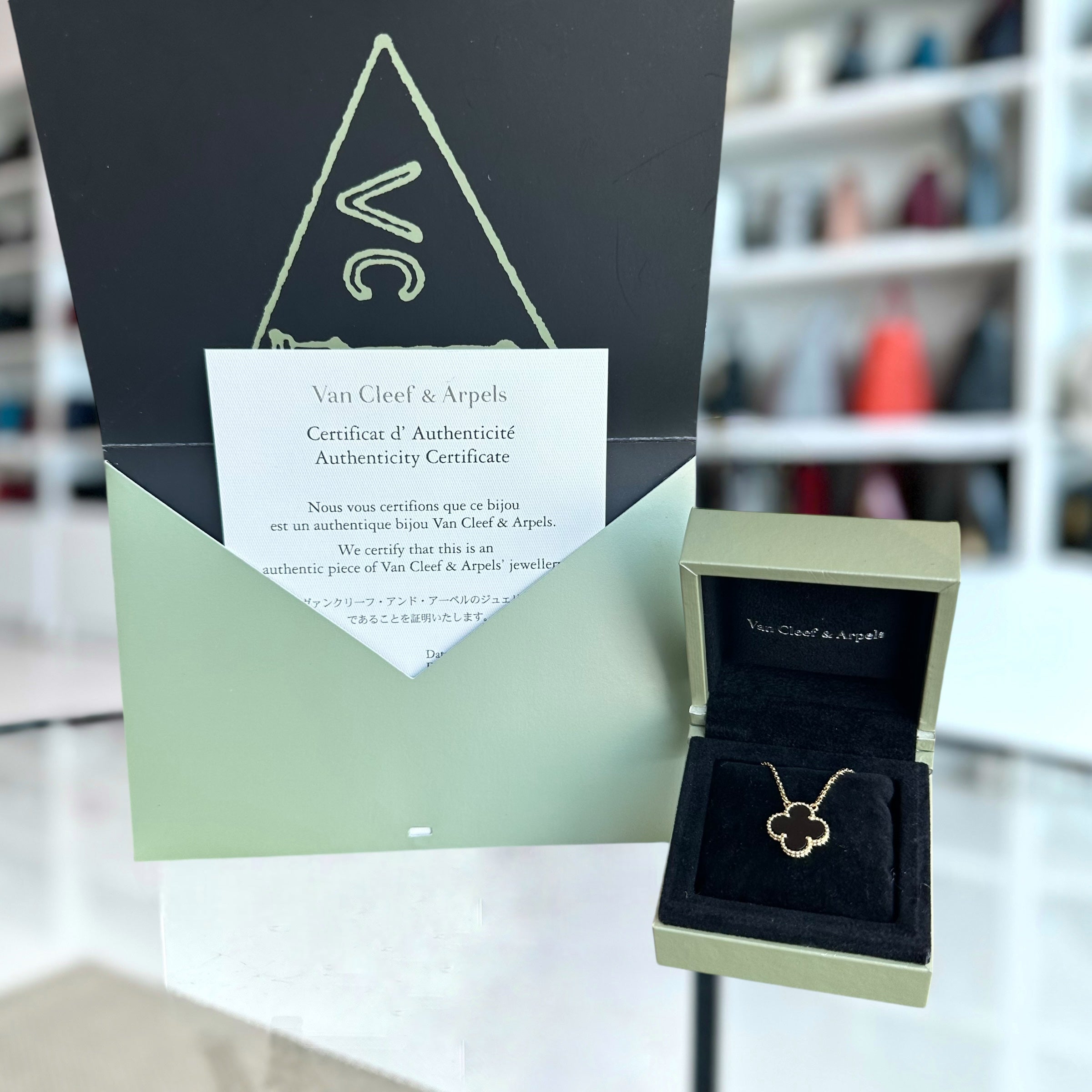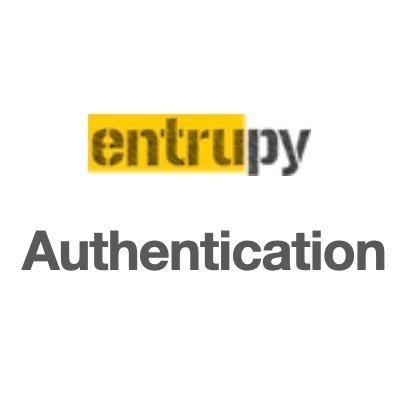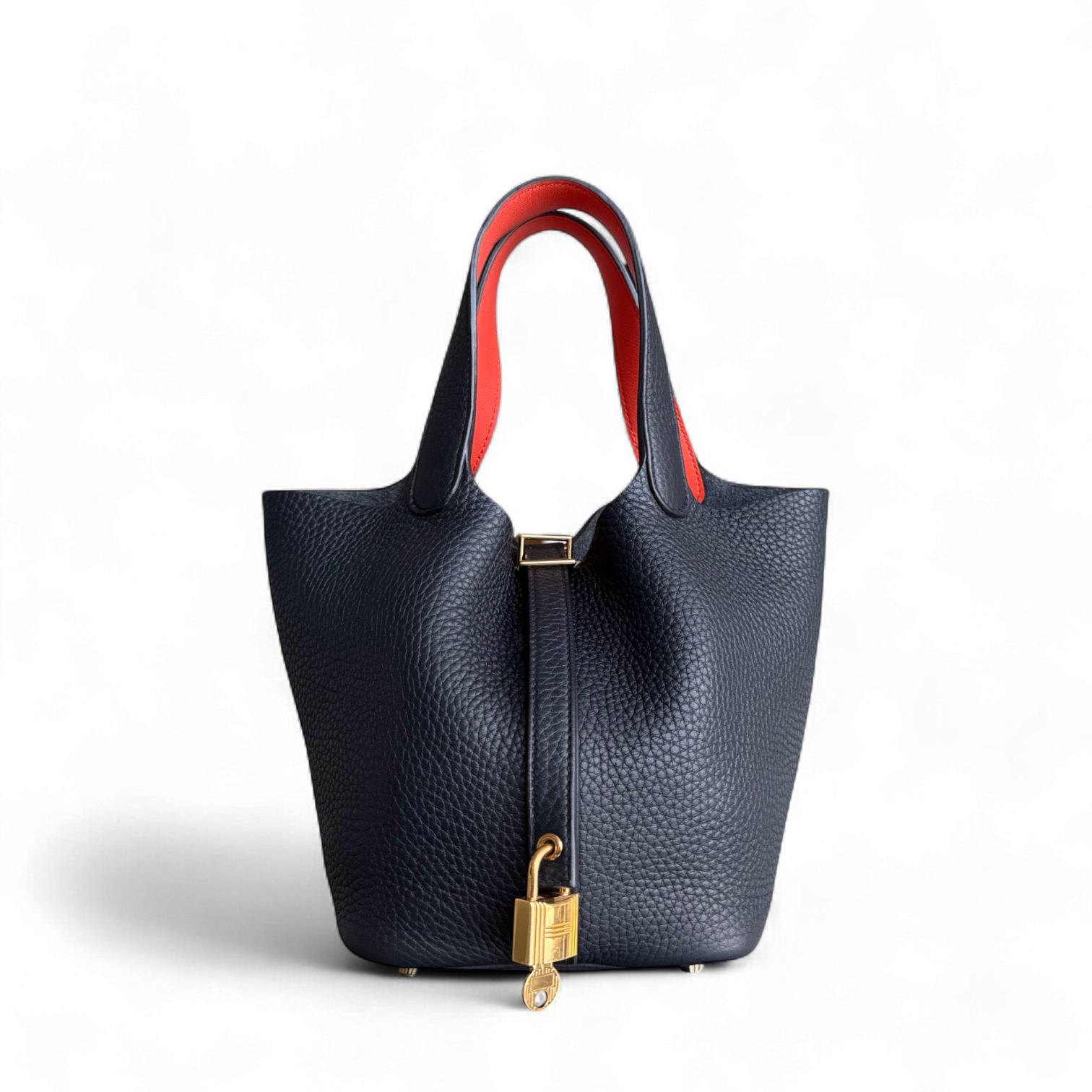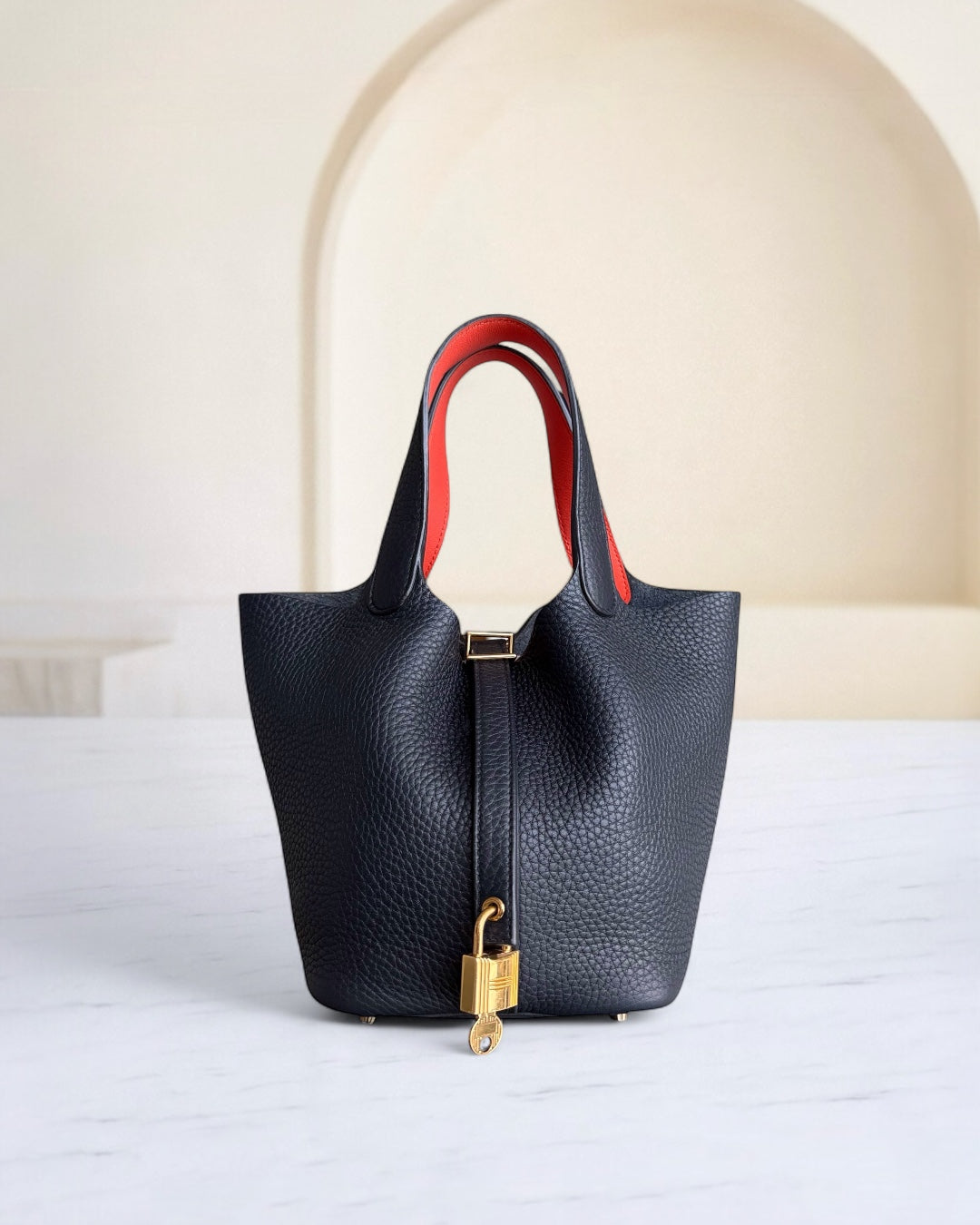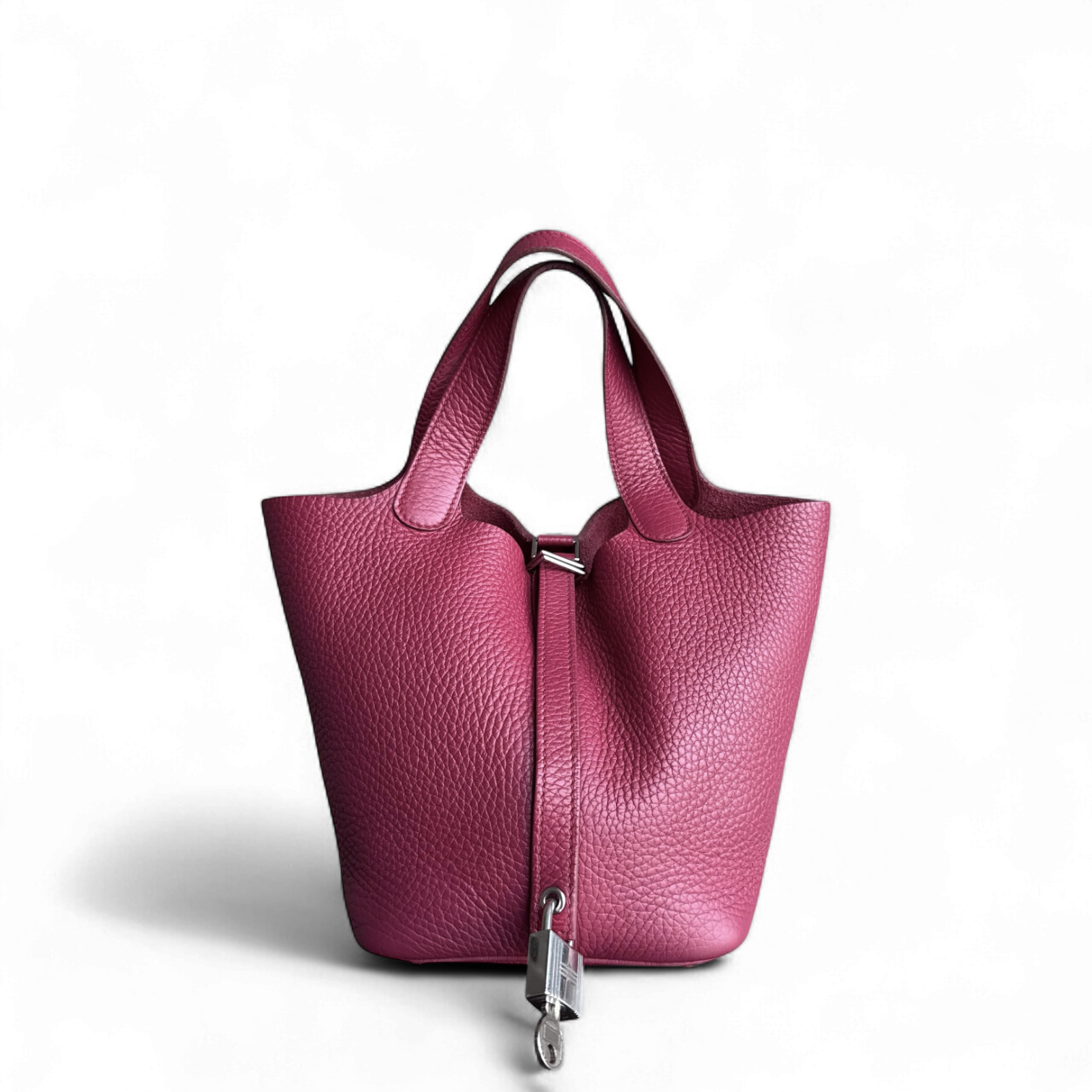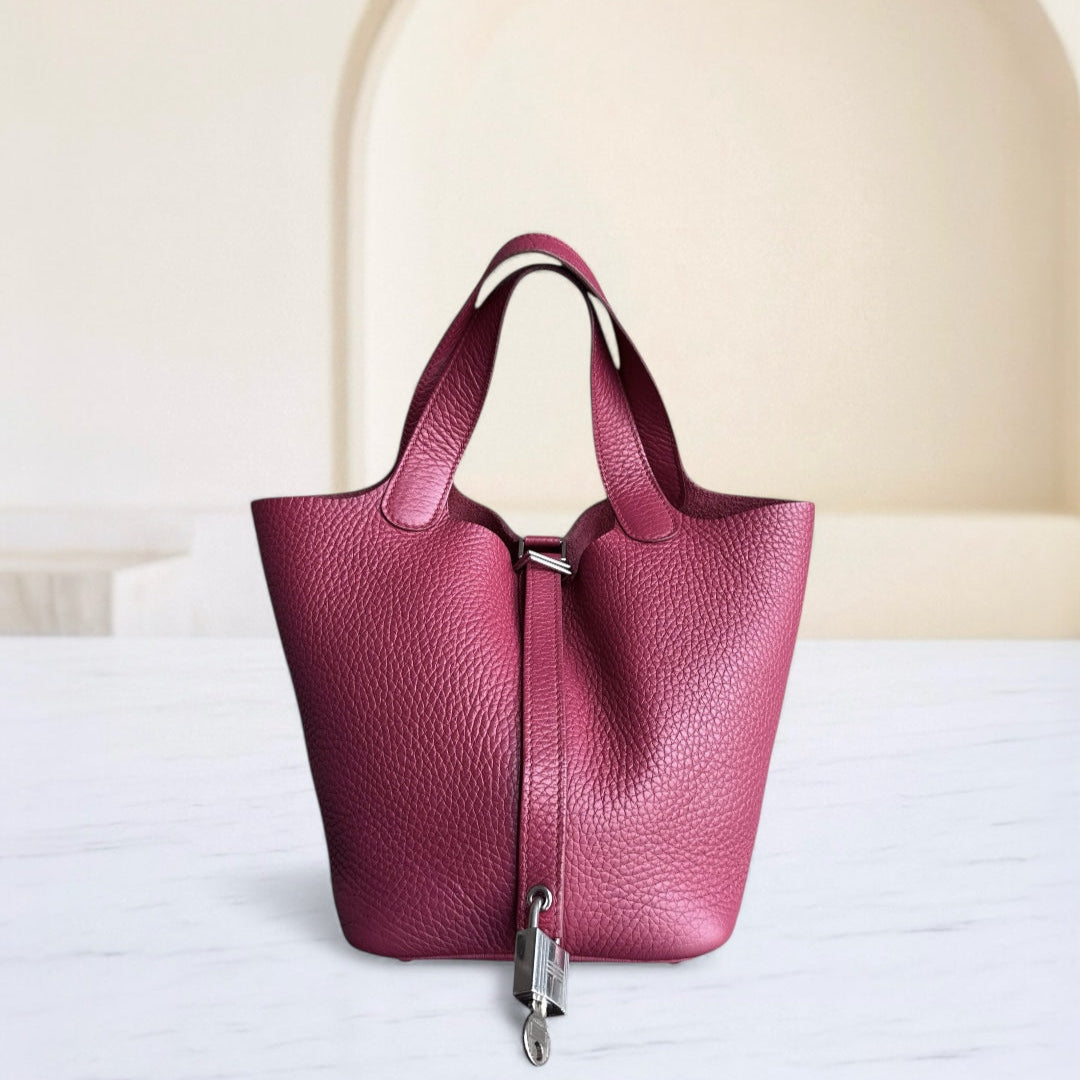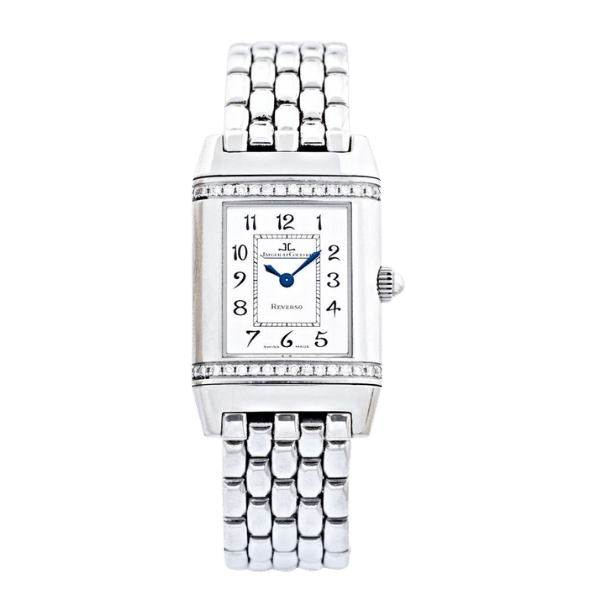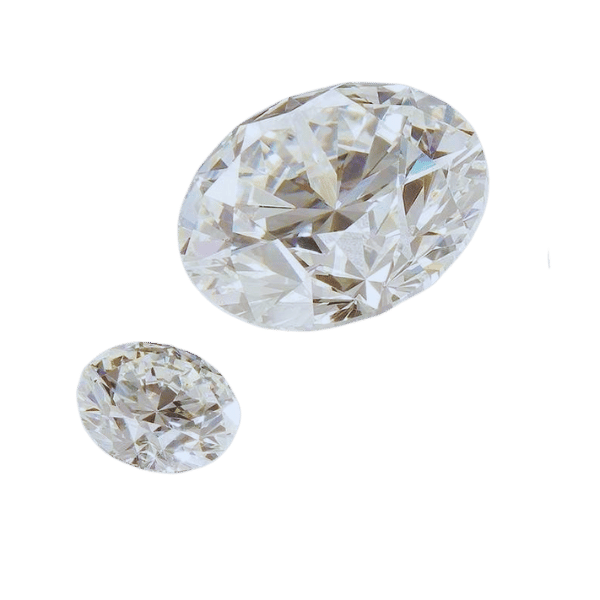Who Buys Diamonds: The Best Ways to Sell Your Diamond Jewelry
Deciding to sell a diamond is a significant step due to the expense incurred when purchasing it. This can be done for upgrading purposes, downgrading purposes, or by selling to make cash from the asset or assets. While it is a viable option, it can prove difficult to understand the market as there are a variety of choices offered from internet channels to local ones. It is important to find out who buys diamonds, what affects the prices, and how to get the price you’re looking for. The purpose of this guide is to explain the nature of prospective diamond customers, present critical issues of selling, and recommend steps for informed and profitable selling of jewelry.
Understanding the Diamond Market

The dynamics of diamond trading are often influenced by supplies and surviving a control organized either by quality or by cost-cutting measures, the economic policies that prevail in the market, and the rate of inflation. Market players are jewelers, end consumers, internet sites, or auction houses. The price of each kind of diamond in the market is affected by its most important 4 attributes, which are the carat weight, the cut, the color, and the clarity, as well as what the diamond is worth. Market prospects for certified diamonds depend on the grading company, such as GIA or AGS, because the price for such diamonds is expected to be higher. It is also important and crucial to note that conducting the sale within the competitive markets, including keeping prospective markets in such paramount distances, is more effective towards maximizing return and minimizing friction.
Current Trends in Diamond Demand
Multiple factors, including changes in consumer tastes, prevailing economic circumstances, and the dynamics of the international market, affect demand for diamonds. Recently, many people, owing to their low price and eco-friendly methods of production, Vanillin is the greatest threat to the diamond industry people are now very frugal and want control over so many things, and this has increased the sales of conflict free diamonds. However, as well as the other countries that buy diamonds, inflation and self-discretionary income limit their buying capacity. Asian and North American regions together form mainstream luxury consumption that calls for distinctive shapes and customized jewelry.
Factors Influencing Resale Value
- Diamond Quality: The resale value of a diamond will mainly depend on its carat weight, cut, clarity, and color, which are commonly known as the four Cs. Generally, the better quality stones are the ones that maintain their value over a longer period of time.
- Market Trends: The changes in the market demand for and purchase economic conditions can heavily affect the price of diamonds in the resale market. For instance, changes in global world luxury expenditure and consumer tendencies during shopping.
- Certification: Diamonds are generally more valuable when a genuine certification is attached from gemological sources of repute like the GIA and AGS.
- Condition: The relative condition of the diamond, along with its mounting, whether it is in original or in perfect condition, or has signs of wear or damage, will usually affect how desirable it is and its resale value.
- Rarity: In most cases, specific details, for instance, cuts or even such colors, are able to substantially increase their worth as such diamonds are rare and attractive to many people, leading to a higher price in case of their resale.
Pricing Fluctuations in the Diamond Market
For instance, trends such as demand changes, factors such as changes in economic situations around the world, or even how there are plenty of them in circulation are some of the determinants of the cost of a diamond. For instance, when a lot of people during the holiday seasons or at important cultural celebrations want to buy diamonds, their prices usually rise. In reverse, the weak economy where there is an oversupply tends to decrease prices. Moreover, events such as geopolitics and dollar rates may change the pricing of diamonds indirectly since it will also affect the trade. Understanding these key points is vital if one is to determine the perceived contemporary market price of a diamond.
Types of Buyers for Diamonds

Jewelry Stores and Their Offerings
When it comes to who buys diamonds, jewelry stores purchase many of them. Their products comprise the diamond fitted into a ring, necklace, or bracelet. Most stores sell only certified diamonds to their clients. They provide affordability to all designs by making appropriate designs for customers, catering to all budget ranges, from cheap to excessively costly items. Furthermore, there are certain jewelry stores that recognize the potential market of consumers needing diamond replacement or exchange, thus providing diamond upgrading or trade-in services, as well as offering designs according to the clients' orders.
Pawn Shops: Pros and Cons
Pros
- Rapid Money: Pawn shops are an immediate source of loans or a quick way to sell items for cash. Thus, allowing one to attend to his or her financial emergencies in no time.
- No Credit Checks: These loans do not require credit checks; hence, such loans can be accessible to people with bad credit scores.
- Flexible Repayment Terms: The borrower repays the loan to reclaim the pawned item within the agreed timeframe. Sometimes these terms are flexible on repayment time.
- Wide Spectrum of Items Accepted: Pawn shops usually accept a wide variety of items, such as jewelry or electronics, or collectibles, so as to increase the chances of the clients liquidating their valuables.
- Possibility for Bargain Purchases: Buyers can snag second-hand items at heavy discounts, thus saving lots of money.
Cons
- Repayment Sufficiently Expensive: The item pawned also loses value due to higher-interest loans annually; hence, it becomes ultimately too expensive to pay back.
- Risk of Losing Assets: Failure to meet loan repayments within the given time frame could mean losing those pawned items forever.
- Lower Valuation of Items: Generally, they pay only fractions of an item's retail value, which may not meet the seller's needs for cash.
- Limited Loan Amounts: Loan amounts accepted are largely dependent upon the value of the items pawned; hence, they may not be suitable for considerable financial needs.
- Reputation and Transactions: Repeated transactions with pawn shops can sometimes carry a stigma, while buyers can be unsure about how good or bad the goods they buy really are.
Online Platforms for Selling Diamonds
Selling jewelry online through different online sites has become quite popular in the modern era due to several reasons, one of which is offering fair market value for precious stones and removing geographical limitations. There are platforms like Worthy, 1stdibs, SellYourJewelry.com, to mention a few, that buy diamonds in order to maintain professionalism, thanks to the requirements governing such practices. Some sites allow the seller to get a free estimate of the price of the diamond because there are no hidden fees. Besides, these platforms include doorstep pick-up of valuables, packing, etc., and payments to sellers are also secure without any fear of loss. Before choosing any site, read the review, and make sure they have licenses or are registered under the Better Business Bureau and similar organizations.
Diamond Exchanges: What to Know
If you want to use diamond exchanges, it is important to know that you have to go for platforms that are transparent and safe. You should only consider those exchanges that have clear pricing, expert valuations, and standardization. Make sure that the platform provides secure shipping and payment methods to avoid risks. You should also check whether the platform has received any kind of accreditation or certification from respected bodies such as the Better Business Bureau in order to assess the credibility and dependability, since the approach predominantly involves the usage of an exchange. That is why it is recommended to use a well-rated and reliable exchange, which will make the procedure efficient and safe.
How to Sell Your Diamonds Effectively

Getting Your Diamonds Appraised
Hire a Qualified Valuer
- Work with an appraiser who is properly accredited, like those that belong to the Aga Khan Society, the Institute of America (IA), or GIA. Such individuals act according to very high ethical and professional standards when valuing items and have the capability to prepare accurate estimates.
Obtain an Appraisal Report
- Select an appraisal that includes a table setting out the characteristics of the diamond, such as carat weight, color grade, clarity, and cut. The importance of this report cannot be denied, as it allows transparency and all parties concerned to understand the true worth of the diamond.
Have A Separate Appraisal
- Suggest asking someone who buys diamonds as a profession to do an assessment for the purposes of selling. It reduces some of the potential bias, if any situations where interested buyers may arise.
Preparing Your Diamond for Sale
Maintain the Cleanliness of Your Diamond
- Keep the diamond clean, as it makes the stone look more stunning. A jewelry cleaning solution or mild soap and warm water will do. Refrain from using harsh substances that may scratch the stone or the metal holding it.
Wrap Up The Paperwork
- In particular, all of the paperwork, including certificates, appraisals, purchase receipts, etc, needs to be collected. Since it gives any potential buyers invaluable data, it also serves as proof that your diamond is real and worth a certain amount of money.
Understand the Market
- Look at the state of the current market and the prices of the diamonds on sale, which are of a similar type to yours. This is to avoid overpricing or underpricing of your diamond.
Select an Appropriate Selling Technique
- Furthermore, decide whether you will sell the diamond to a private individual, a jeweler, use the Internet and marketplaces, or participate in an auction. While each option has advantages and disadvantages, the decision is influenced by factors like who buys diamonds more quickly or why not more profitably.
Comparing Offers from Different Buyers
While considering proposals from various individuals or firms, pay specific attention to the conditions attached as well as any hidden fees and commission charges on top of the basic figure proposed. Firstly, ensure you have reviewed written proposals from each of them beforehand to avoid any compromises. Thirdly, check whether the buyer has certification or evaluation documentation for your jewel, boosting the level of trust in the deal. First rank potential buyers utilize secure payment systems such as wire transfers. Finally, take into account the credibility of the person in terms of opinions or recommendations given, so as not to waste time on the sale.
Tips for Getting the Best Price

Obtaining Certification for Your Diamonds
When you buy diamonds, you need to make sure that their value and authenticity are well documented. The first thing you will have to do is find some reputable gemological laboratories like the Gemological Institute of America (GIA) or the International Gemological Institute (IGI) or the Institute of Gemology IFGI. Those institutions will give you detailed diamond grading reports, which will contain a detailed account of the diamond’s cut, color, clarity, and carat. To get your diamond certified, submit it to the chosen laboratory for evaluation. Along with that, a certificate would always increase the level of trust of potential buyers, help in setting the price correctly, and subsequently, make the diamond easier to sell.
Cleaning Your Diamond Before Selling
To make your diamond appear pristine before you get rid of it, use the most reasonable and convenient means available. In a small jar, combine some warm water with liquid soap, then place the diamond in it, and leave it unattended for about 20 minutes. Use a soft-bristle brush to gently scrub the diamond; make sure you clean the less accessible places. Lukewarm water should be used in rinsing and drying the stone using a duster. Do not use strong solvents and ultrasonic cleaners unless a jeweller recommends so, since these may either scratch the diamond or its mount. Clean the diamond correctly so that it looks more brilliant and attracts more buyers.
Understanding Market Value vs. Sentimental Value
Market value denotes the amount of money determined by current open market trends for a particular diamond. It is highly conditioned by factors including the weight of the diamond, the cut, the color, and the nature of the diamond. This type of valuation is absolute and informed by the normal practices within the trade. Sentimental value, on the other hand, is applicable to an individual, and it emanates from the bond one has with the diamond, which is nothing but knowledge of what it means or memories that he/she shared with. Although sentimental value provides immense satisfaction to an individual, it doesn’t affect the market value of a diamond when reselling it. This concept is crucial, especially when seeking to appraise a diamond for certain purposes such as disposal or underwriting.
Common Mistakes to Avoid When Selling Diamonds

Undervaluing Your Diamond
It is one of the priorities for diamond selling that should receive particular focus, that is, valuing the diamond reasonably. It is important to ask a professional gemologist or find a qualified appraiser who can give you reliable valuation estimates regarding the diamond. It is because that will only depreciate the stone. Furthermore, find out the latest market trends and the most preferred diamonds in terms of specific aspects such as carat size, cut, color, and clarity. Thus, you will be able to price your stone in a much better position and avoid those who buy diamonds at a loss.
Choosing Untrustworthy Buyers
Gambling on purchasers that turn dodgy can lead to monetary damages and more work. In order to secure oneself from this, observe some objective or means of appraising the buyer’s credentials, as well as feedback and ratings from the papers and the buyers’ peers. Reputable buyers will always be good communicators, make pals, offer fair terms, and provide supporting documents, including payment arrangements and other specifications. Watch out for buyers who try to hustle you into concluding the deal too fast, or who buy diamonds at a very low price for reasons unknown, or who insist they cannot be checked upon. It is advisable to take care and deal with known companies or services smartly for any trade, purchase, or sale.
Not Doing Enough Research
Ignoring Market Trends
- When you do not keep up to date with current market trends, you can undervalue or overprice your items. Do your observations about demand, average market value, or recent sales so that you are well-informed.
Depending on a Limited Number of Sources
- Depending on a single source of information can lead to incomplete or inaccurate conclusions. Use multiple reliable sources to get a 360-degree view; industry reports, forums, and expert opinions are some examples.
Lacking Competitor Analysis
- If you do not analyze your competitors, you will be ignorant of pricing, offerings, or strategies that impact your position in the market. Analyzing competitors allows you to spot opportunities and maintain a competitive edge.
Frequently Asked Questions (FAQs)
Q: Who are the buyers for diamonds and diamond jewelry?
A: These buyers may be local jewelers, online buyers of diamonds, pawnbrokers, or diamond-specialist buyers. The services offered and prices they may propose can all differ, so researching which would be the best place to sell one's diamonds is important.
Q: So far, which is the best place to sell a diamond?
A: For the best place to sell a diamond, it's most often dependent upon your needs. Local jewelry stores may offer you cash on hand, whereas online diamond buyers might be in a better position to submit competitive bids. Gathering offers from different buyers can help you get the price you want for your diamond.
Q: How to sell loose diamonds for cash?
A: Cavorting Ways of selling cash for loose diamonds include pawnshops, jewelry stores, and the Internet. Be sure you have that diamond certificate for appraisal to get an honest and fair price.
Q: What are some things to consider when selling my diamond engagement ring?
A: Consider examining the diamond concerning the quality facets and grading by cut, carat weight, and clarity to be able to sell it through a local jeweler or an online buyer so as to sell it for the best price. Do look up prior sales of items similar to your own.
Q: Do fair values apply to used or pre-owned jewelry?
A: Your used jewelry can be fairly valued if you have the pieces appraised by a recognized jeweler or gemologist. The better you understand your jewelry's value, the better you can negotiate a deal with potential buyers.
Q: What benefits does the Internet provide to a diamond seller?
A: Online diamond selling means wider exposure and competing offers. Many online buyers of diamonds pride themselves on giving diamonds a fair value and often make quick payment, thus, convenience can be given to the seller.
Q: Is it better to sell diamonds at a pawn shop or a jewelry store?
A: The choice between selling to a pawn shop or a jewelry store will depend on your particular needs. Pawn shops may offer quick money, but could potentially give you less, whereas jewelry stores have the skill to probably appraise your diamonds correctly and reward you with better prices.
Q: How to go about looking for respectable diamond buyers?
A: Diamond buyers grow respectable by having good reviews online, and requesting a free diamond appraisal gets them some credibility. Local jewelers with great feedback and online diamond buyers that have been around for a while can be trusted.
Q: What is it that makes the final price of a diamond?
A: The final price of a diamond will highly depend on several things: how big it is, quality factors like cut, color, and clarity, the current demand of the market, and whether it is accompanied by a diamond certificate. When you know the factors, you will realize how to maximize the selling price.
Q: What should an individual do to sell diamonds and diamond jewelry?
A: Selling diamonds and diamond jewelry begins by checking out their value and status. If certificates and appraisals are present, then look into several paths for selling, from jewelers in the town, sellers in an online market, to pawn shops, that could possibly give the best price.
Reference Sources
1. GIA (Gemological Institute of America): Natural Diamonds | Diamond Stone
- The guide is an exhaustive array that covers everything diamonds: their history, the factors affecting their quality, and buying considerations.
2. Washington and Lee University - Economics Blog: The Diamond Trade: De Beers, Russia, and the Industry Today
- This source explains the mechanism of the diamond trade: the major players, like De Beers, and their ability to manipulate the market.
3. Federal Trade Commission (FTC): Buying Gemstones, Diamonds, and Pearls
- A buyer's guide for gemstones and diamonds: what each term means and how to best purchase them.
4. Michigan Government - Consumer Protection: Selling Precious Metals
- Carrying out several tips on selling jewelry, including diamonds, while pointing out the' importance of appraisals.
5. Diamond
6. Jewellery
7. Gemstone
Contact Luxury Evermore should you need help with acquiring or building up your collection. There is a variety of brands with different styles, as well as sizes, and colors, for example, Hermes, Chanel, lv and Dior. If you are not lucky enough to find the bag you are looking for on our website then our concierge team will probably be able to order it for you. We provide 100% authenticity guarantee for all our bags, and any item sold on this site will be dispatched to you within one to two business days upon receipt of the payment.
